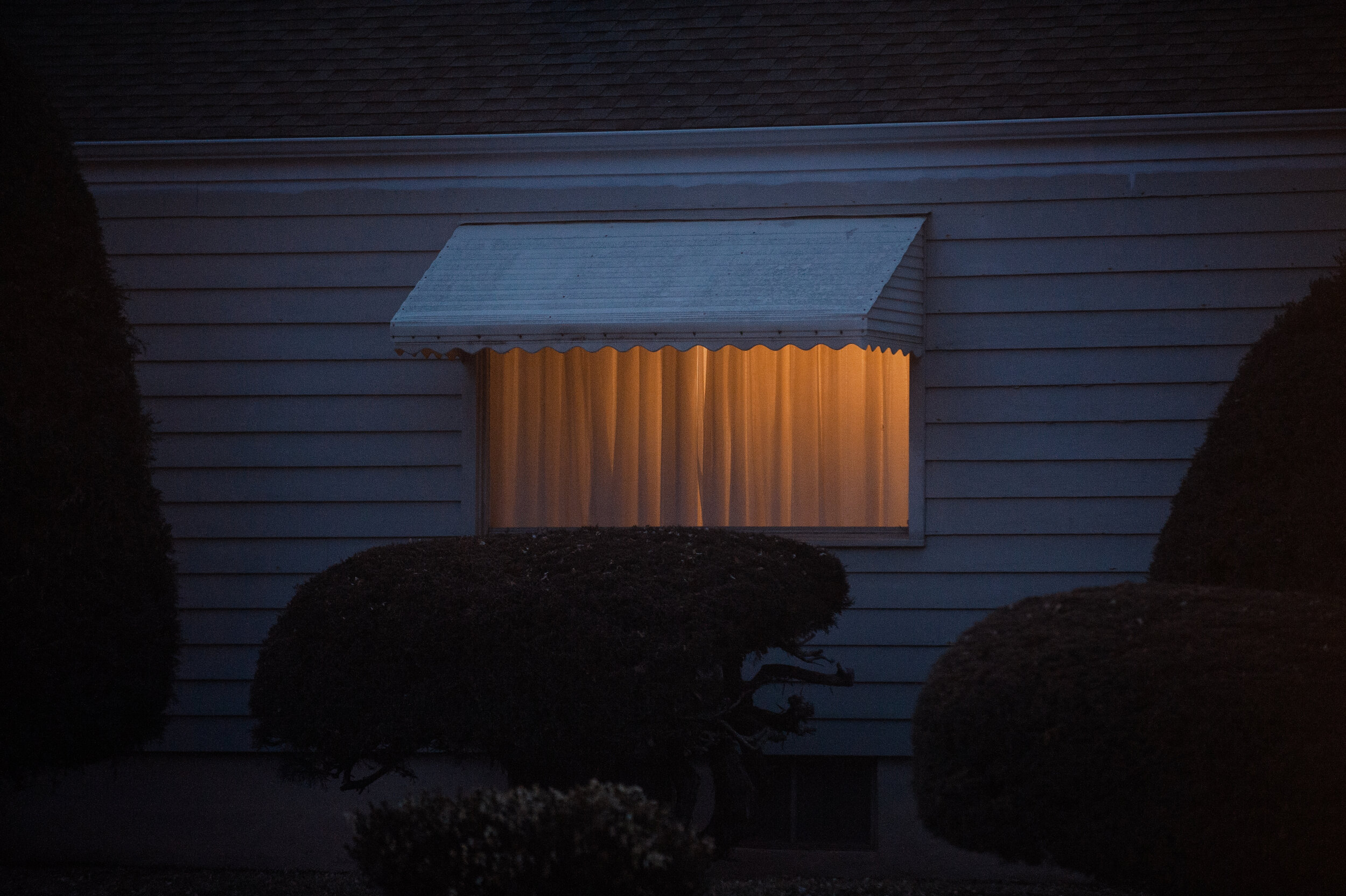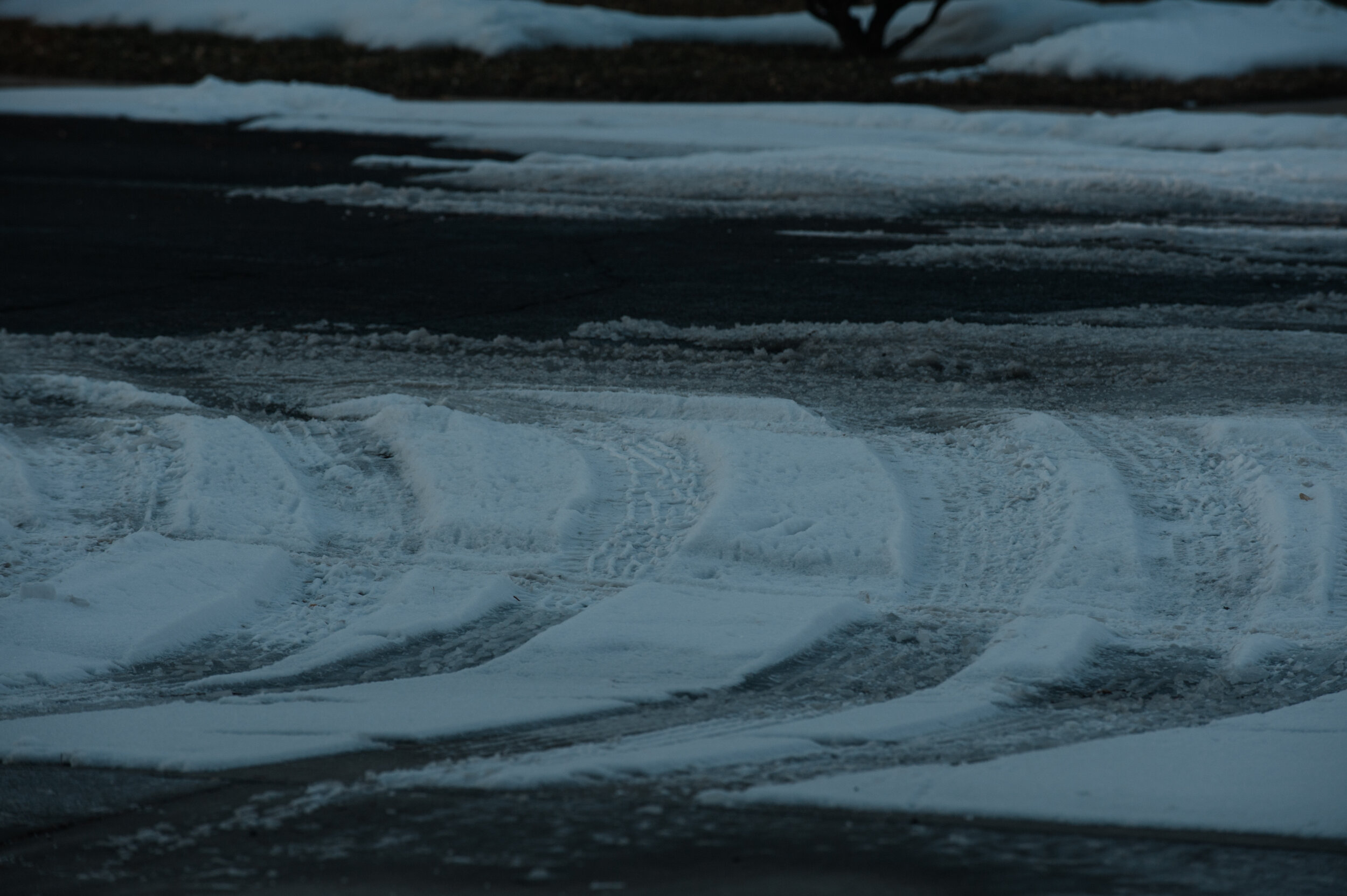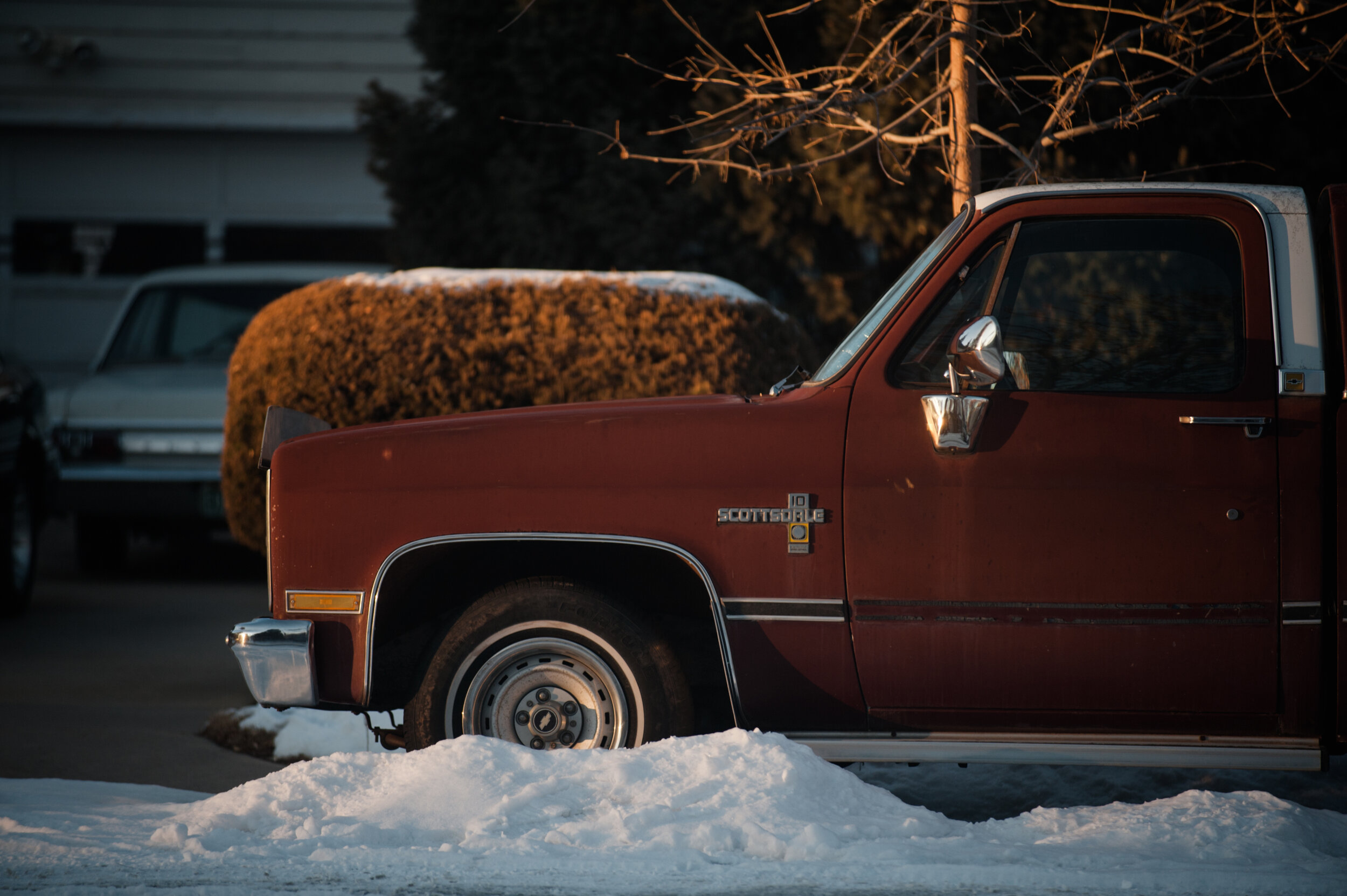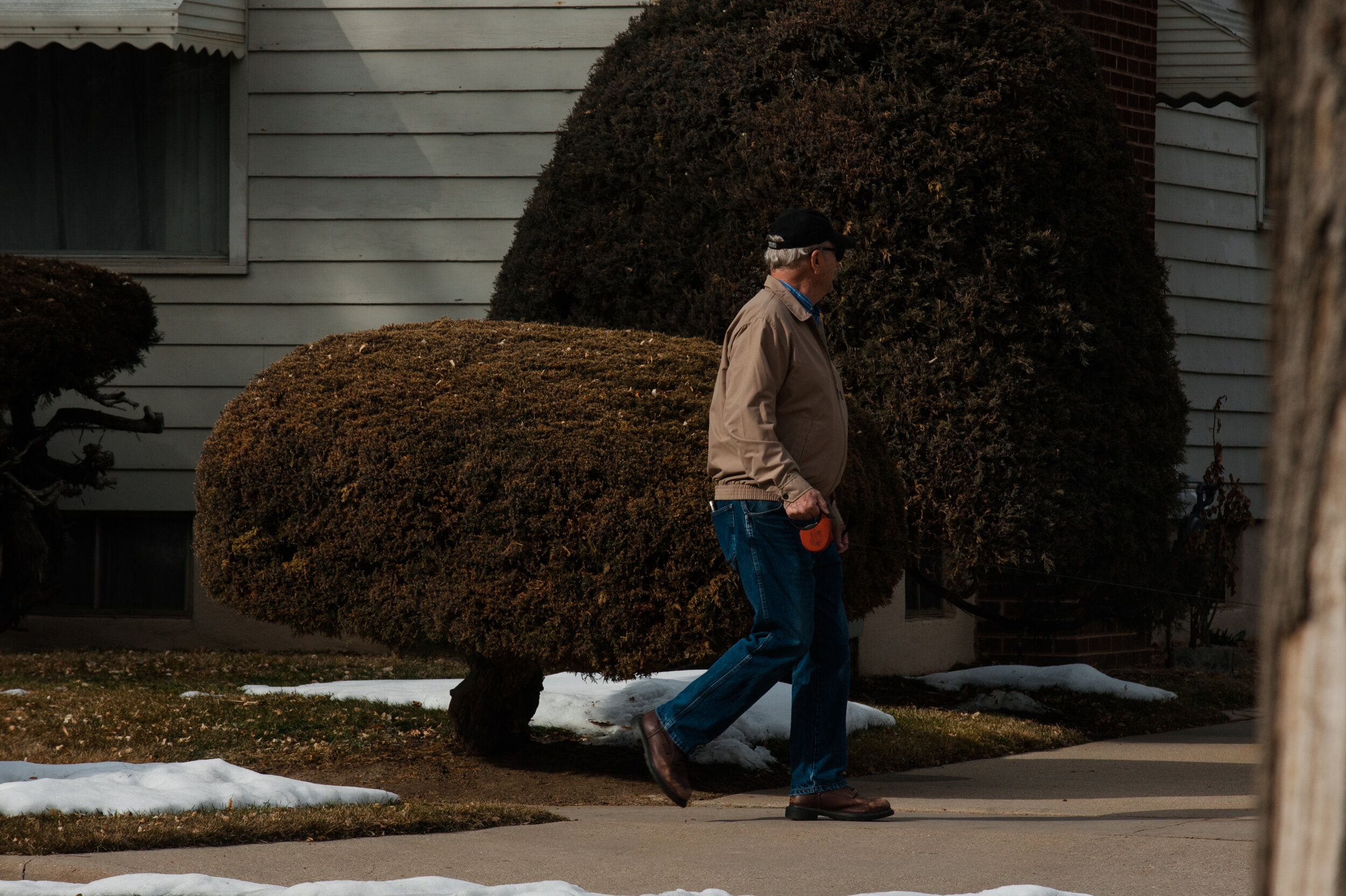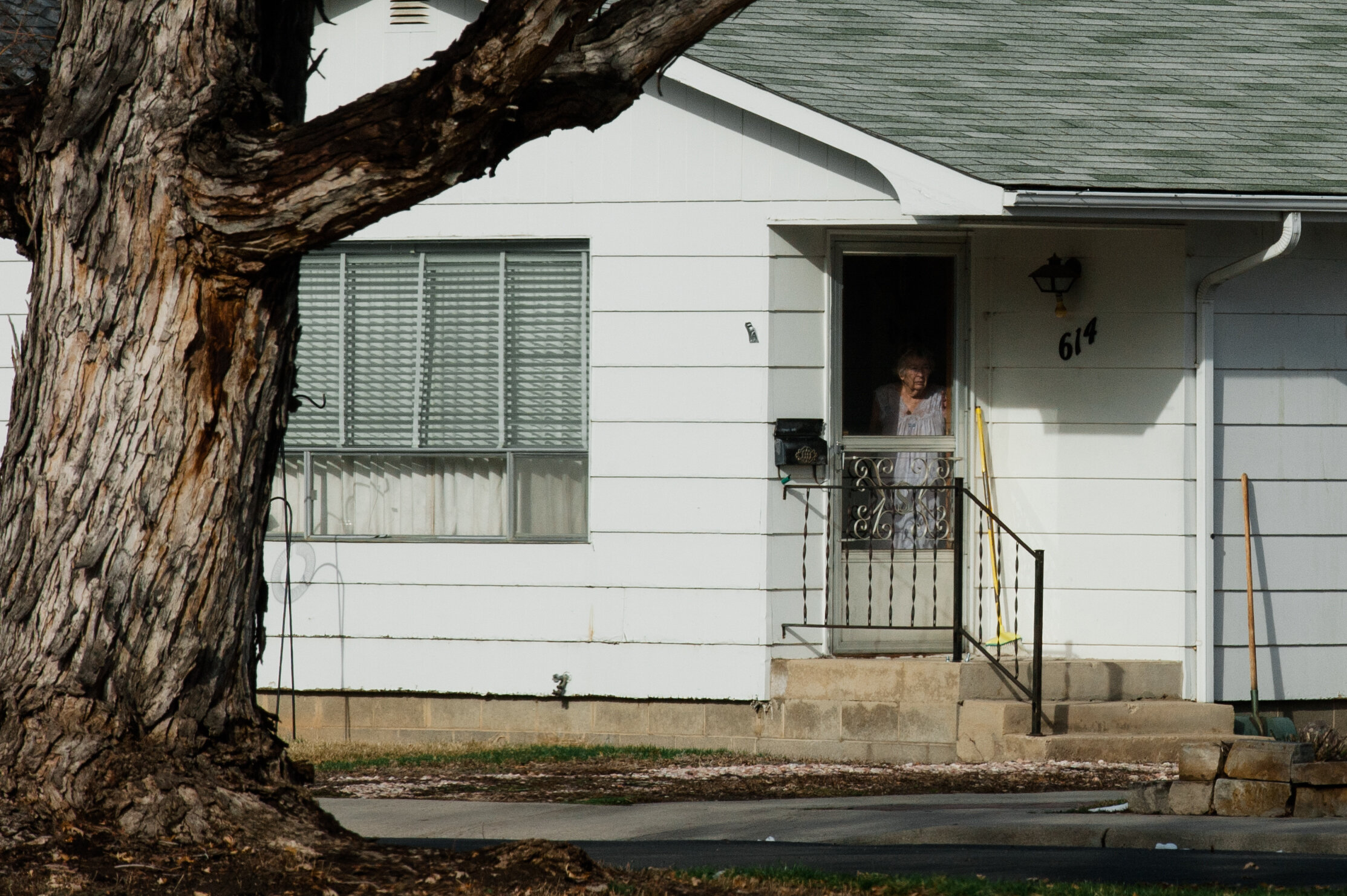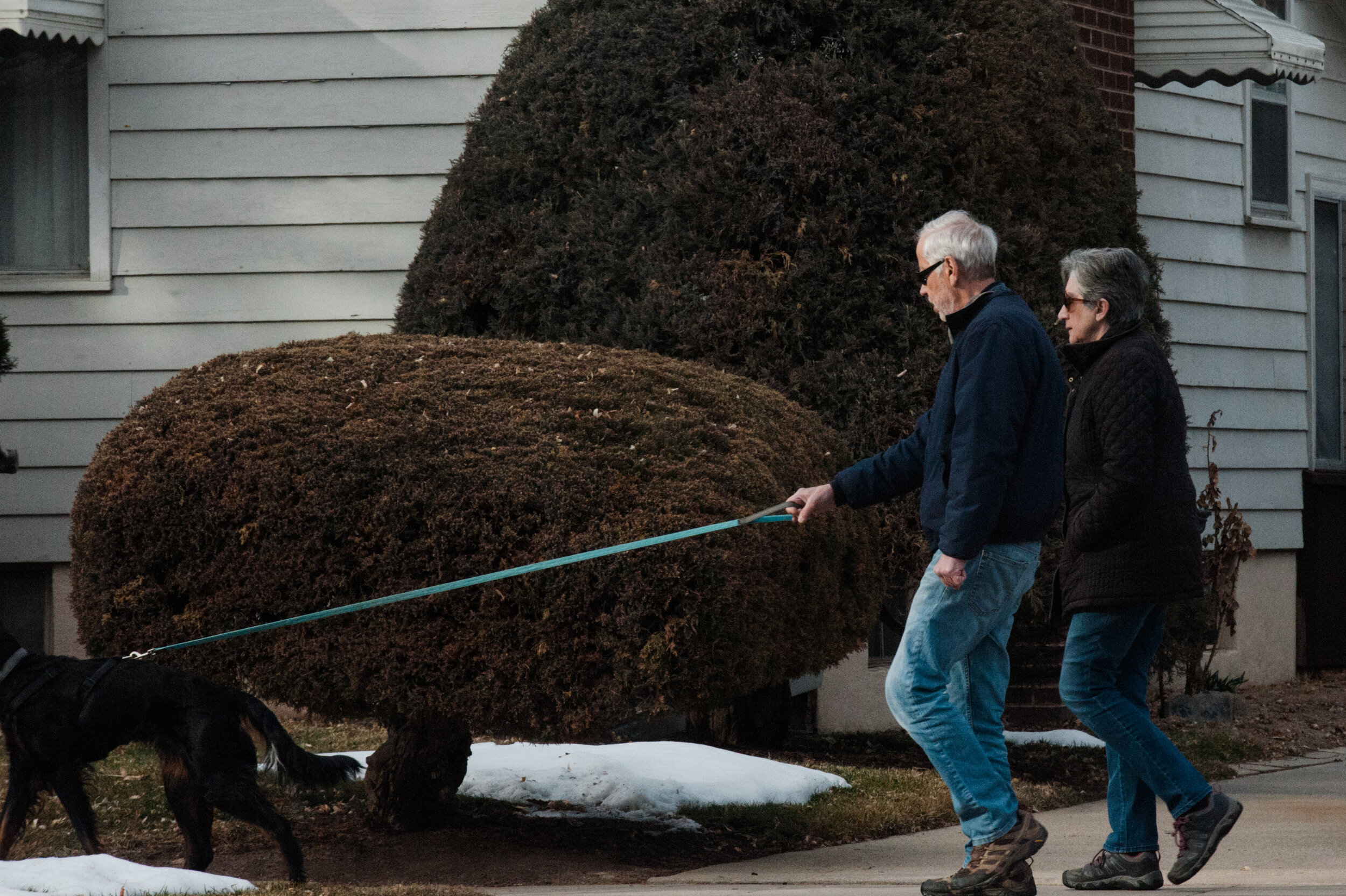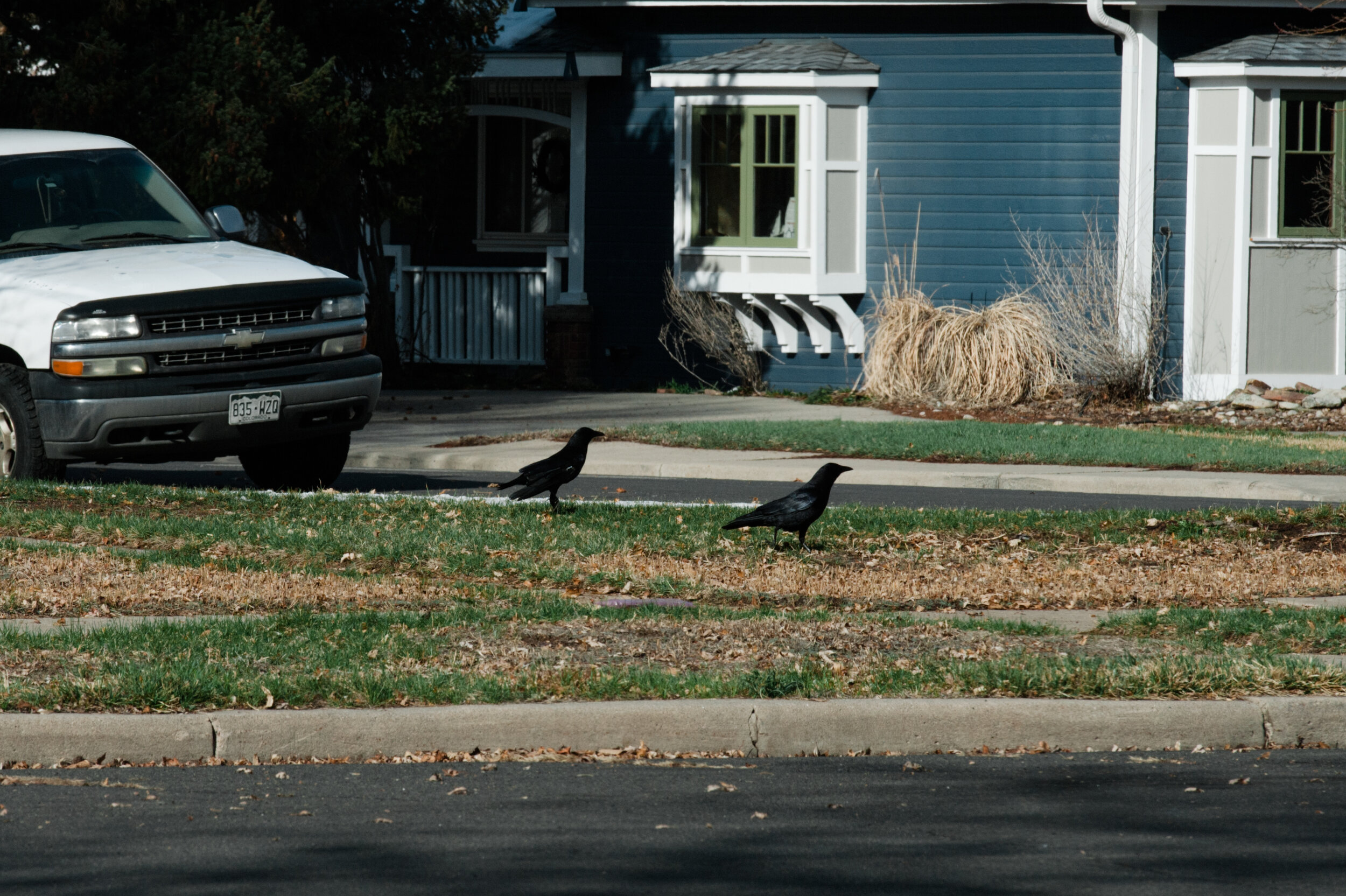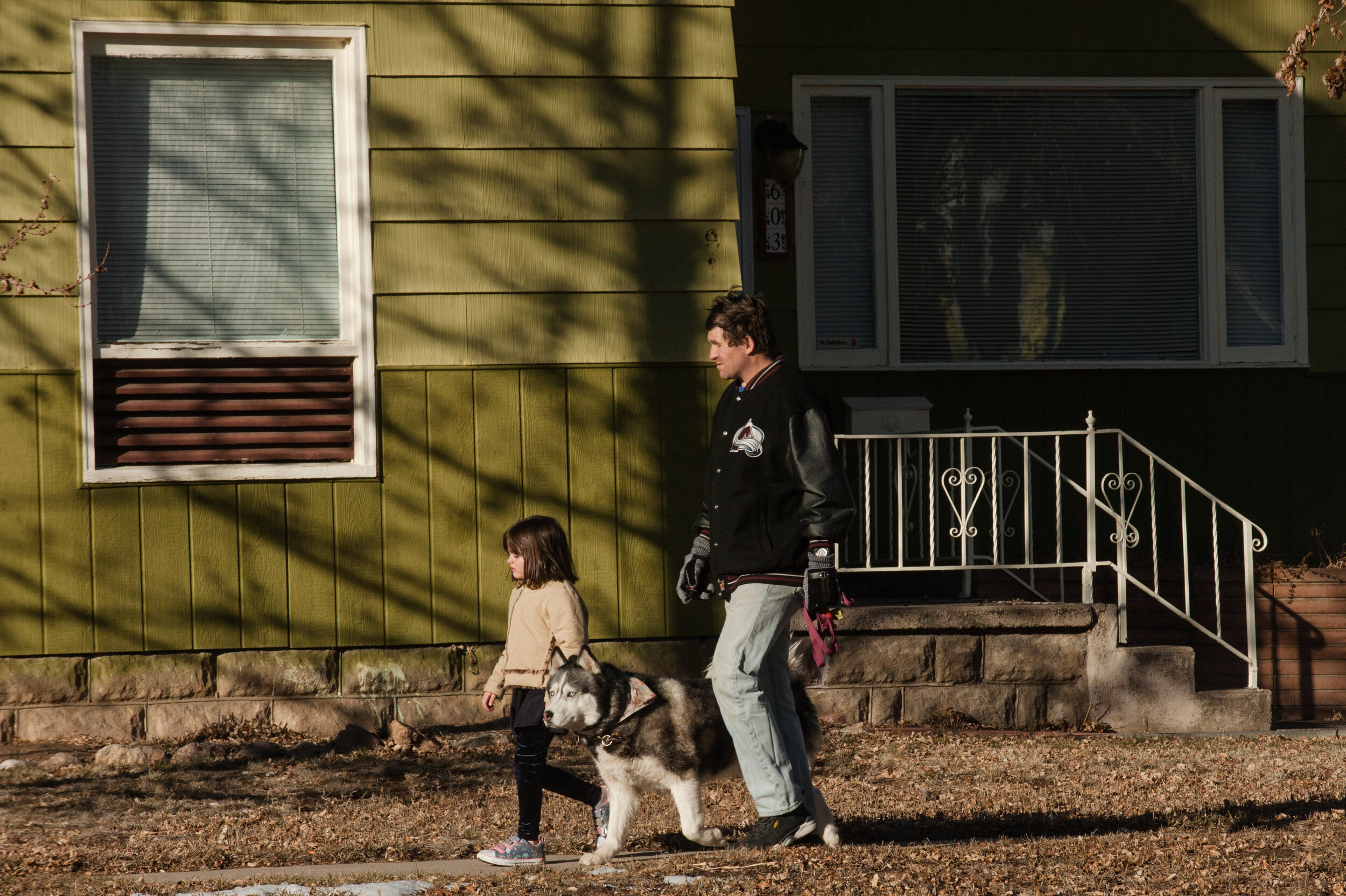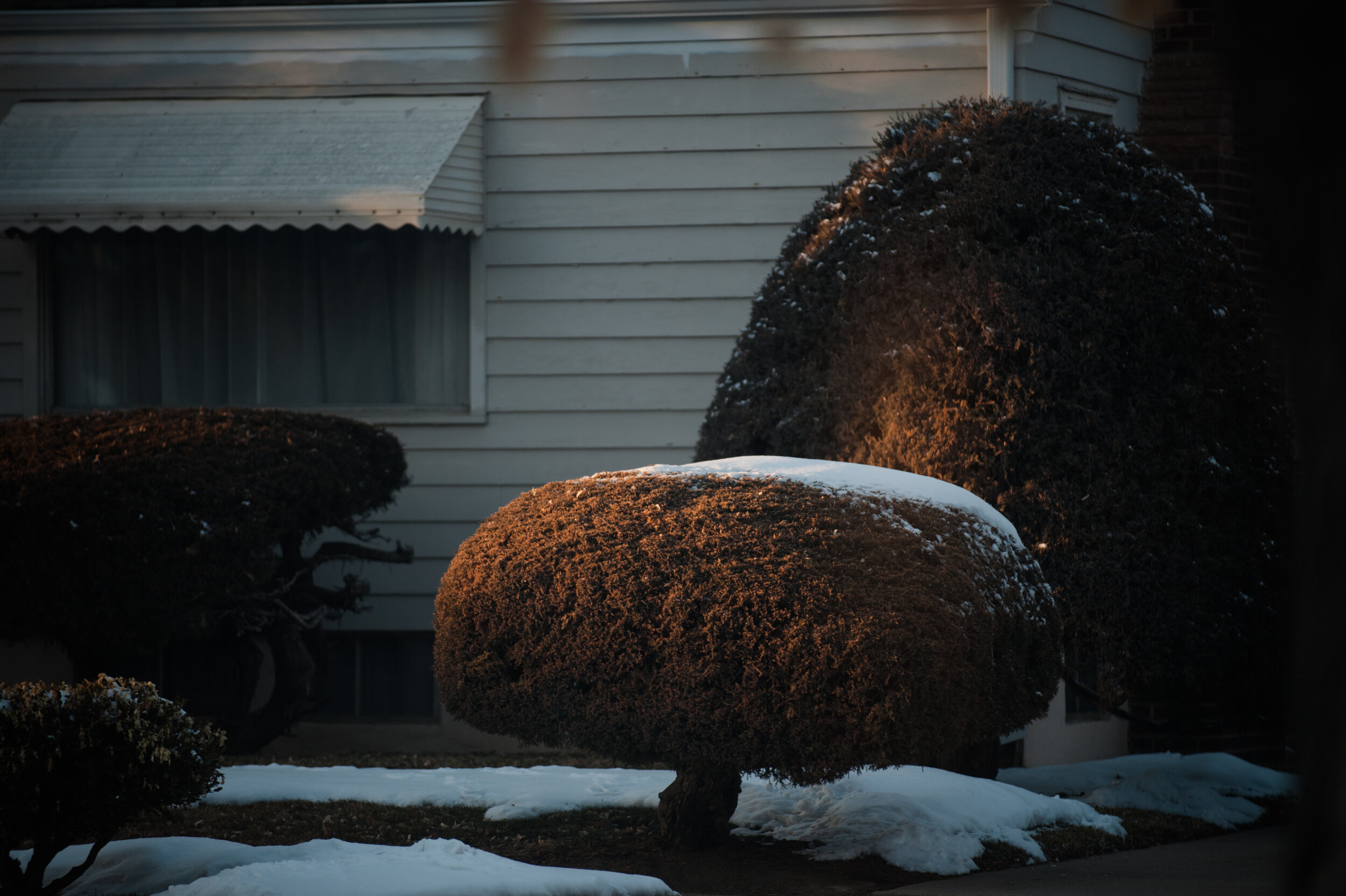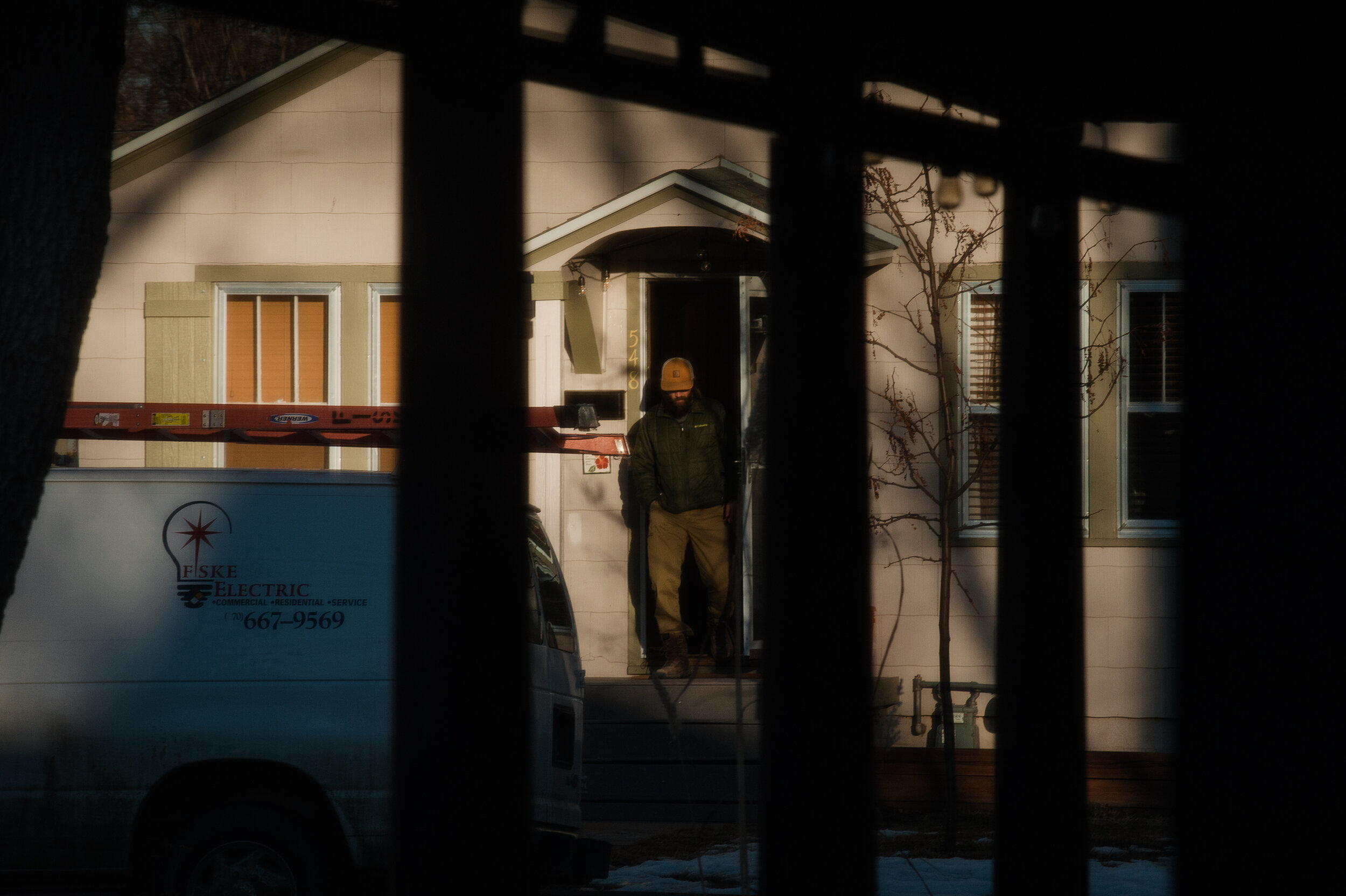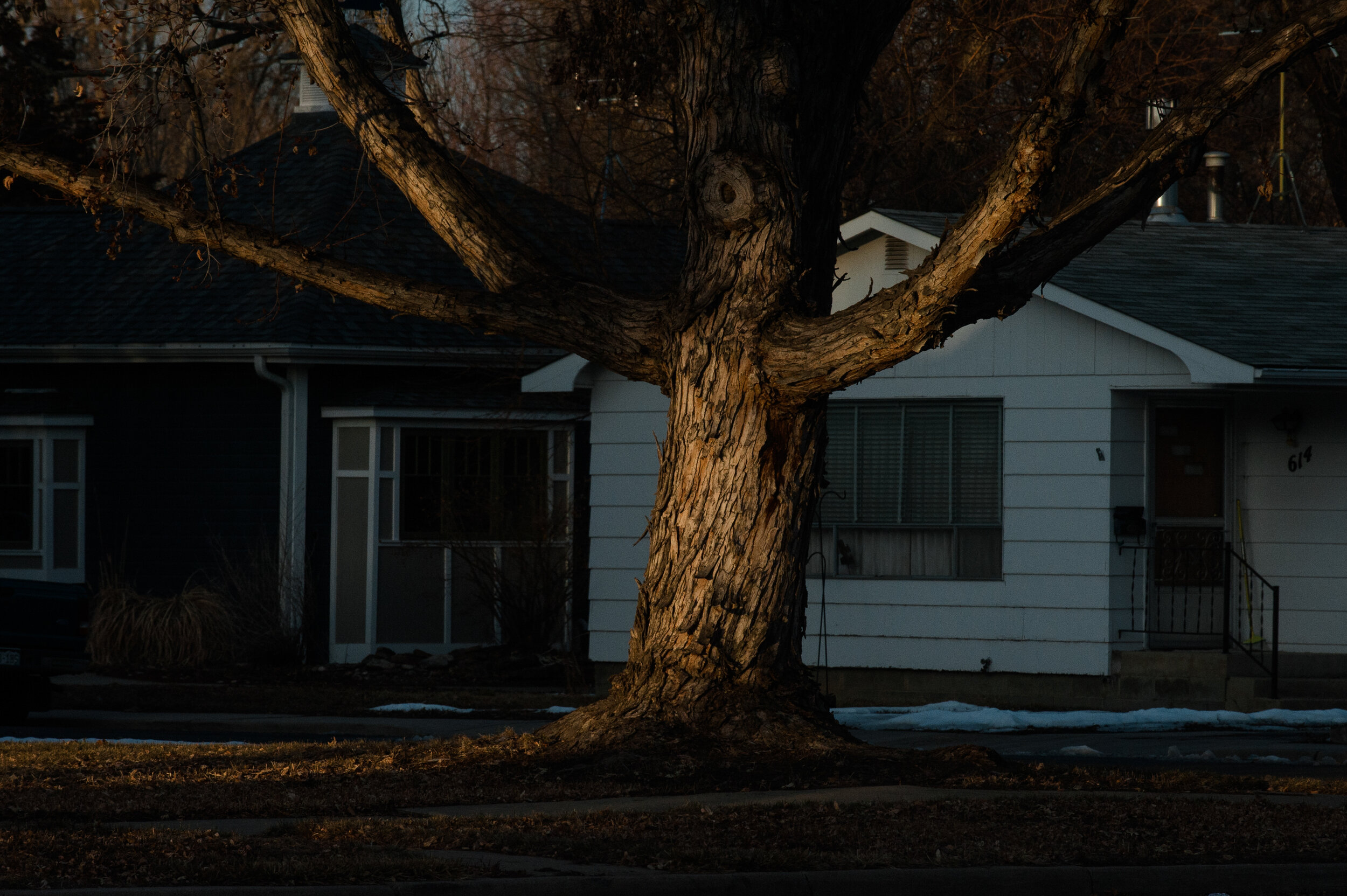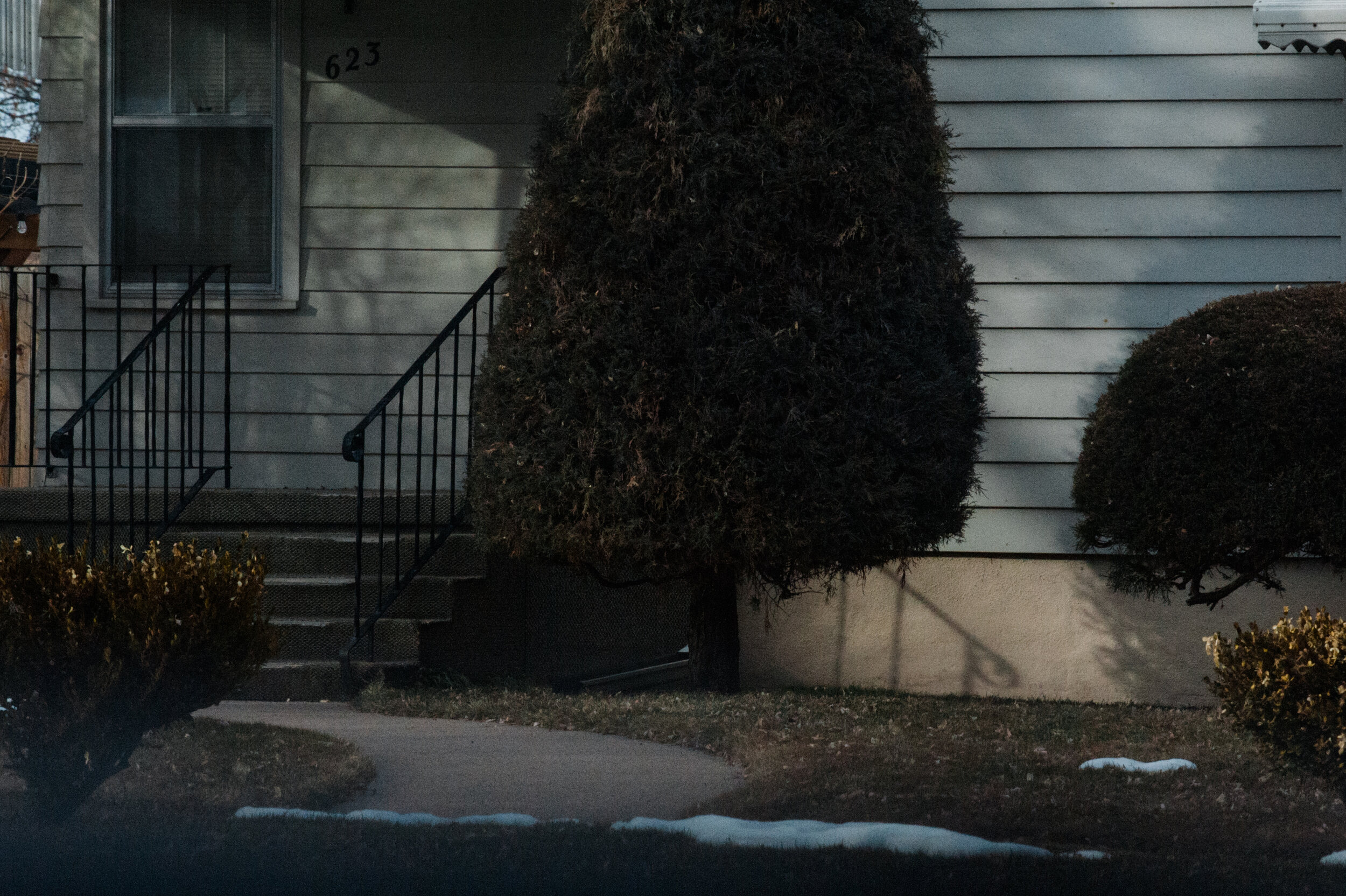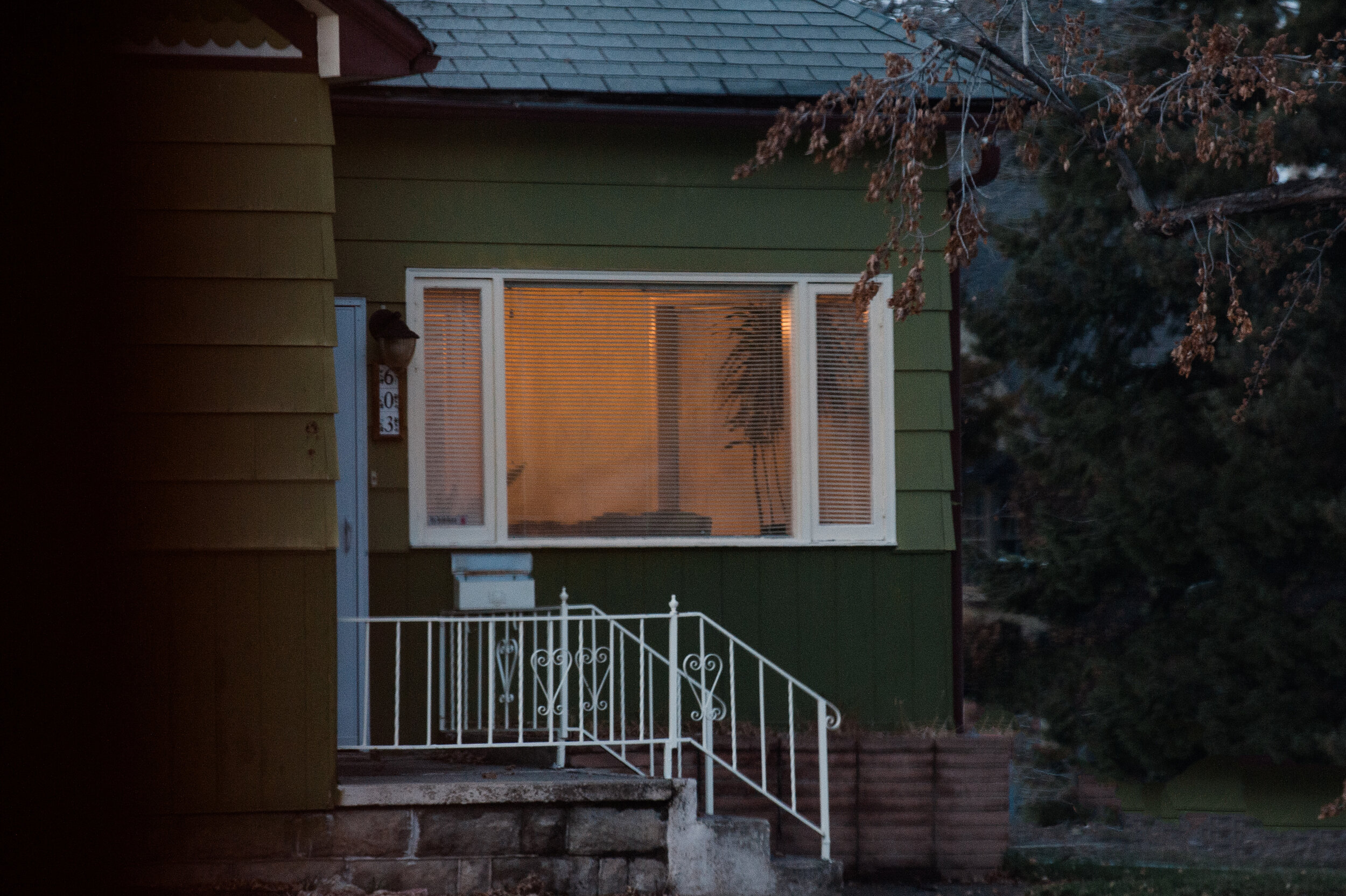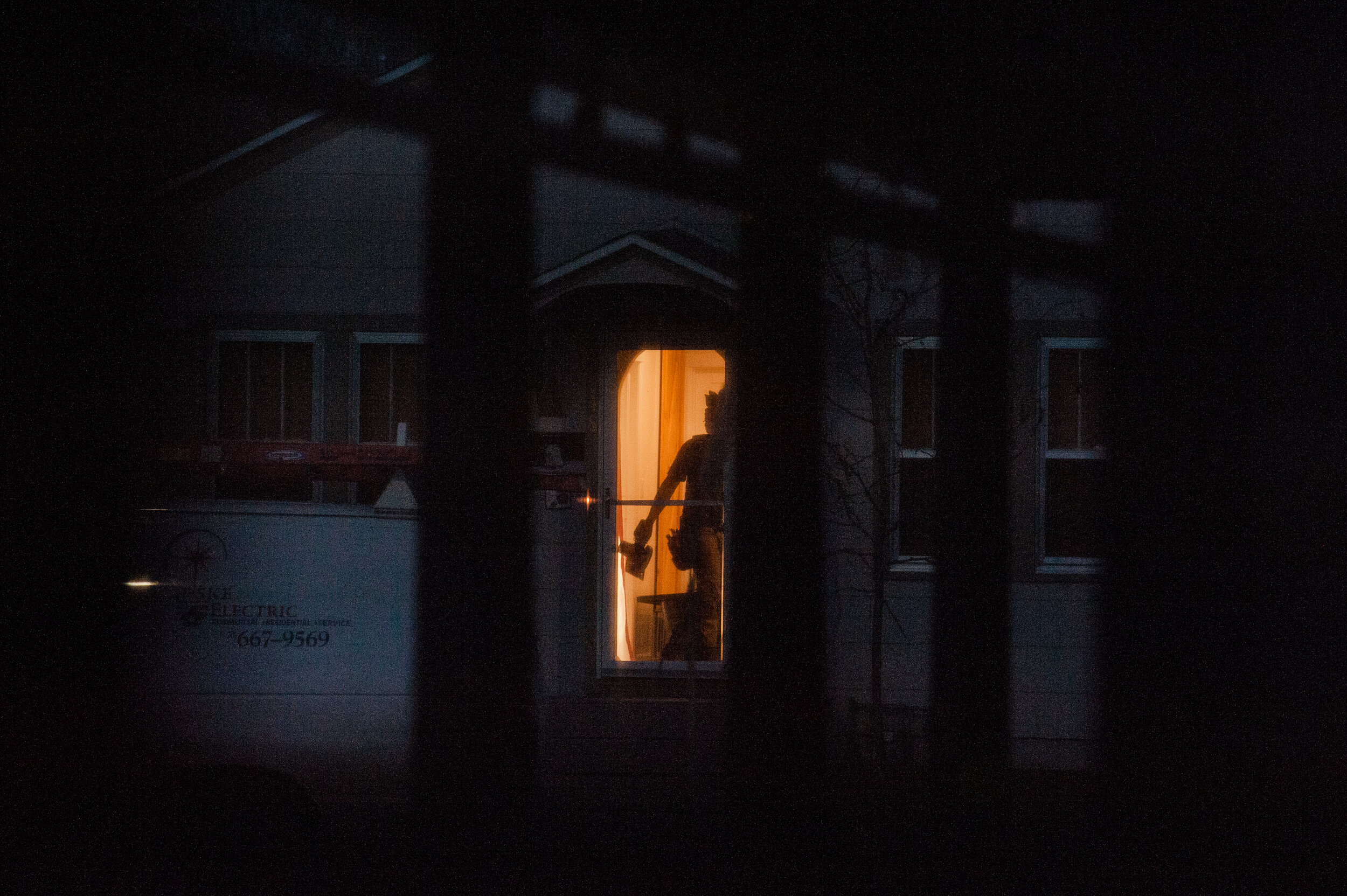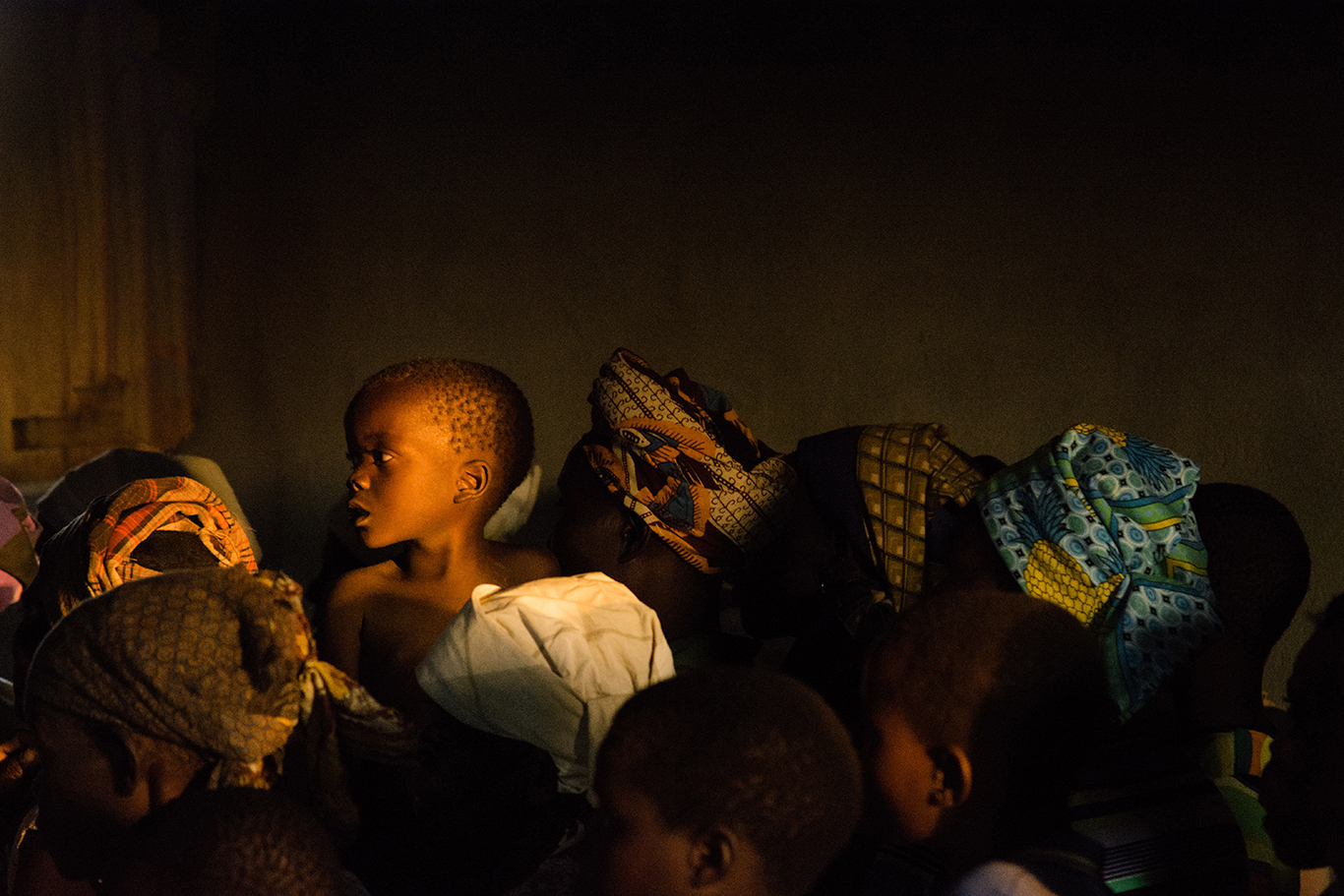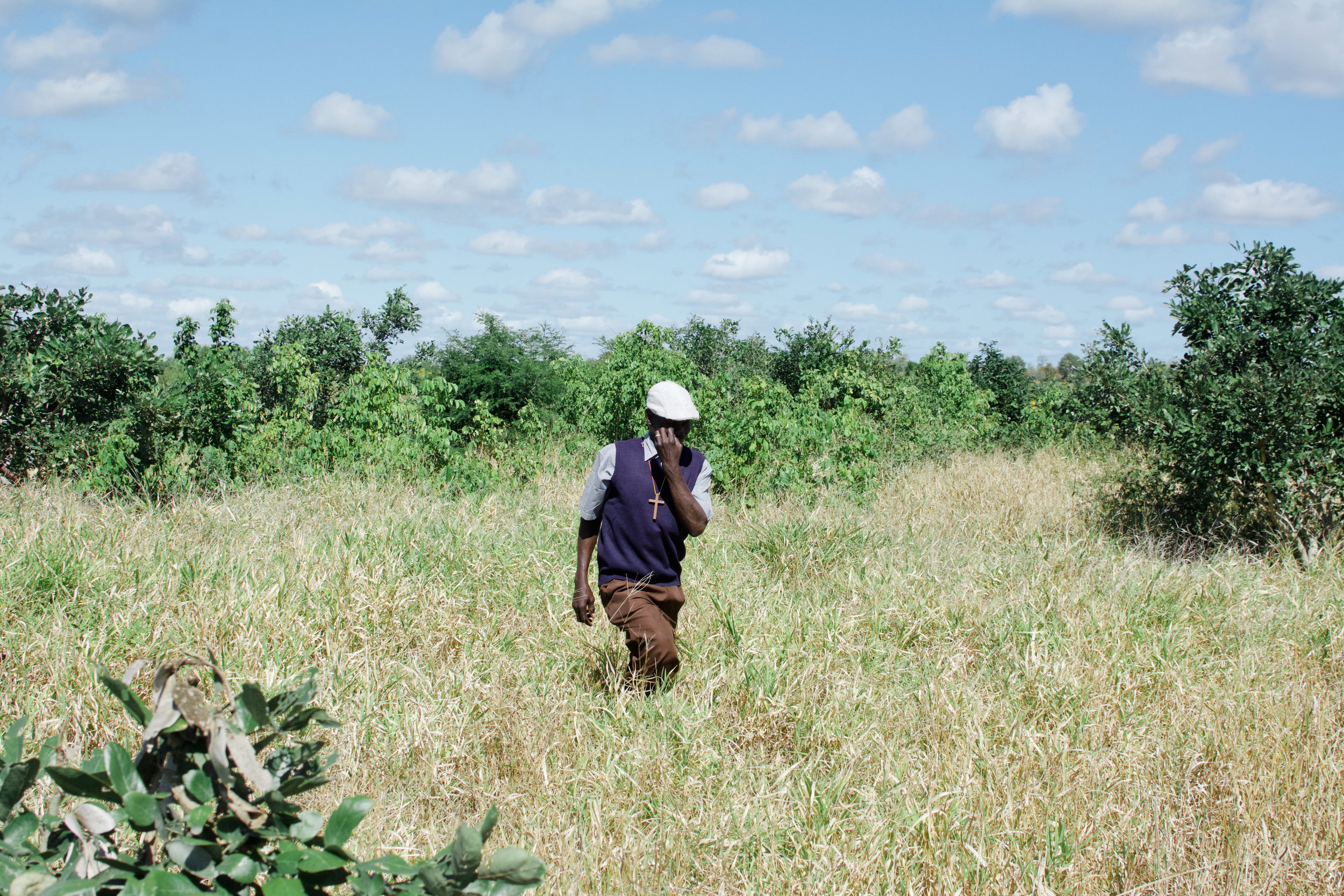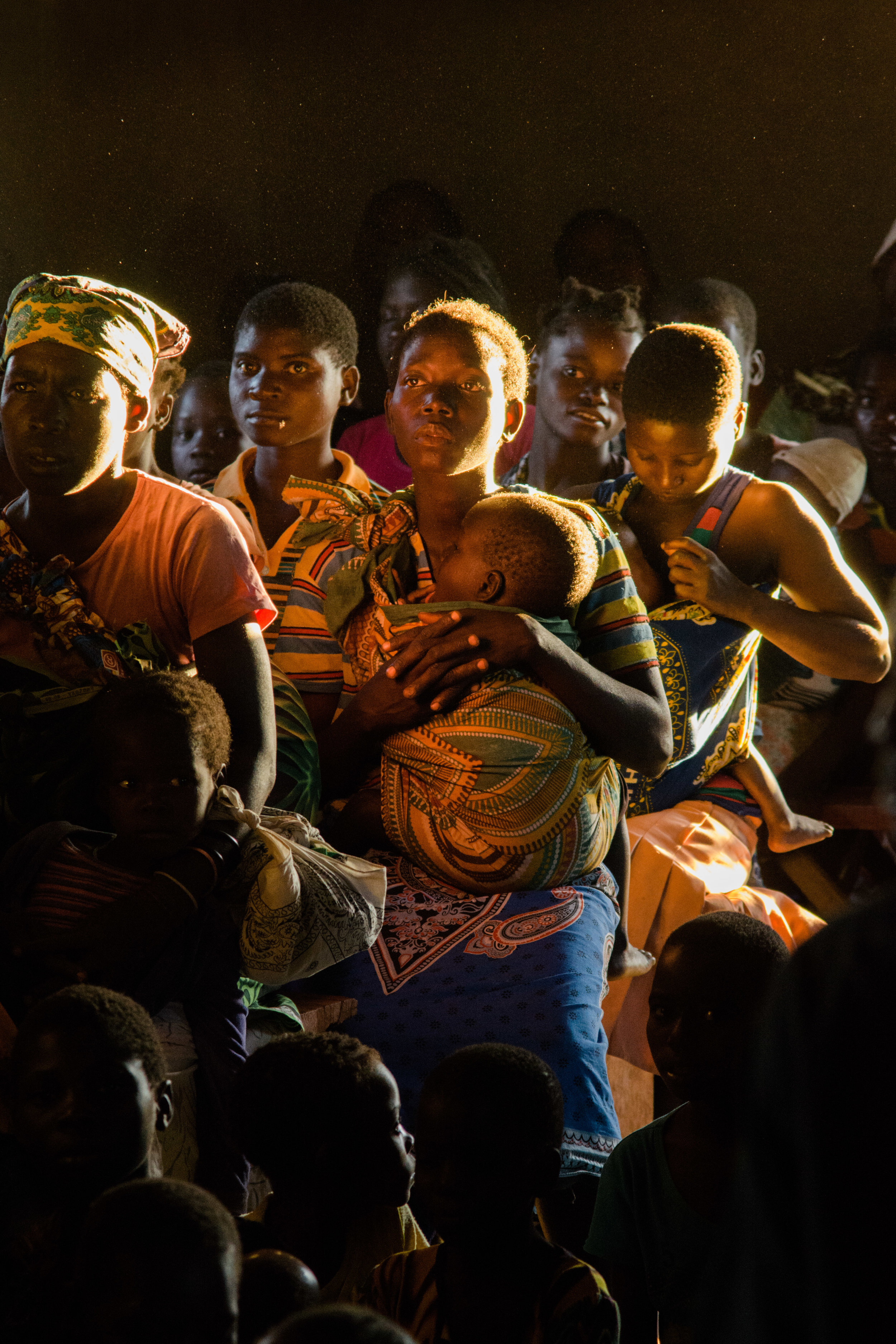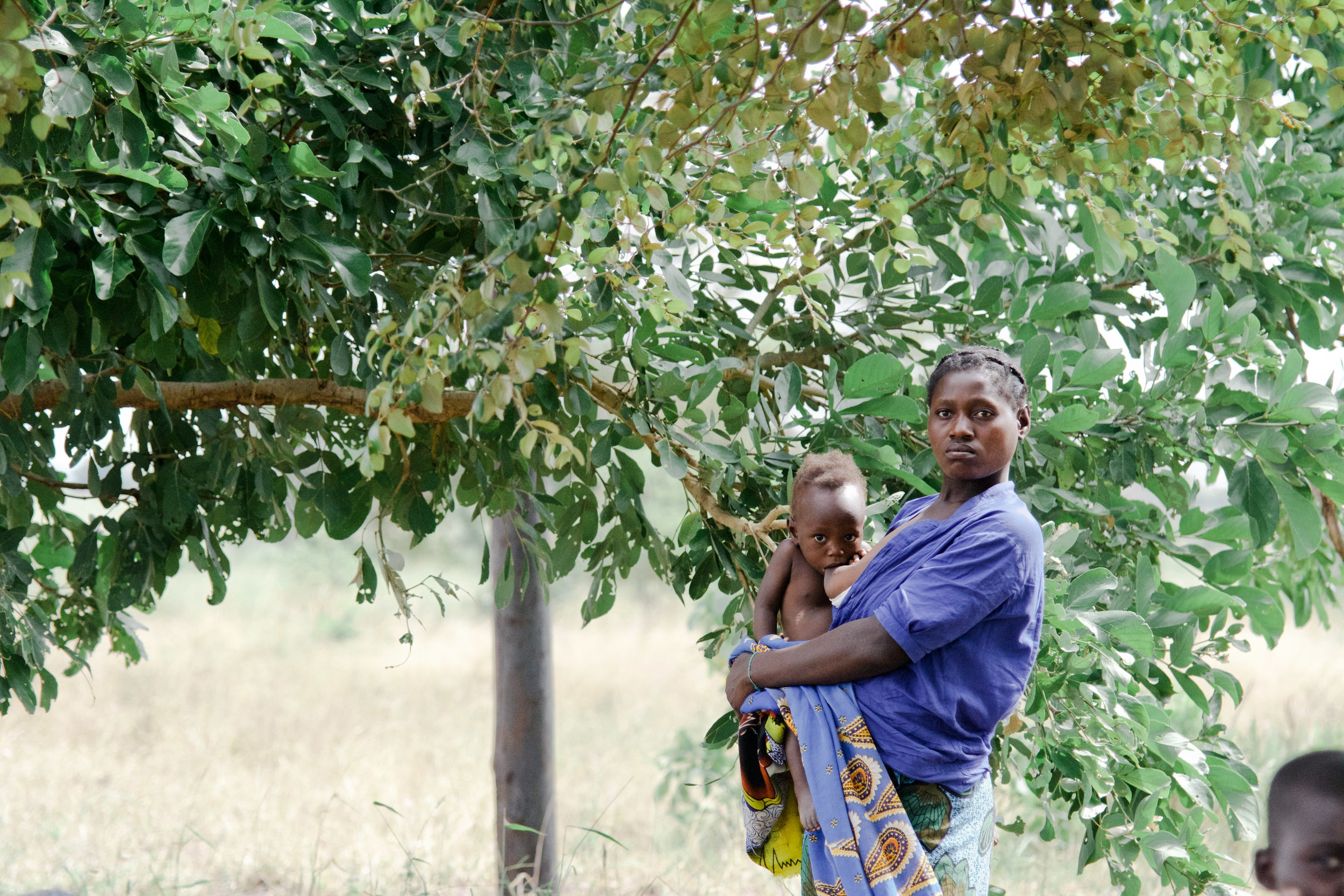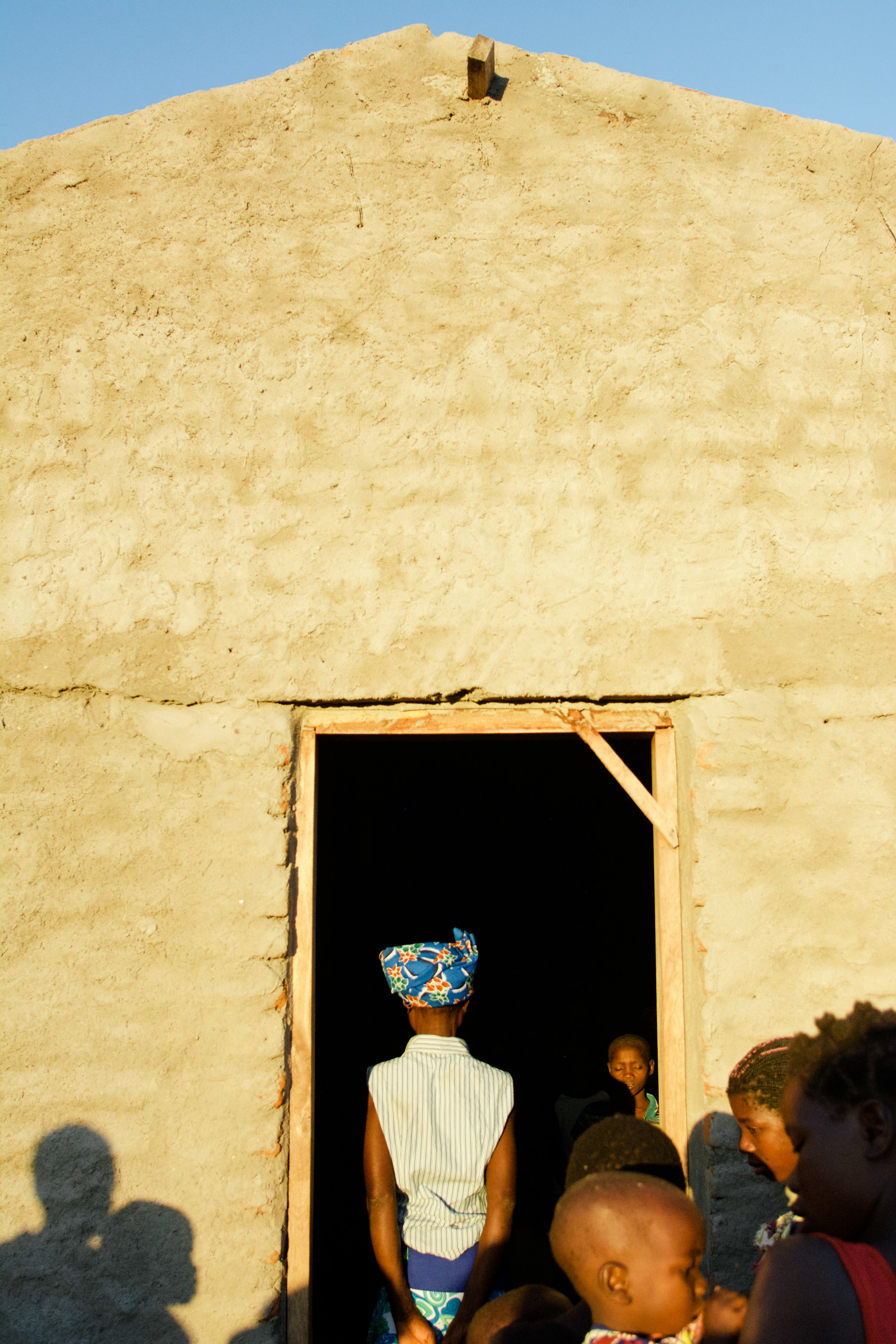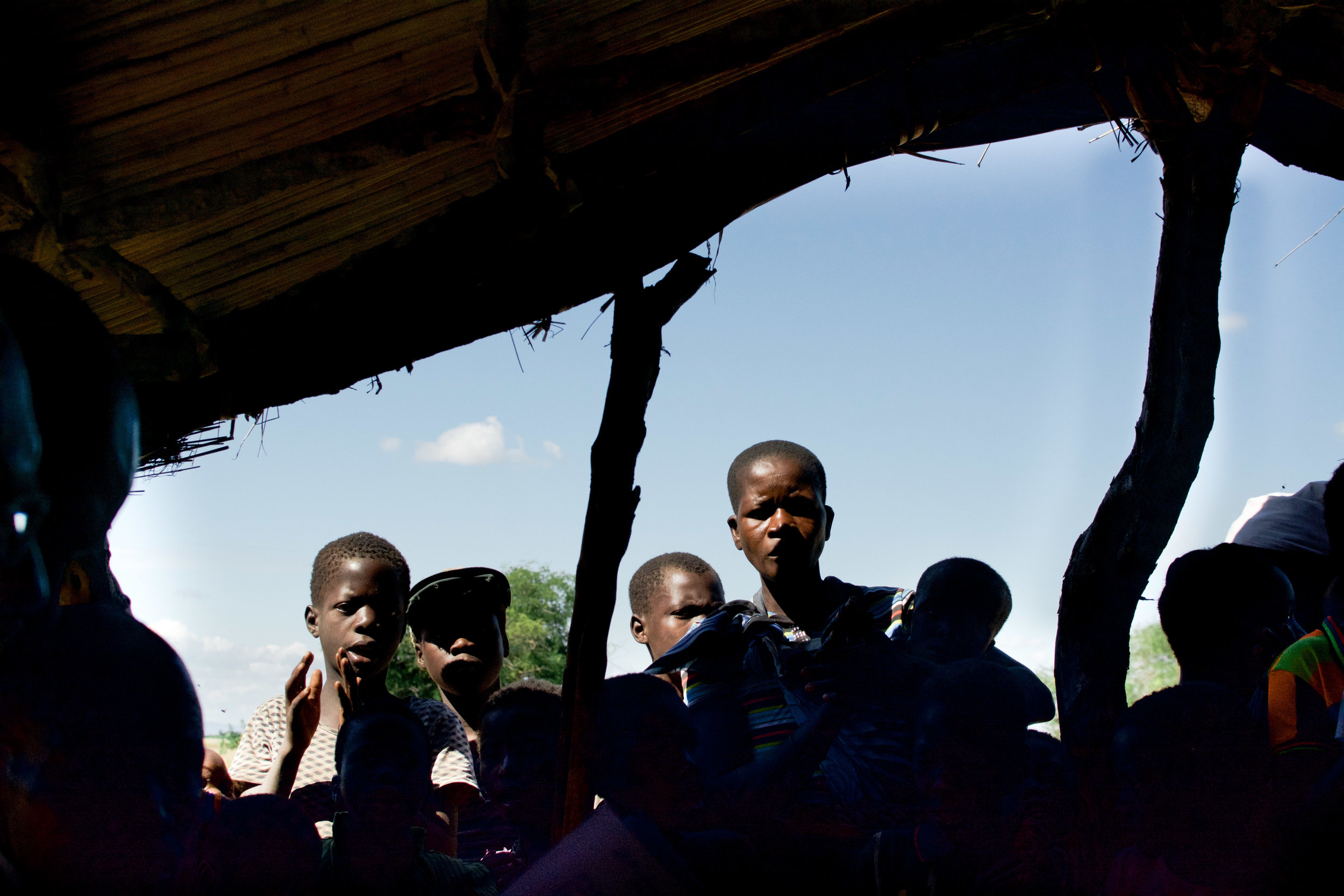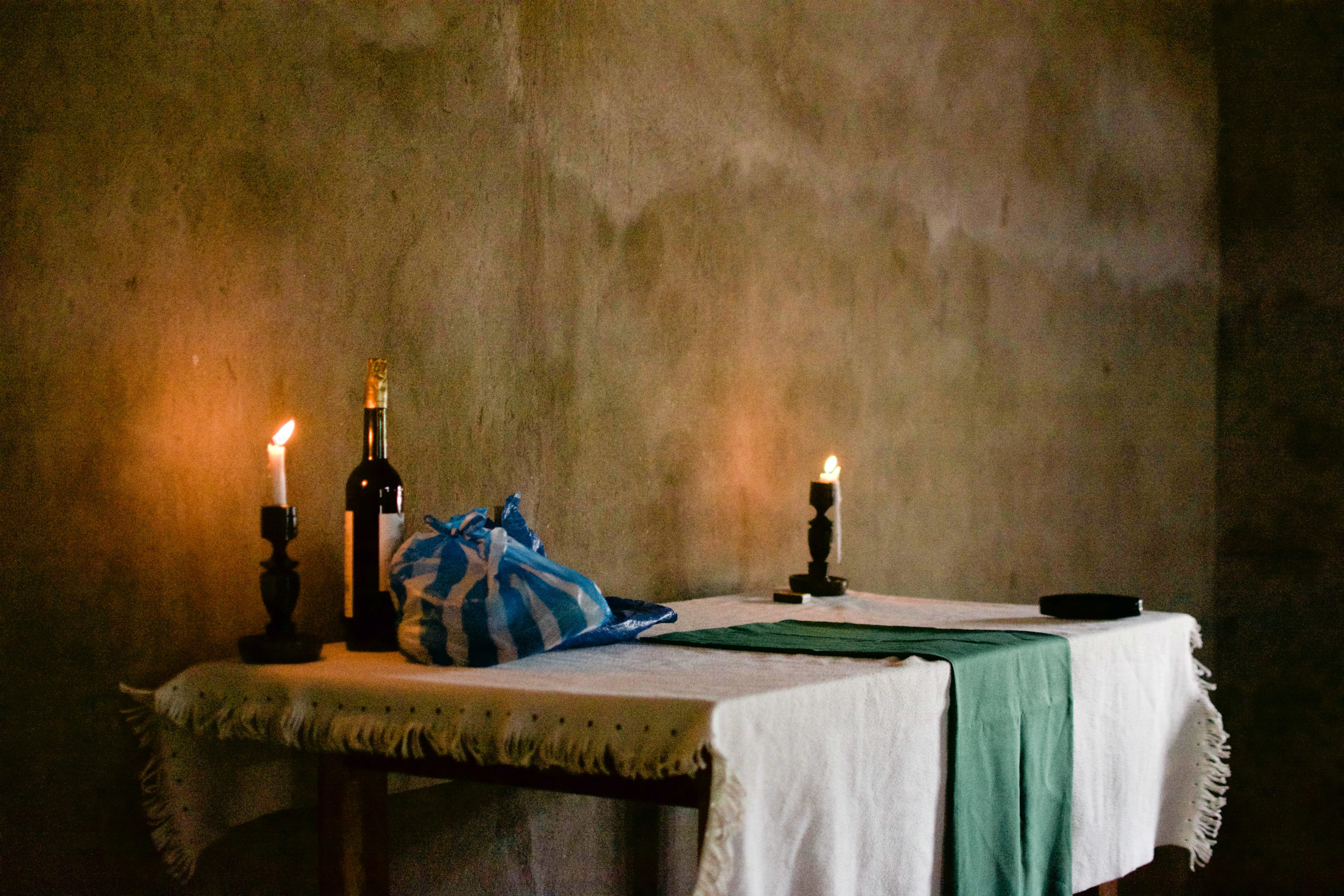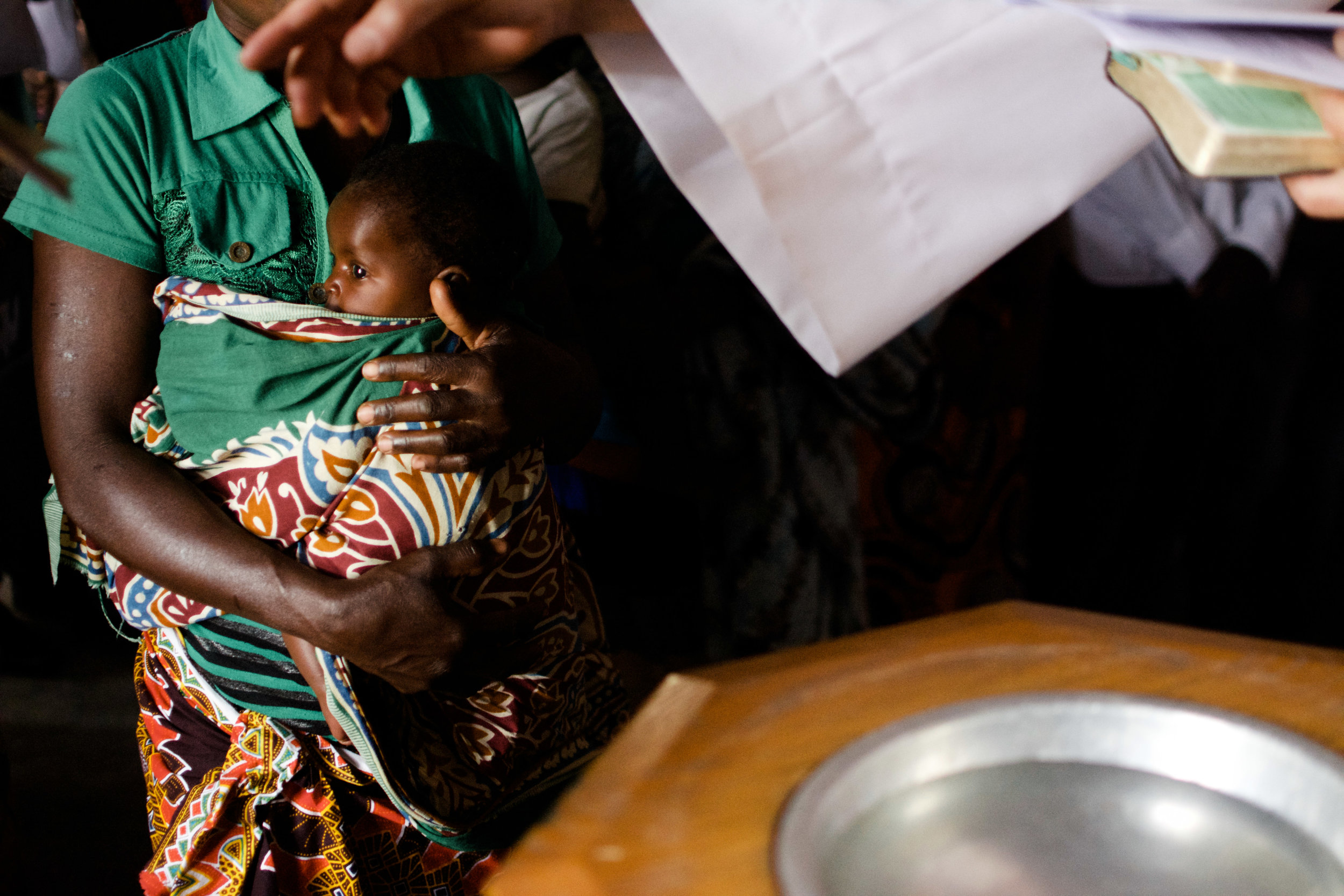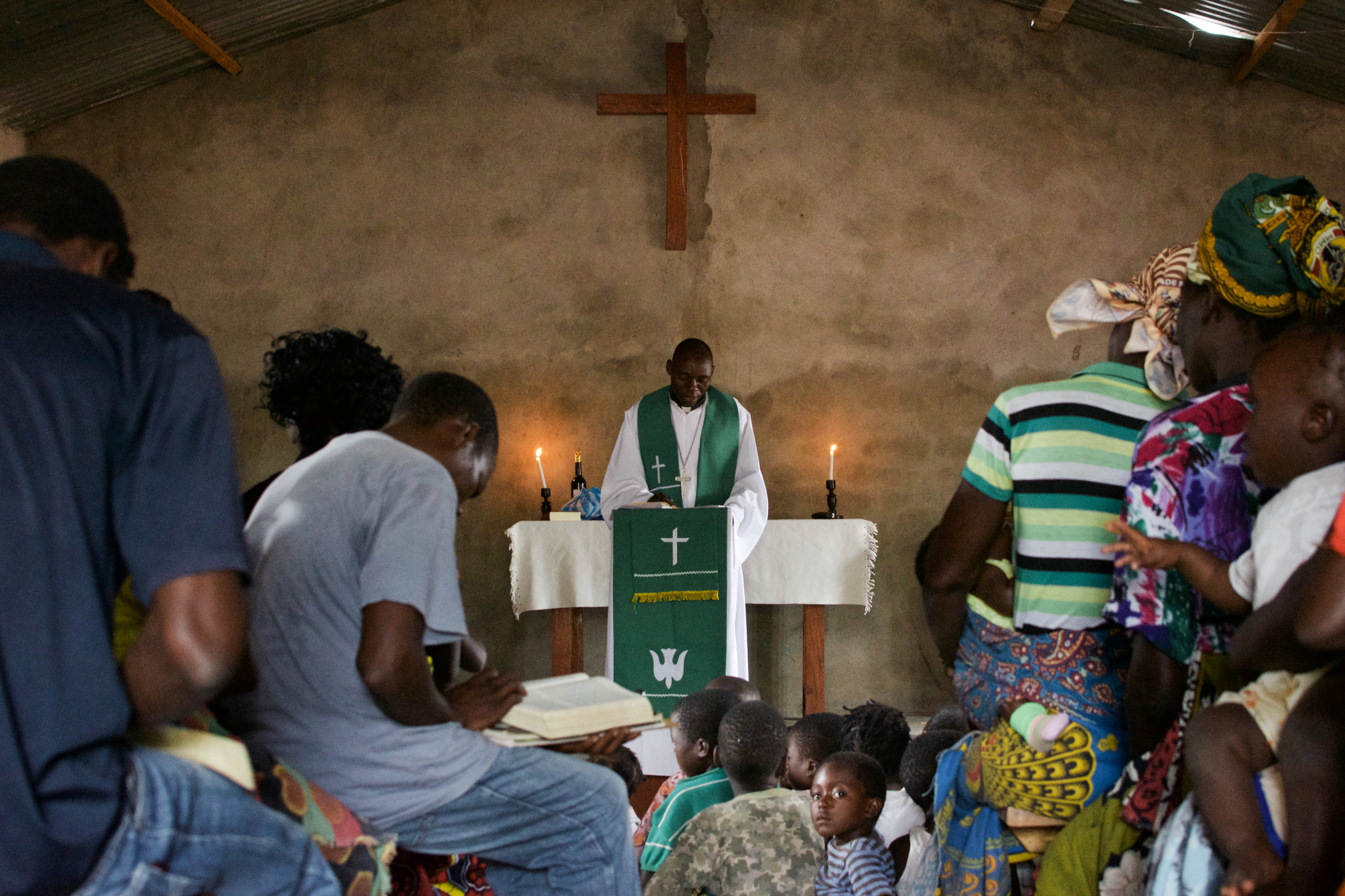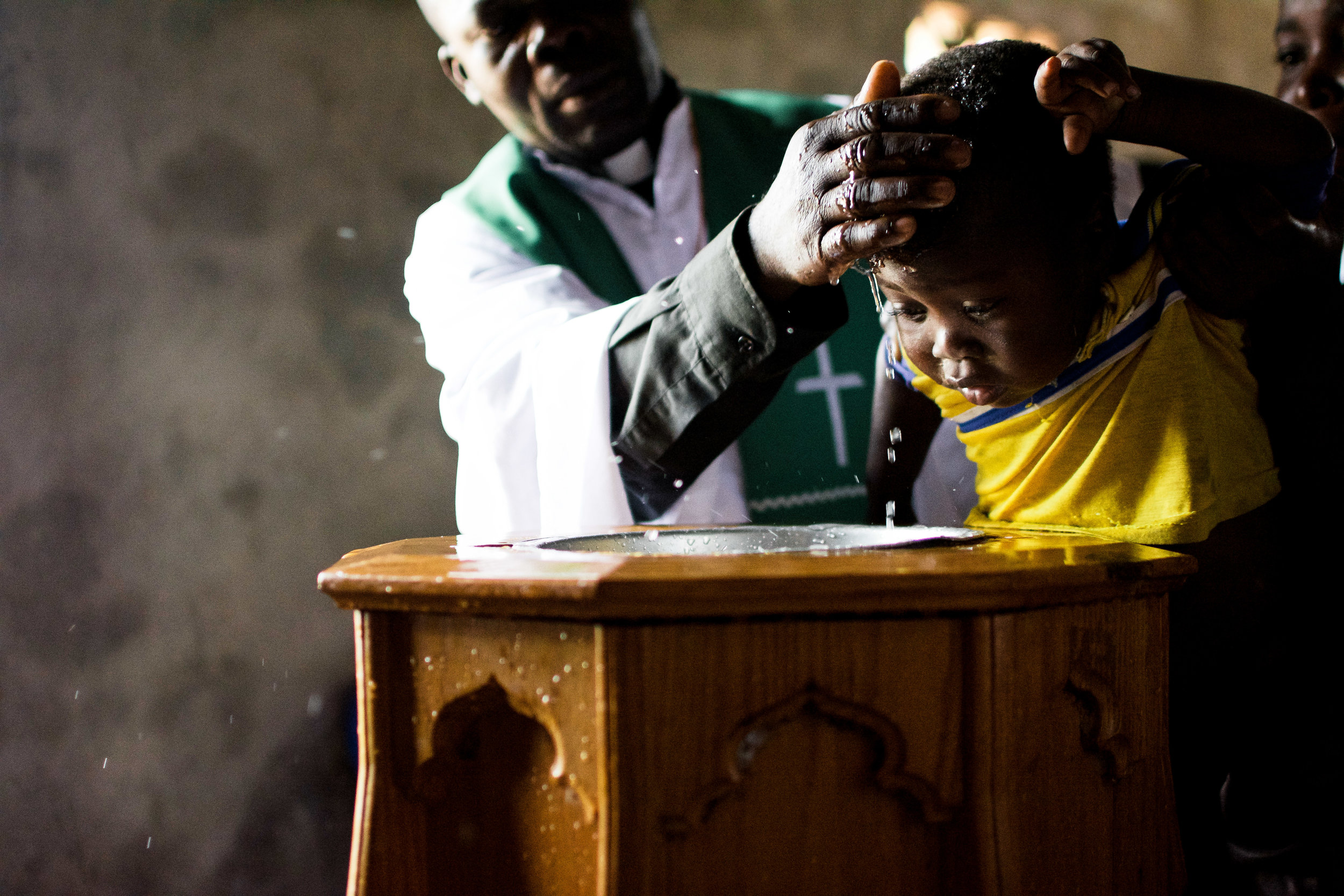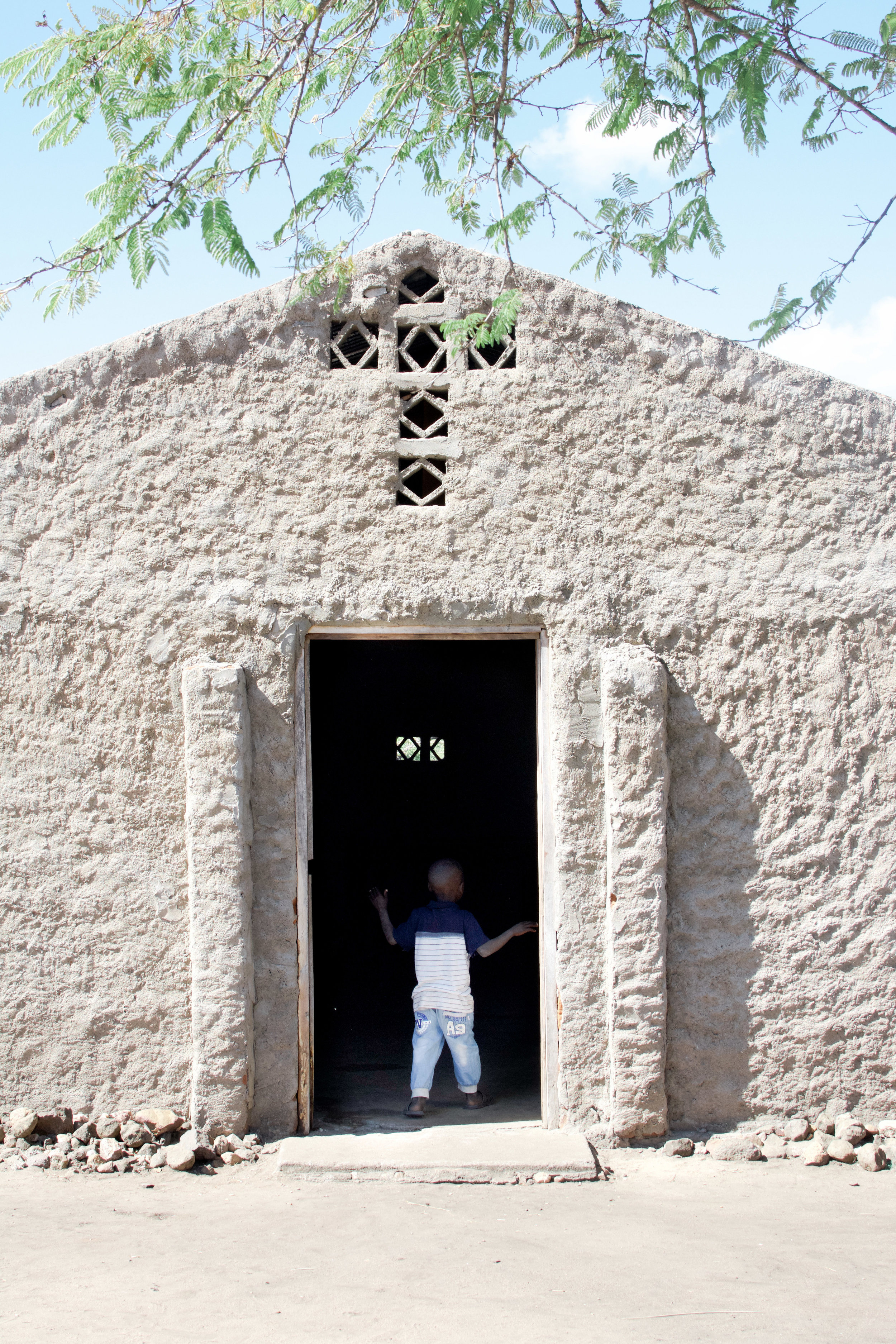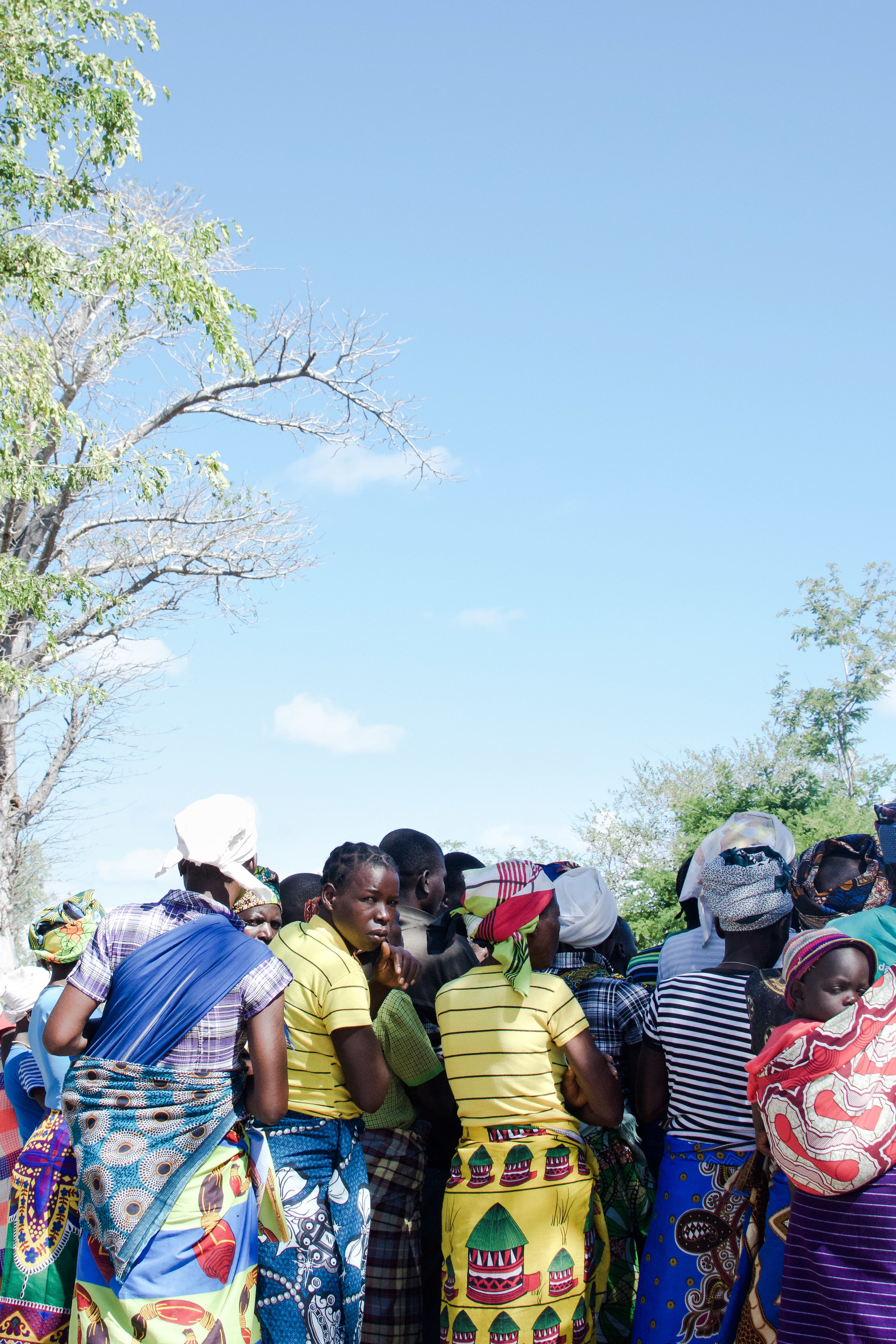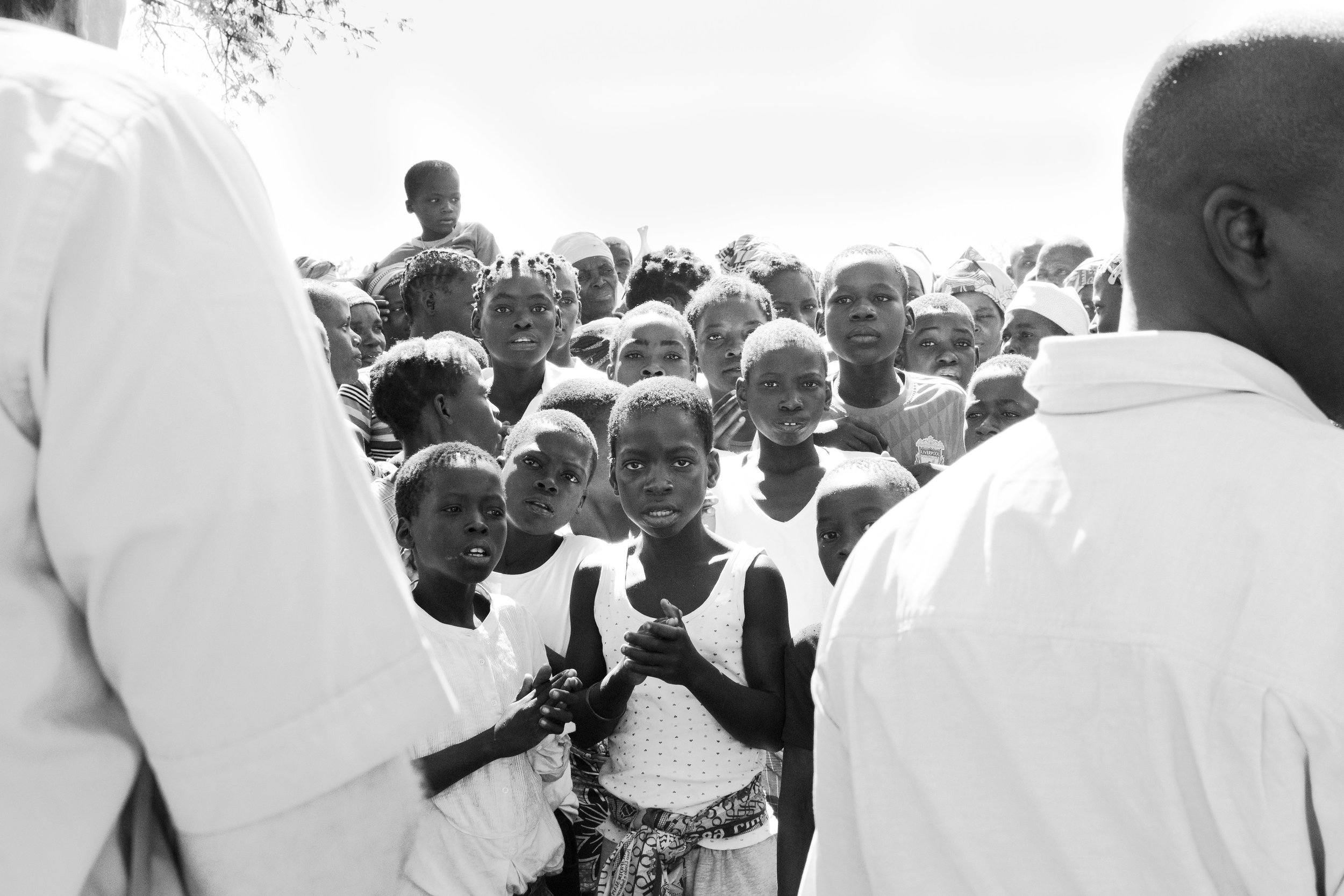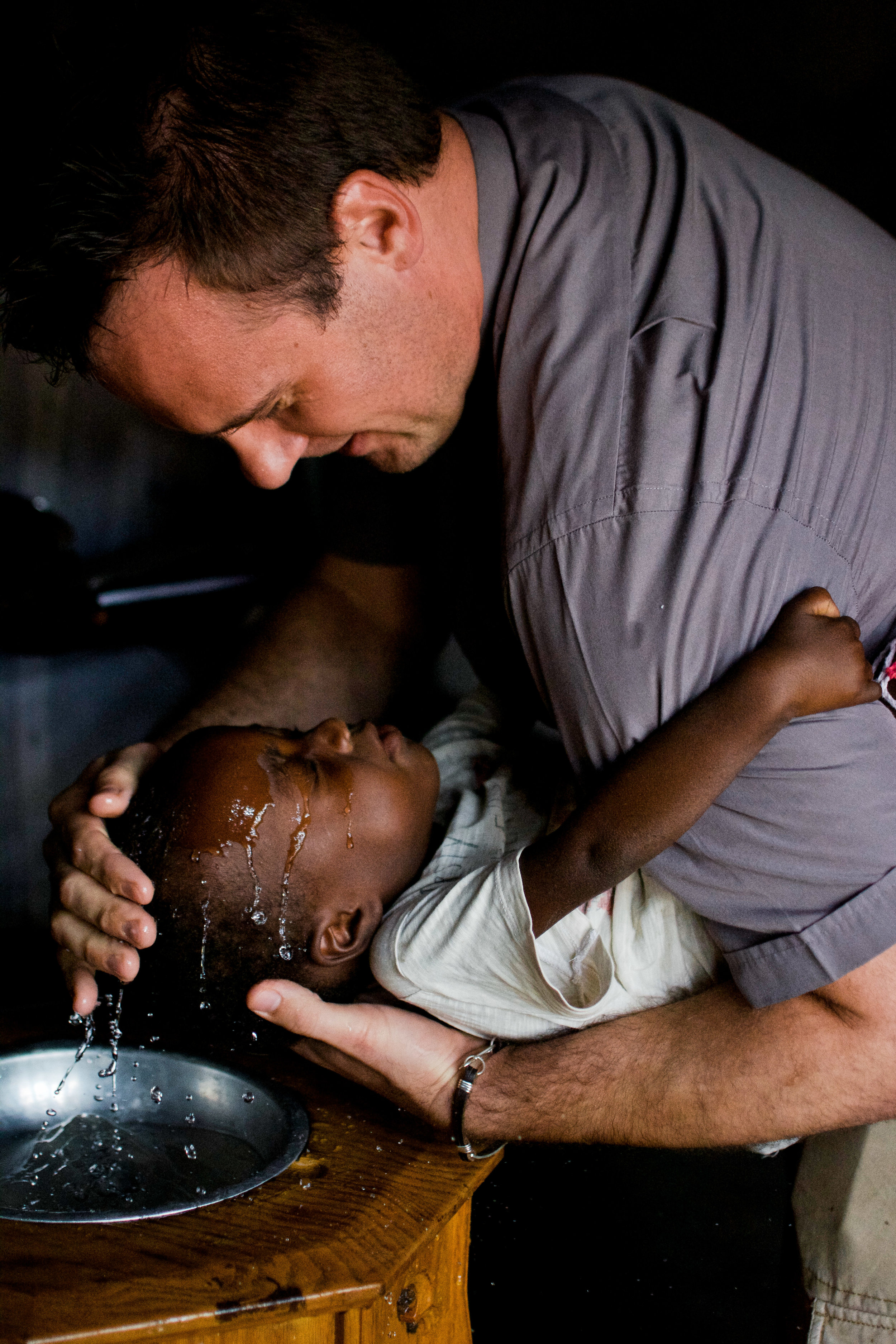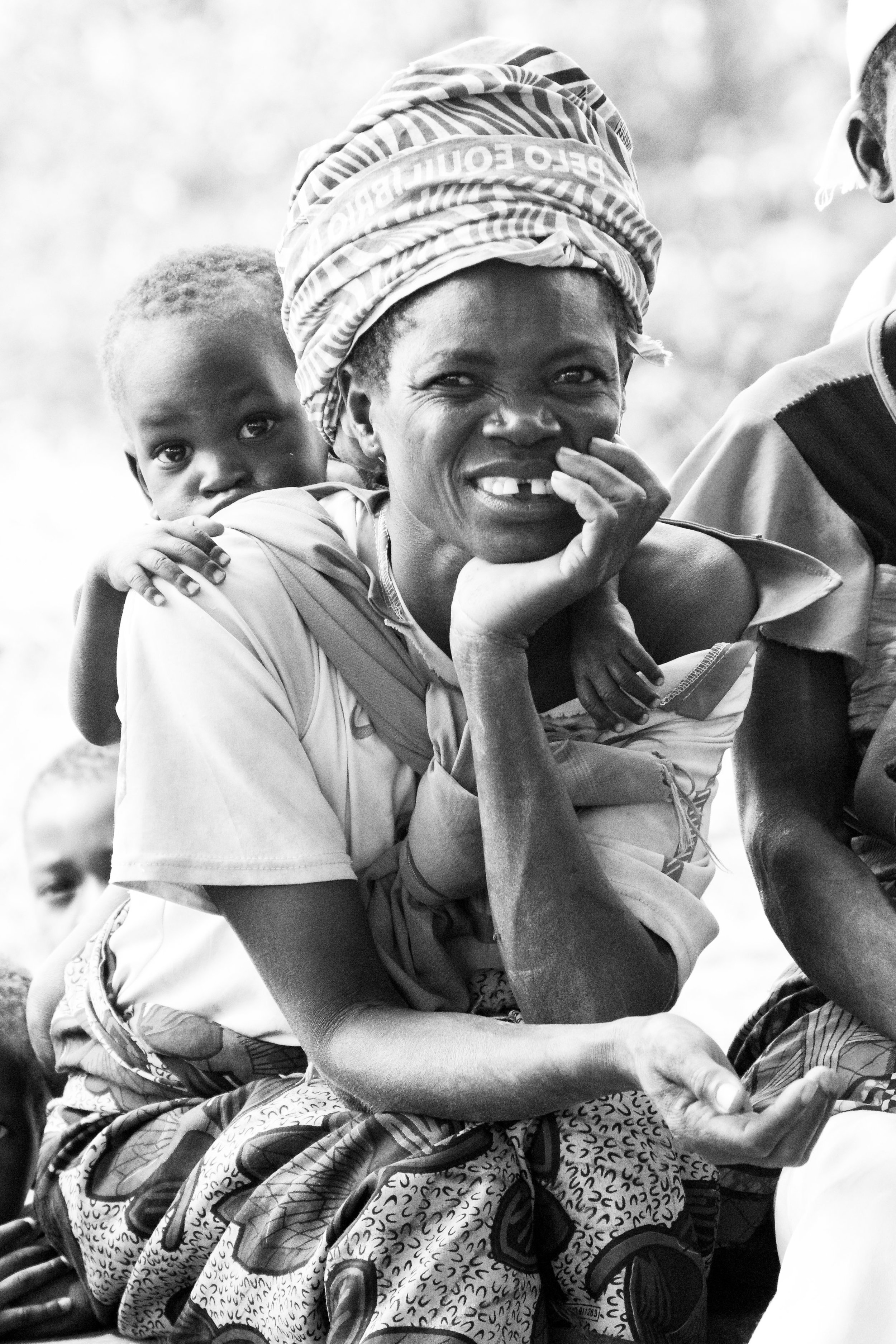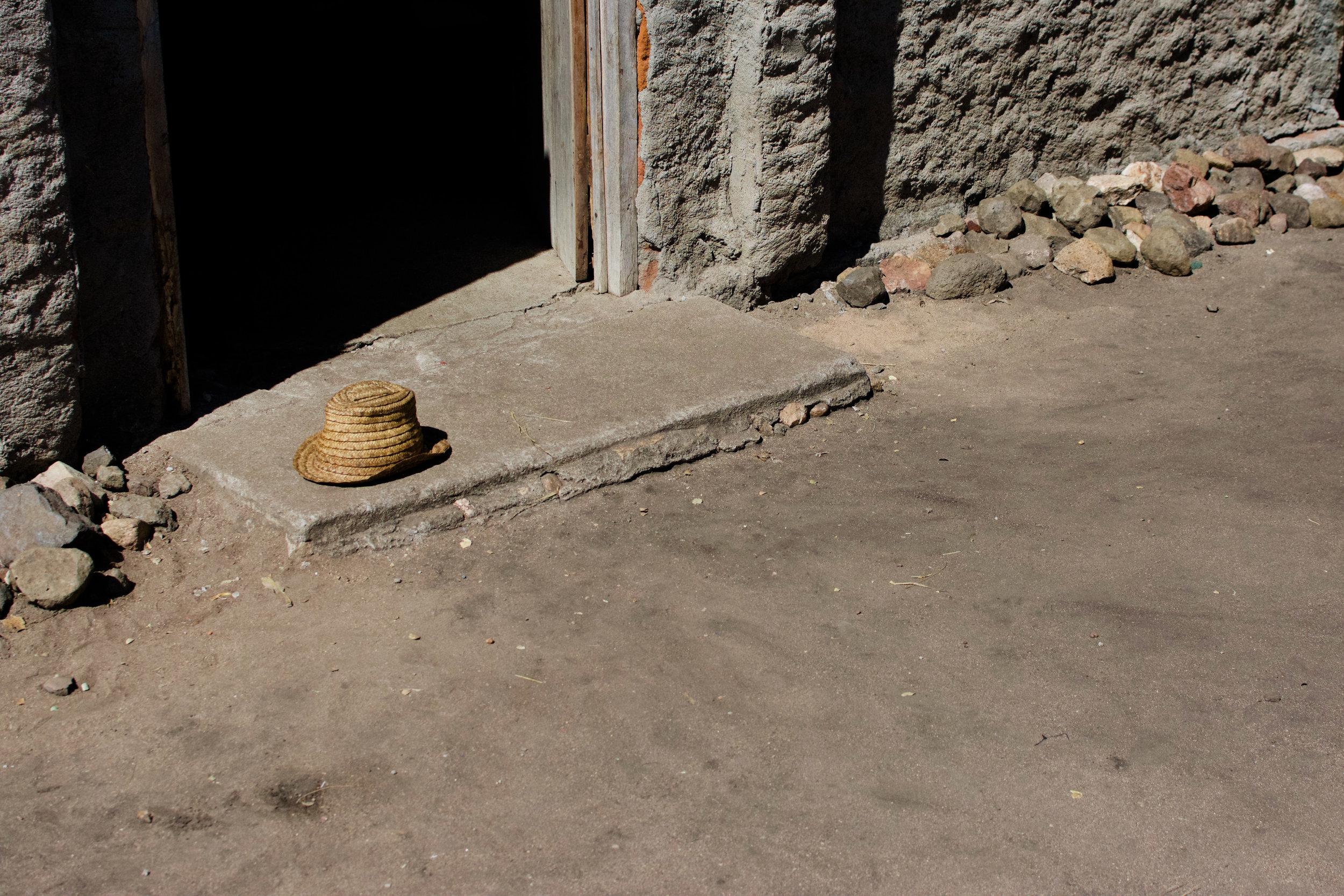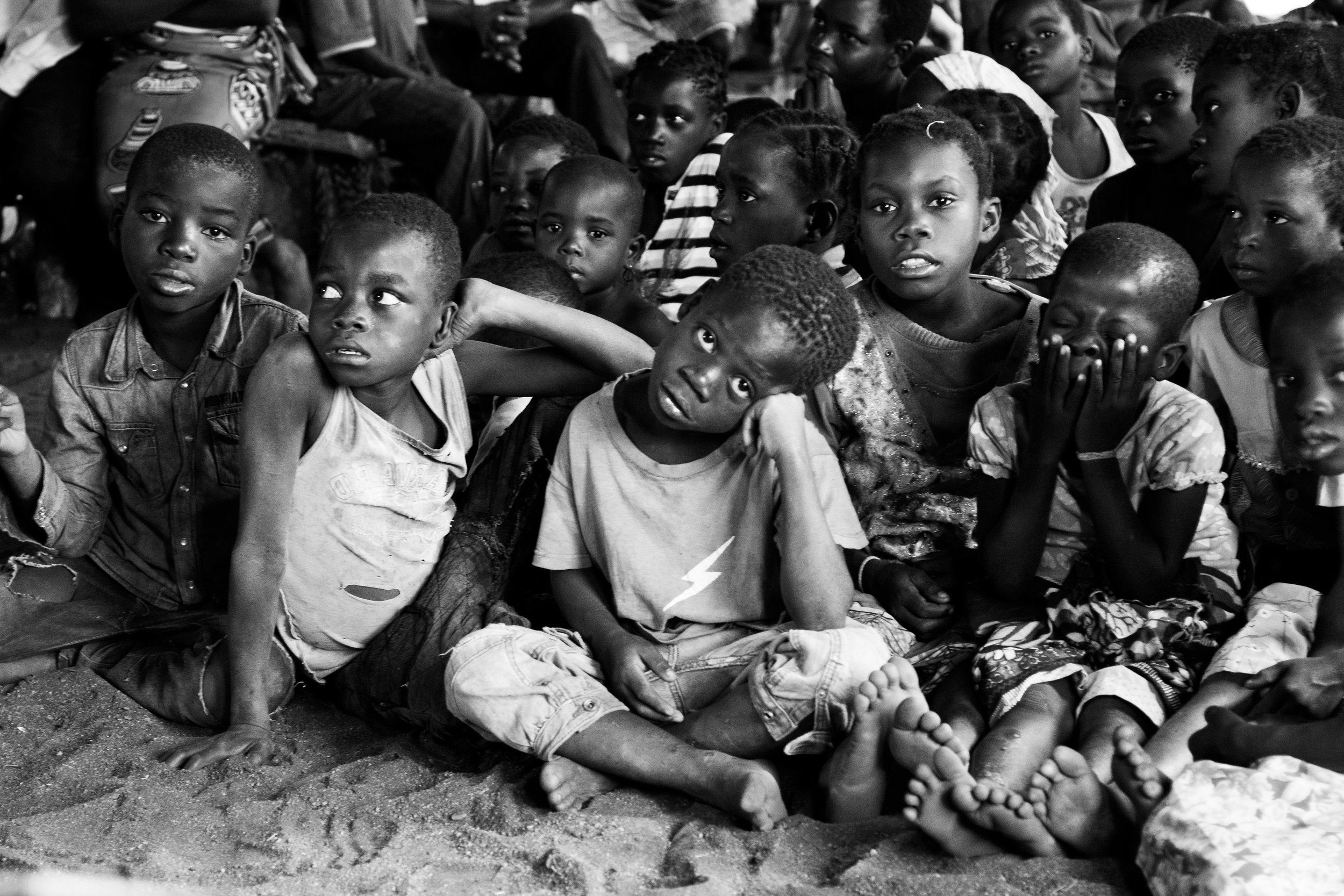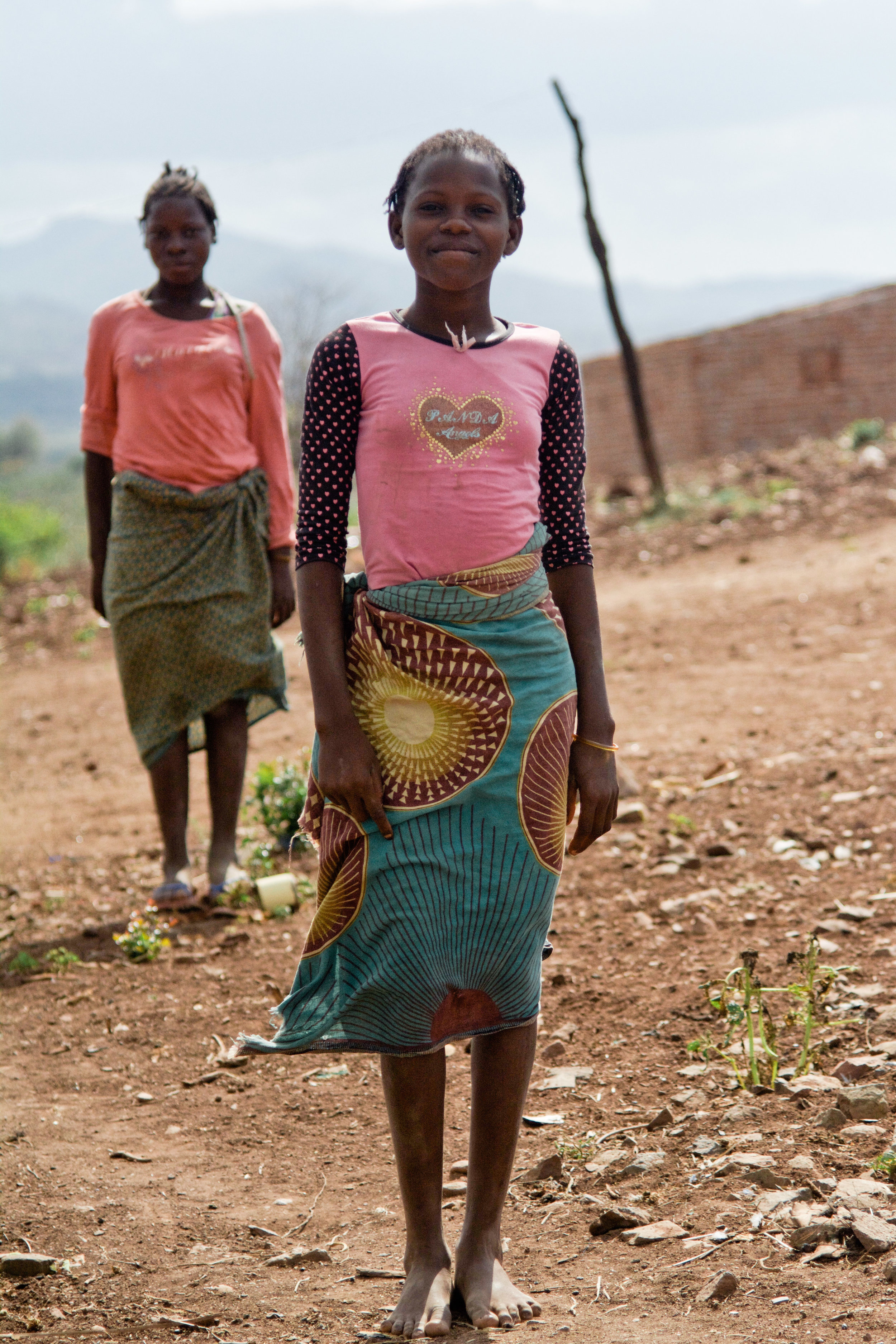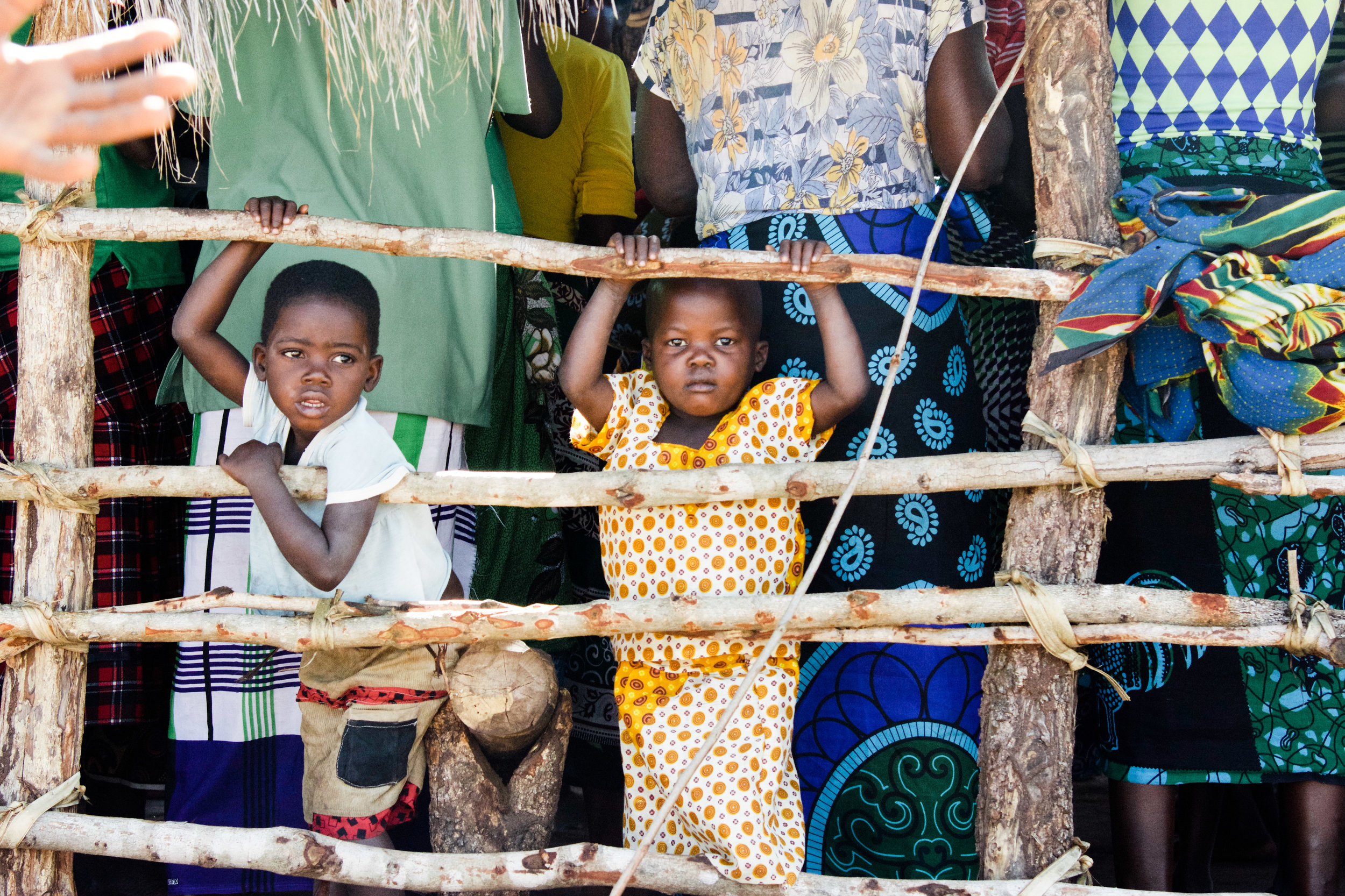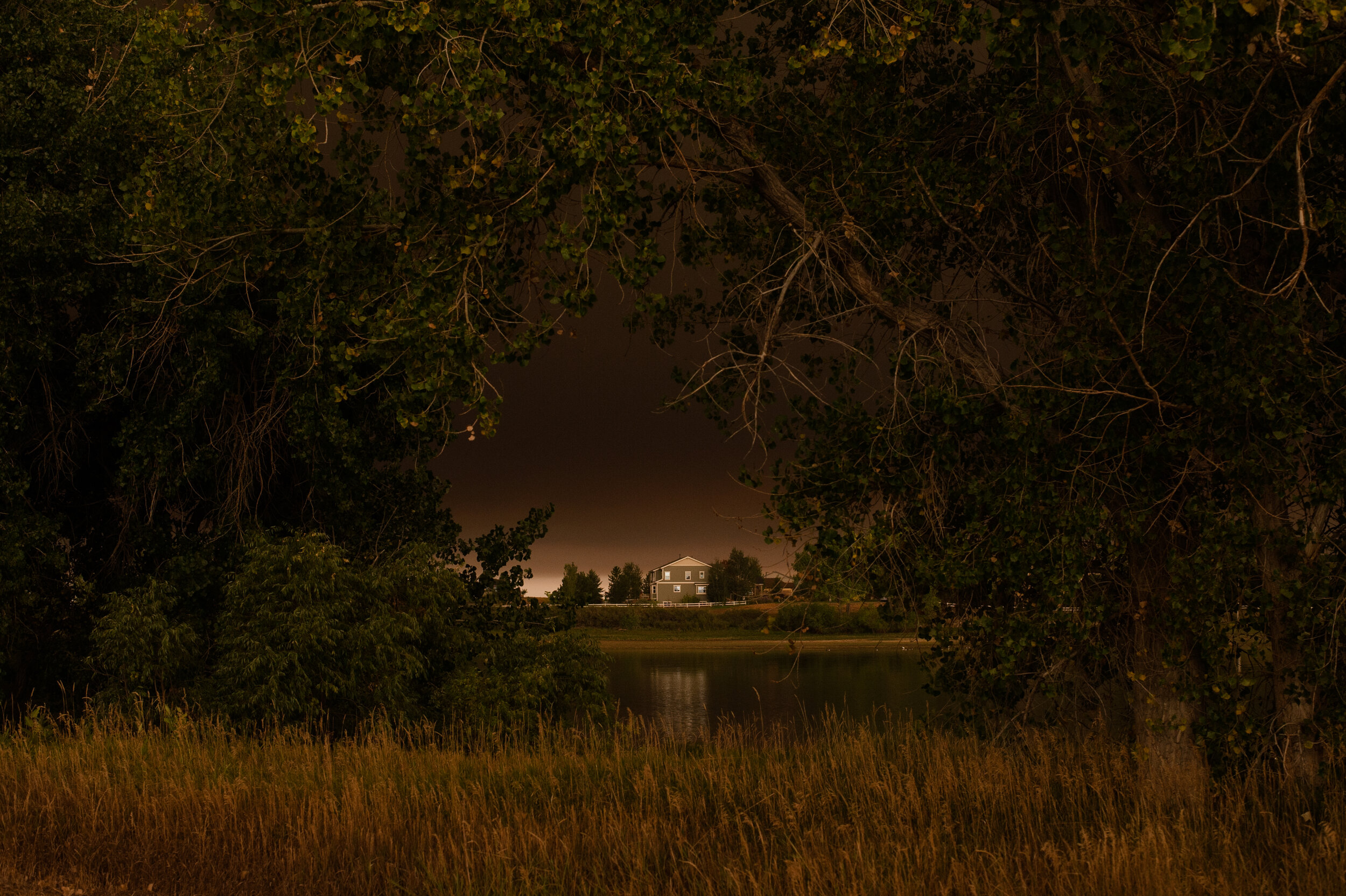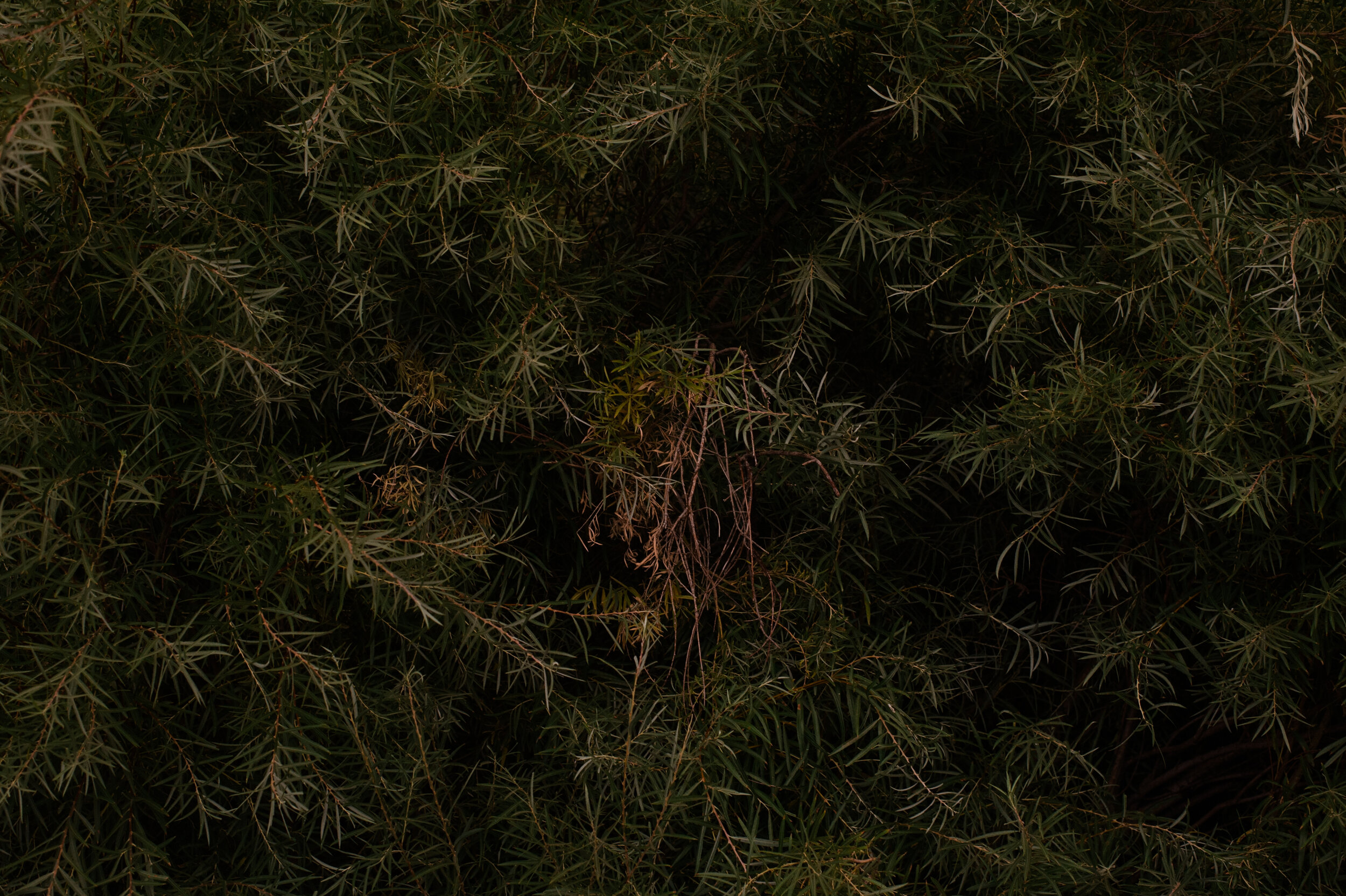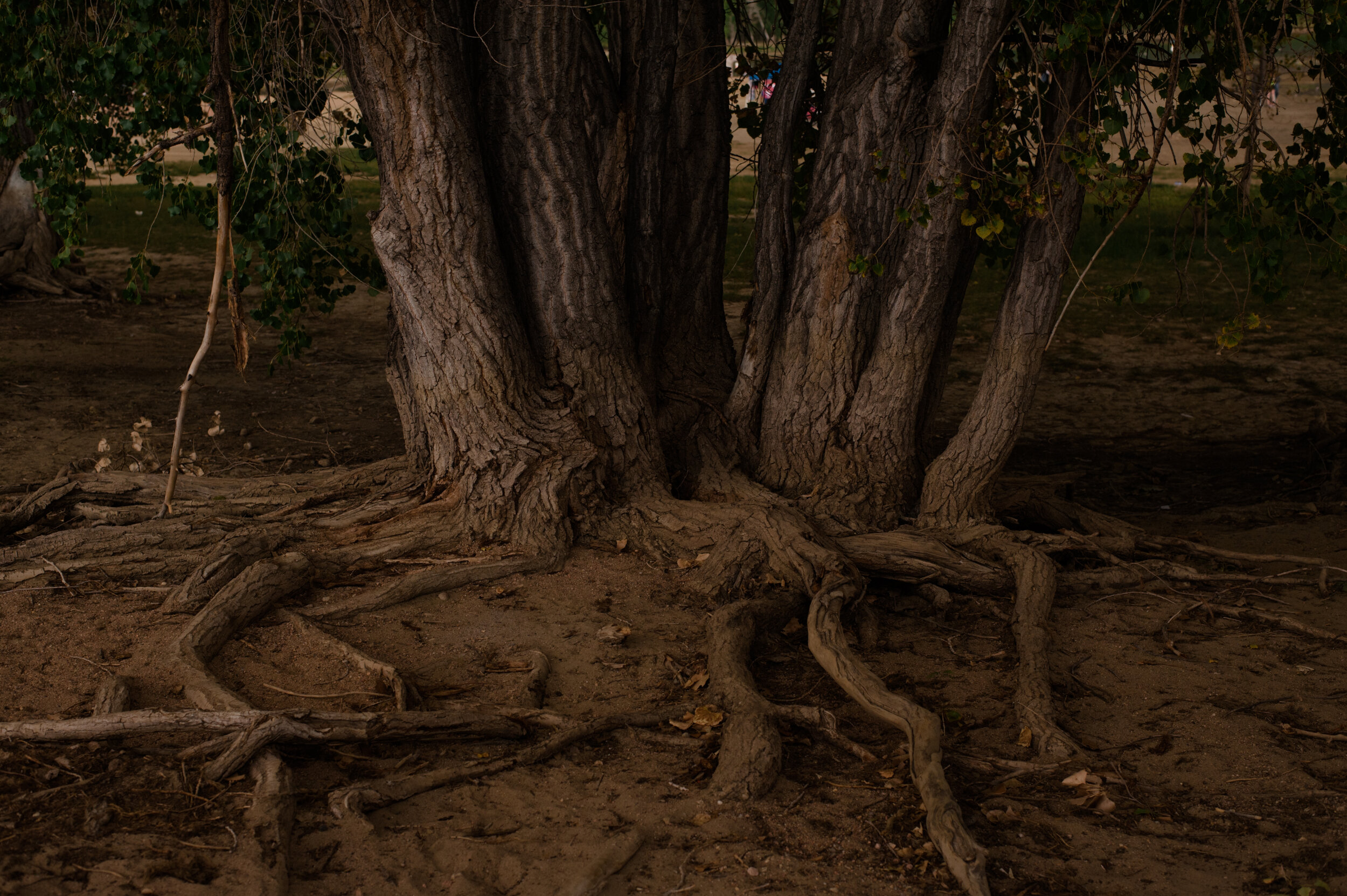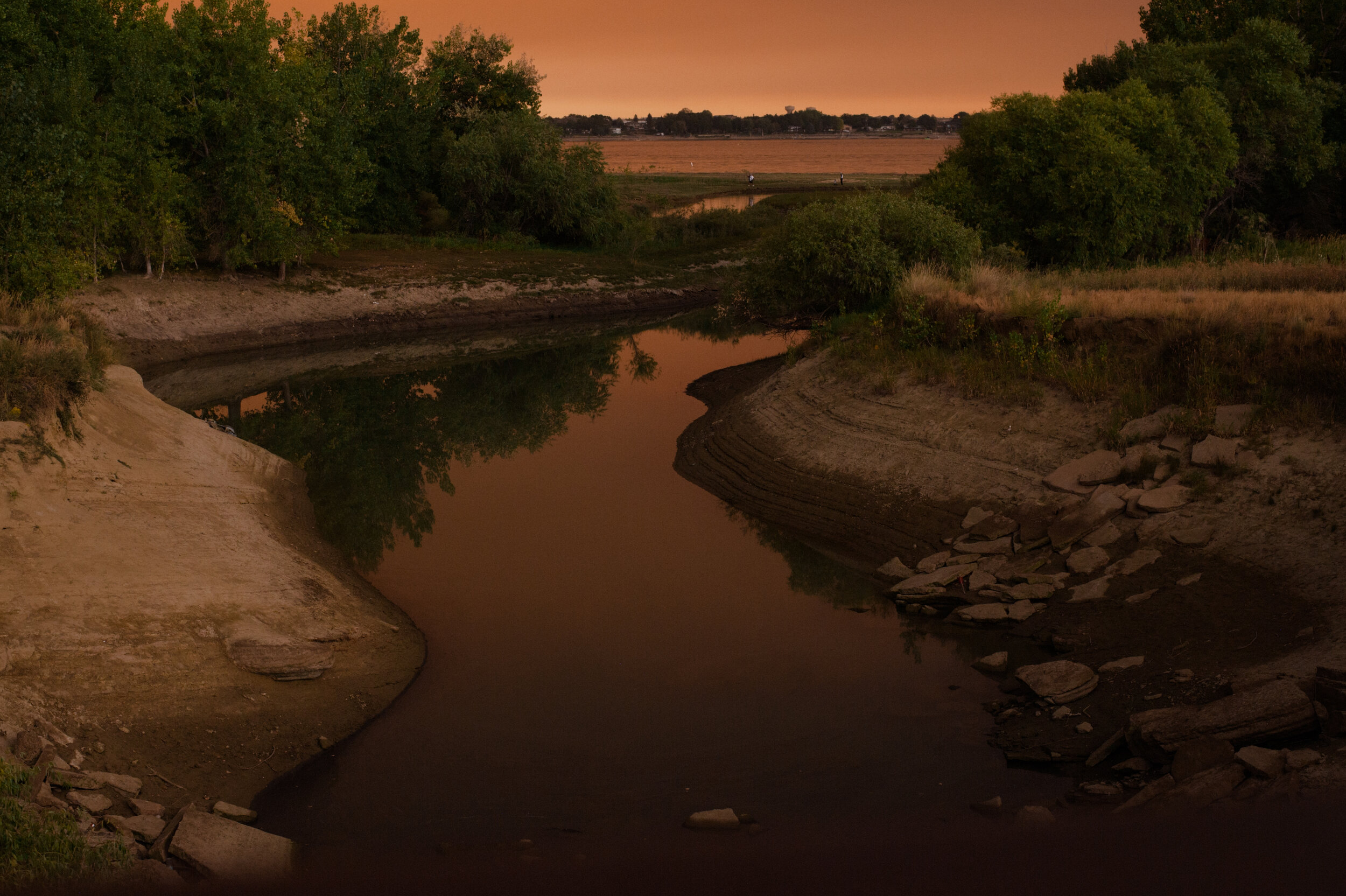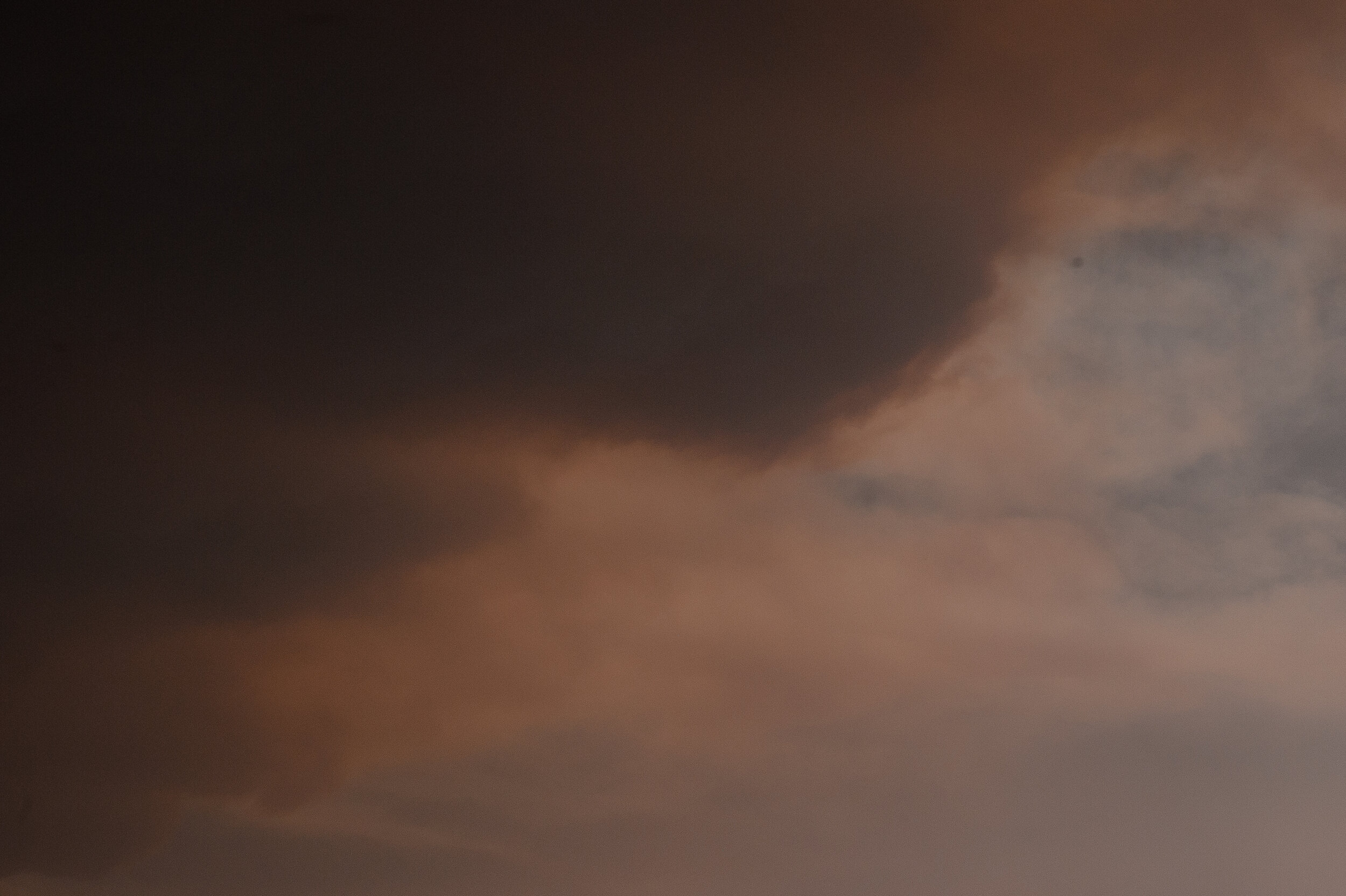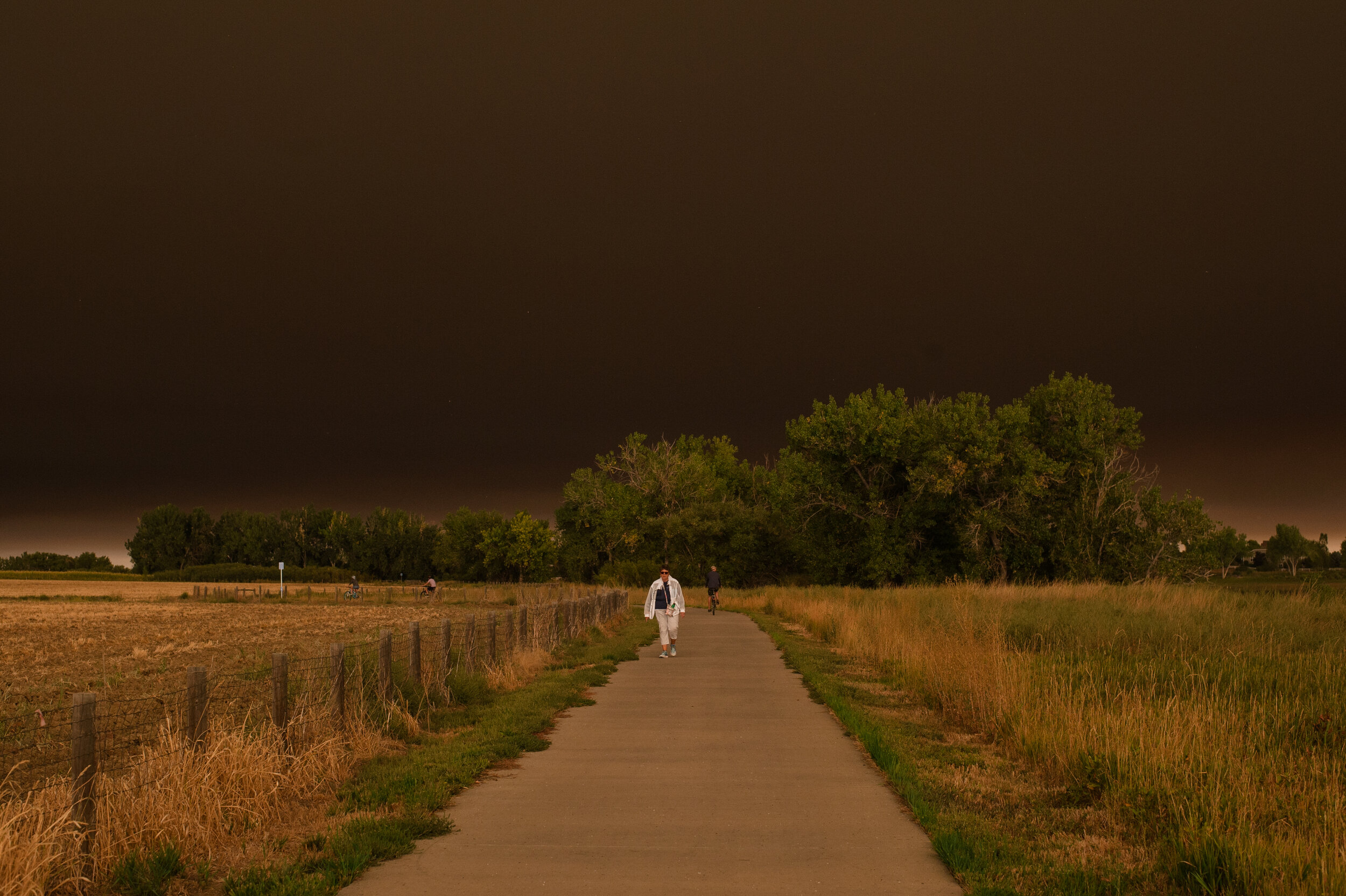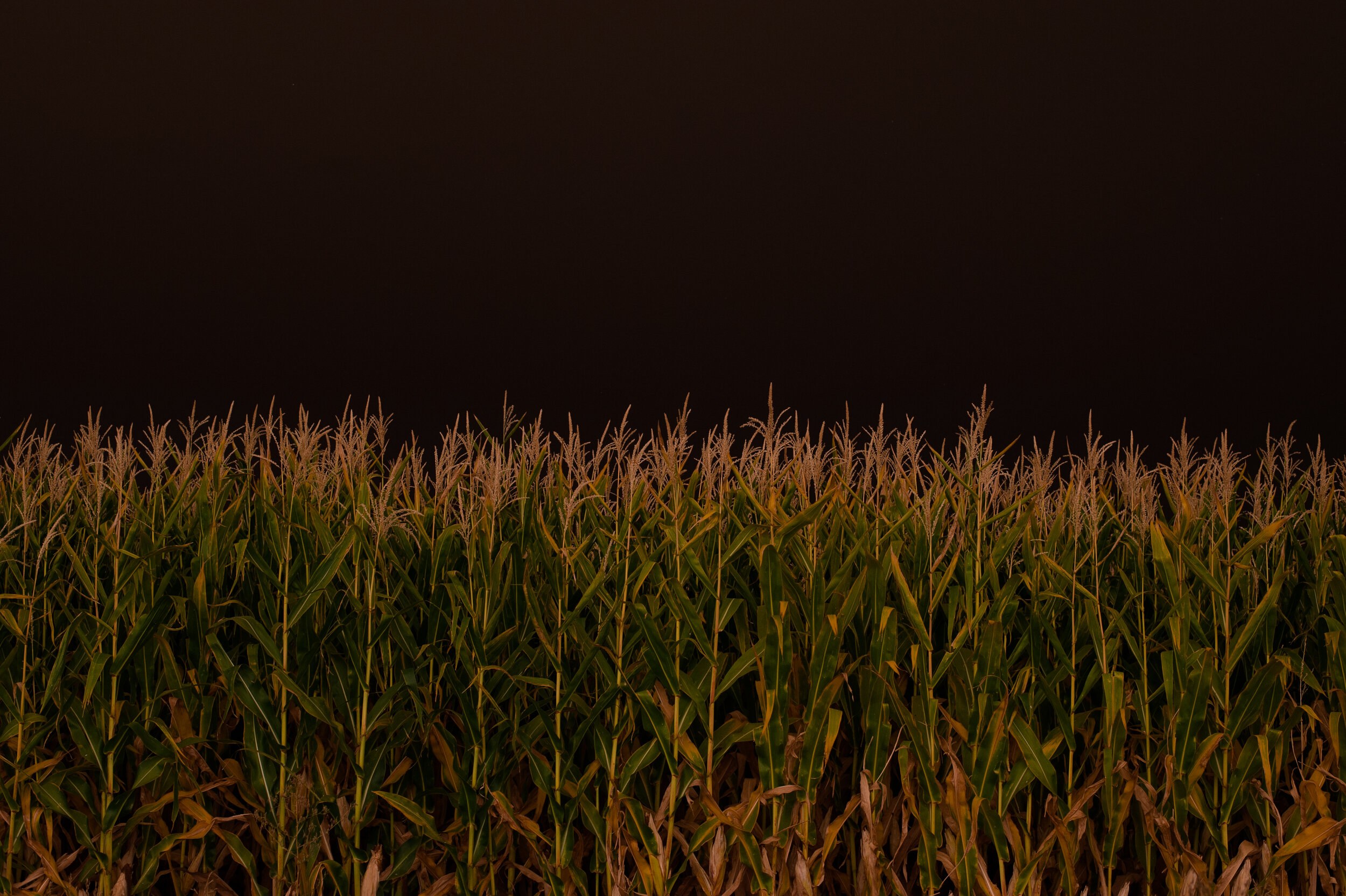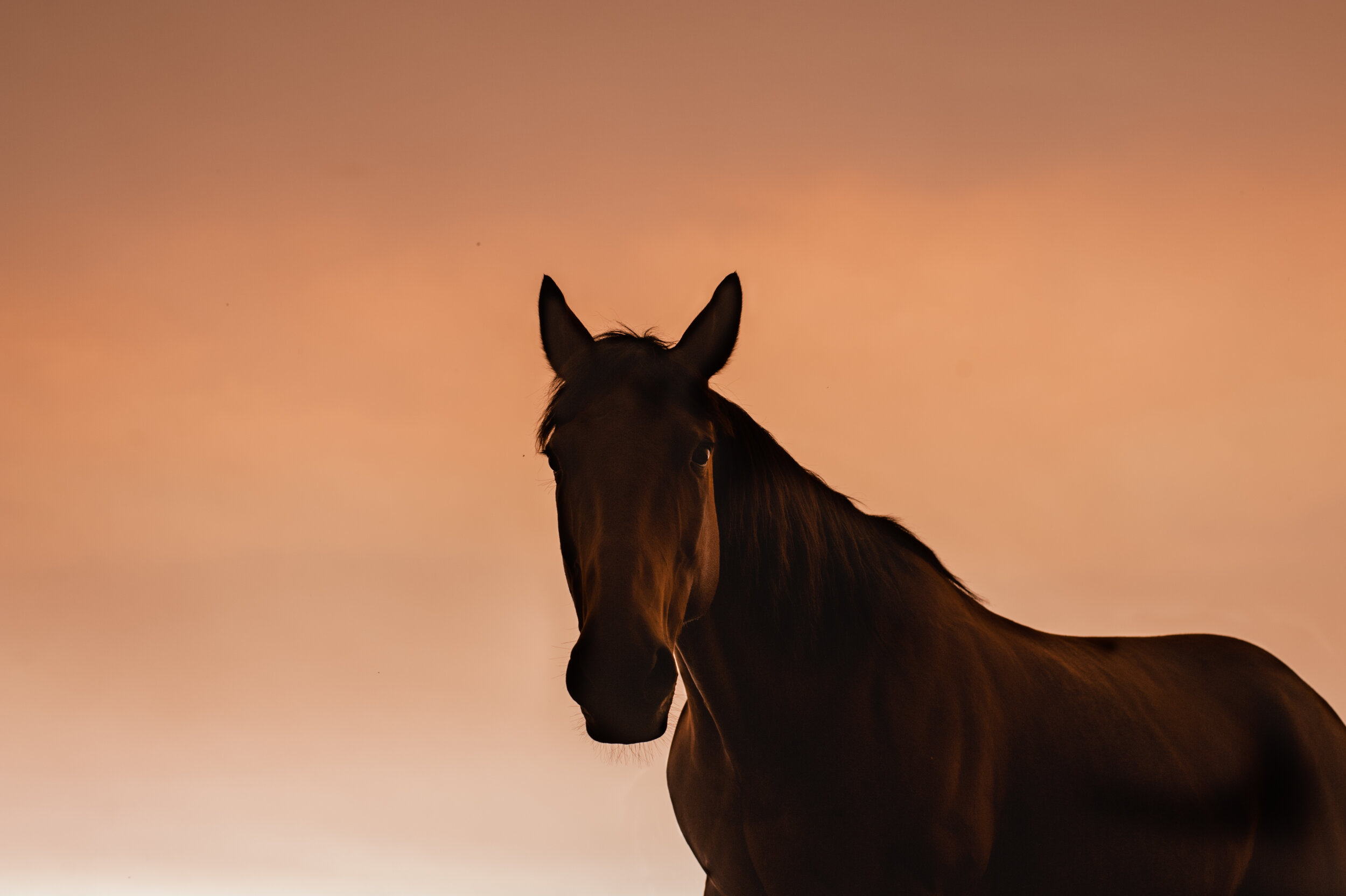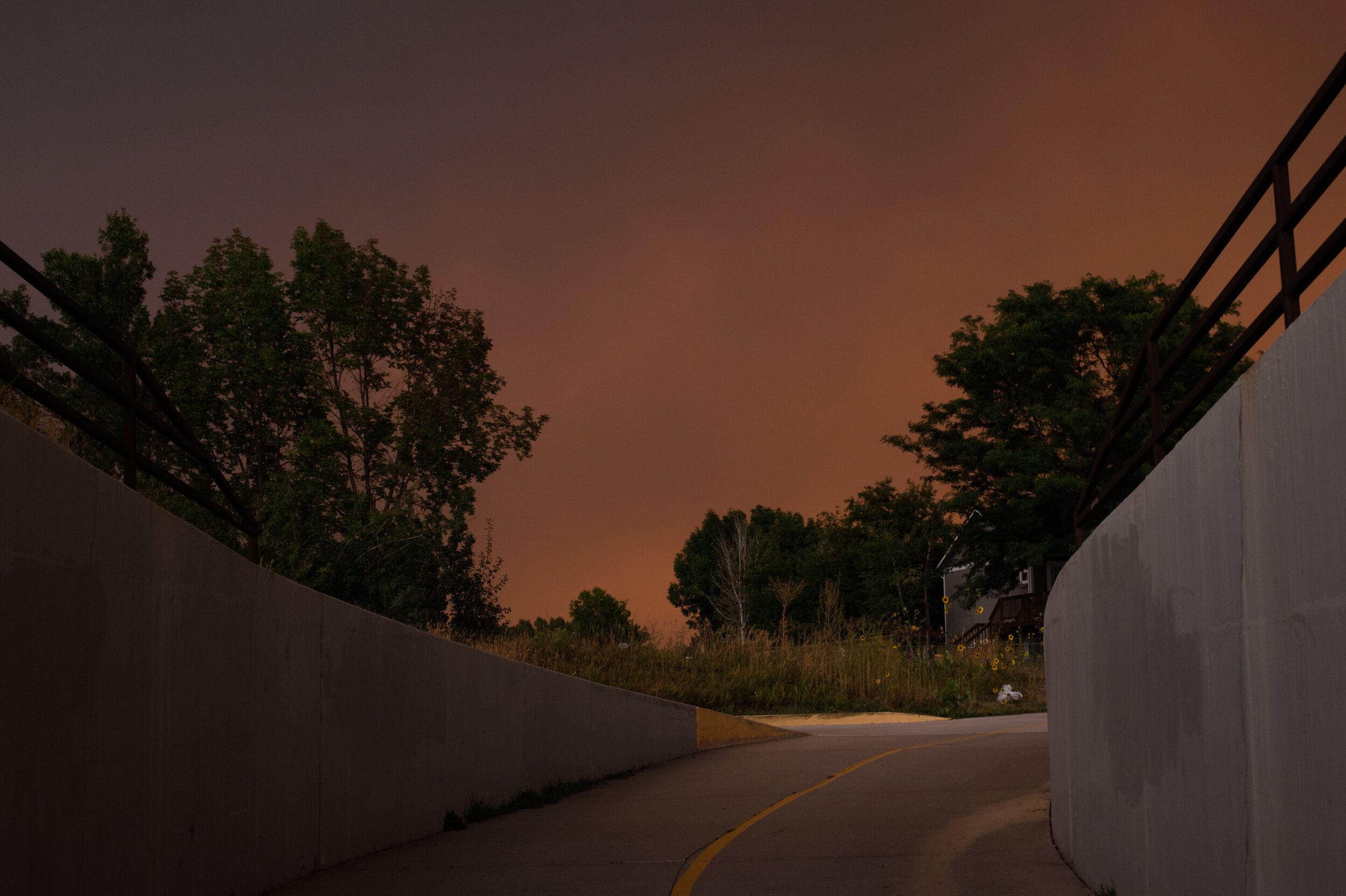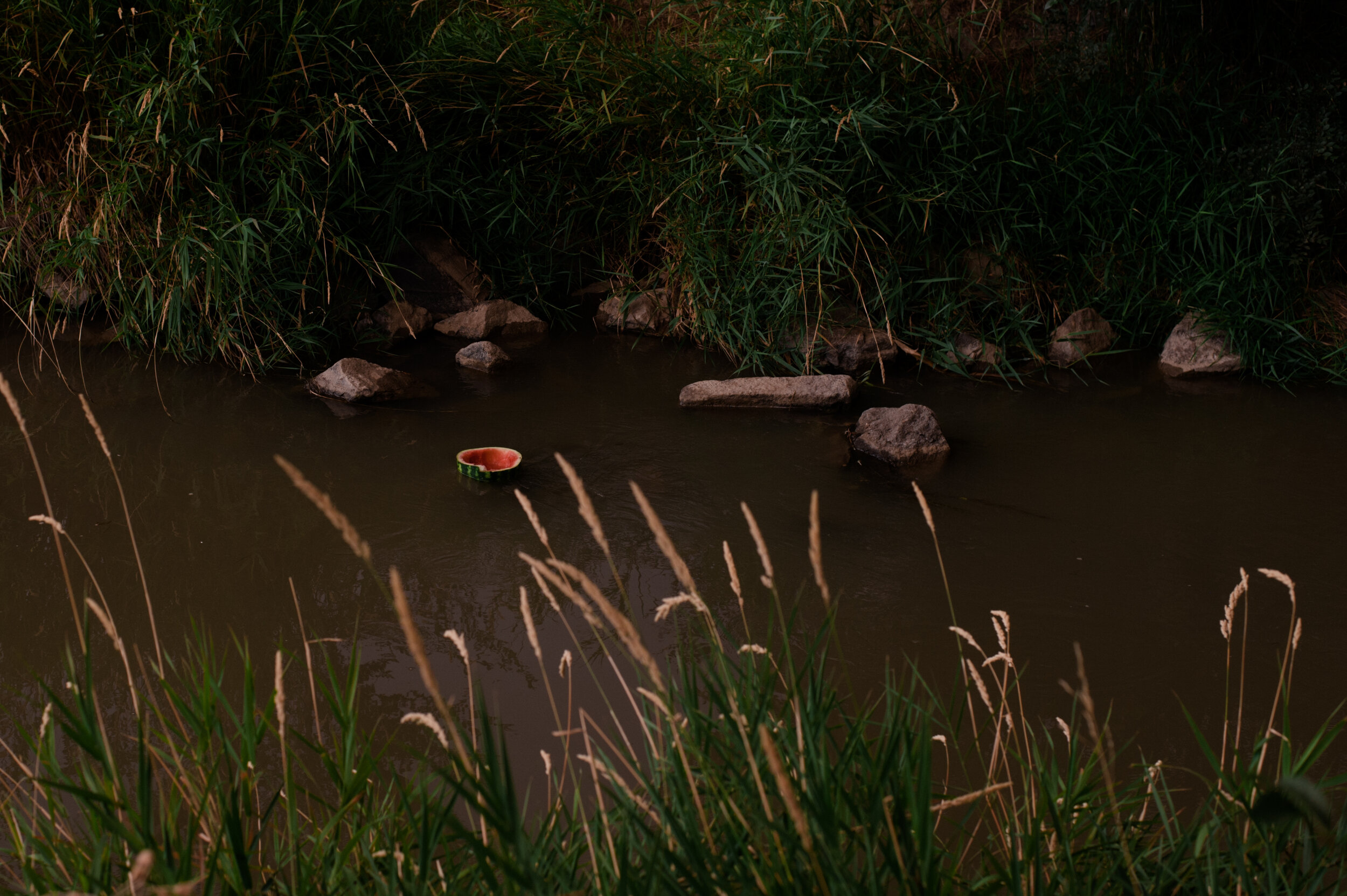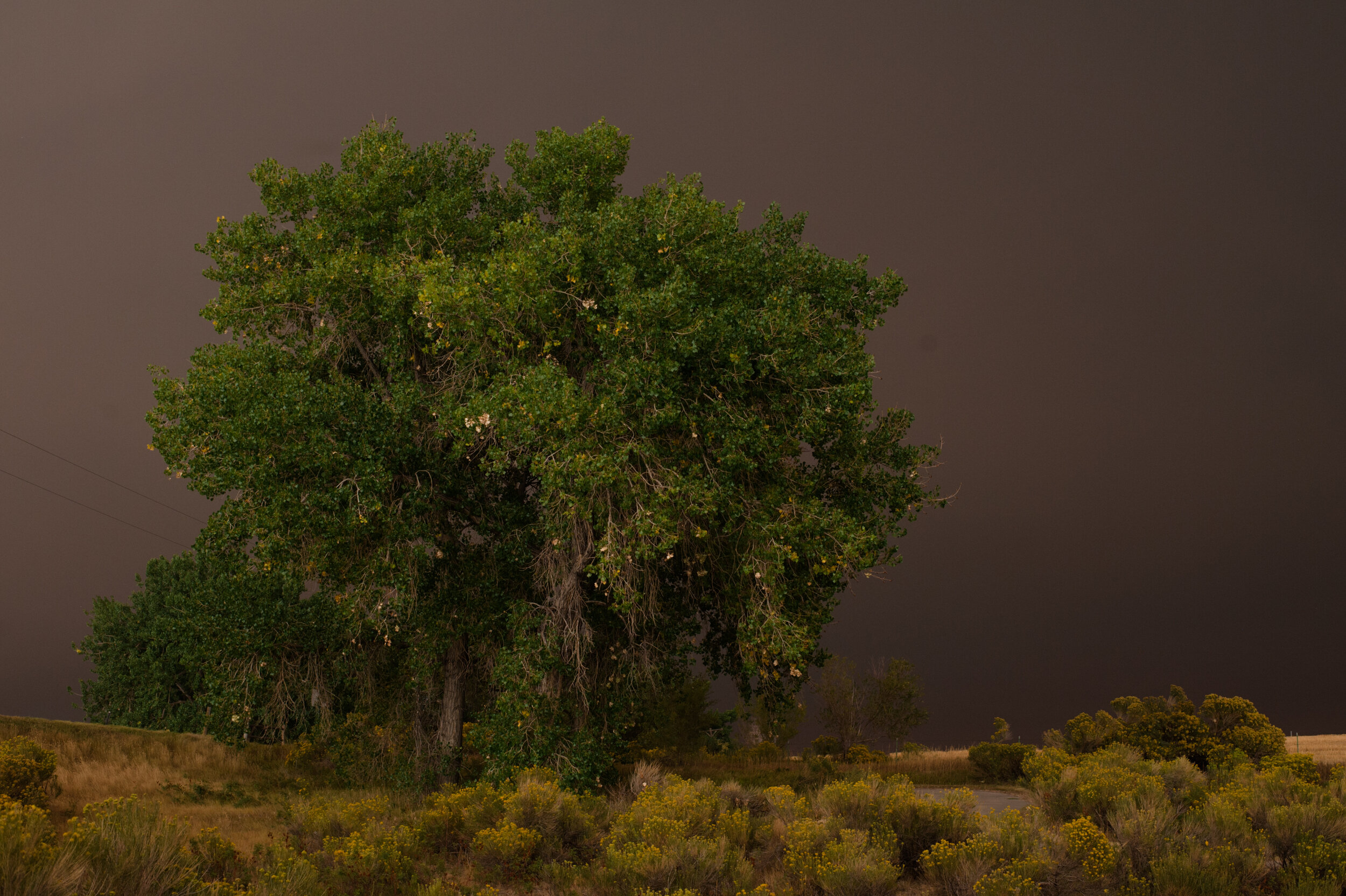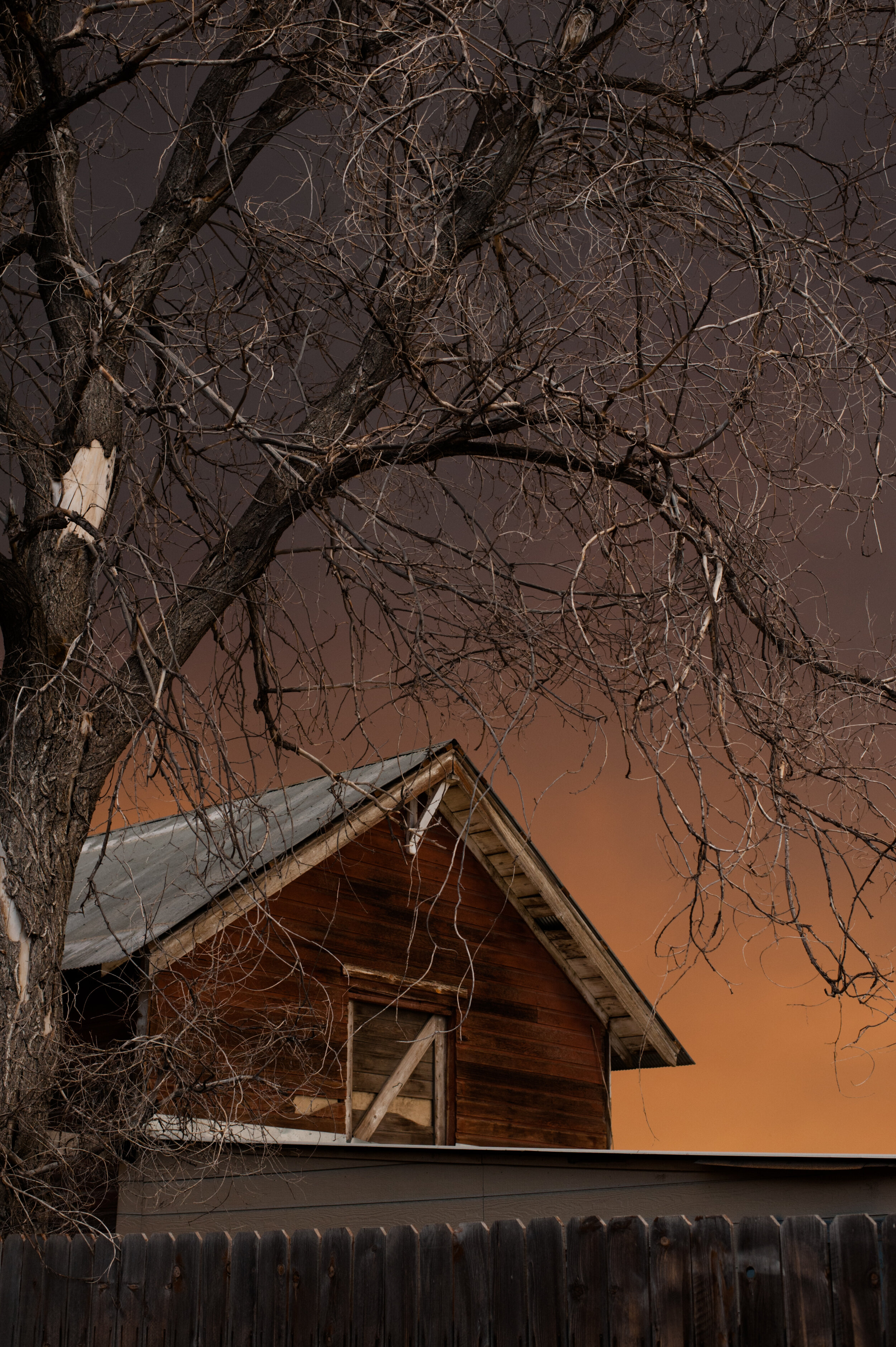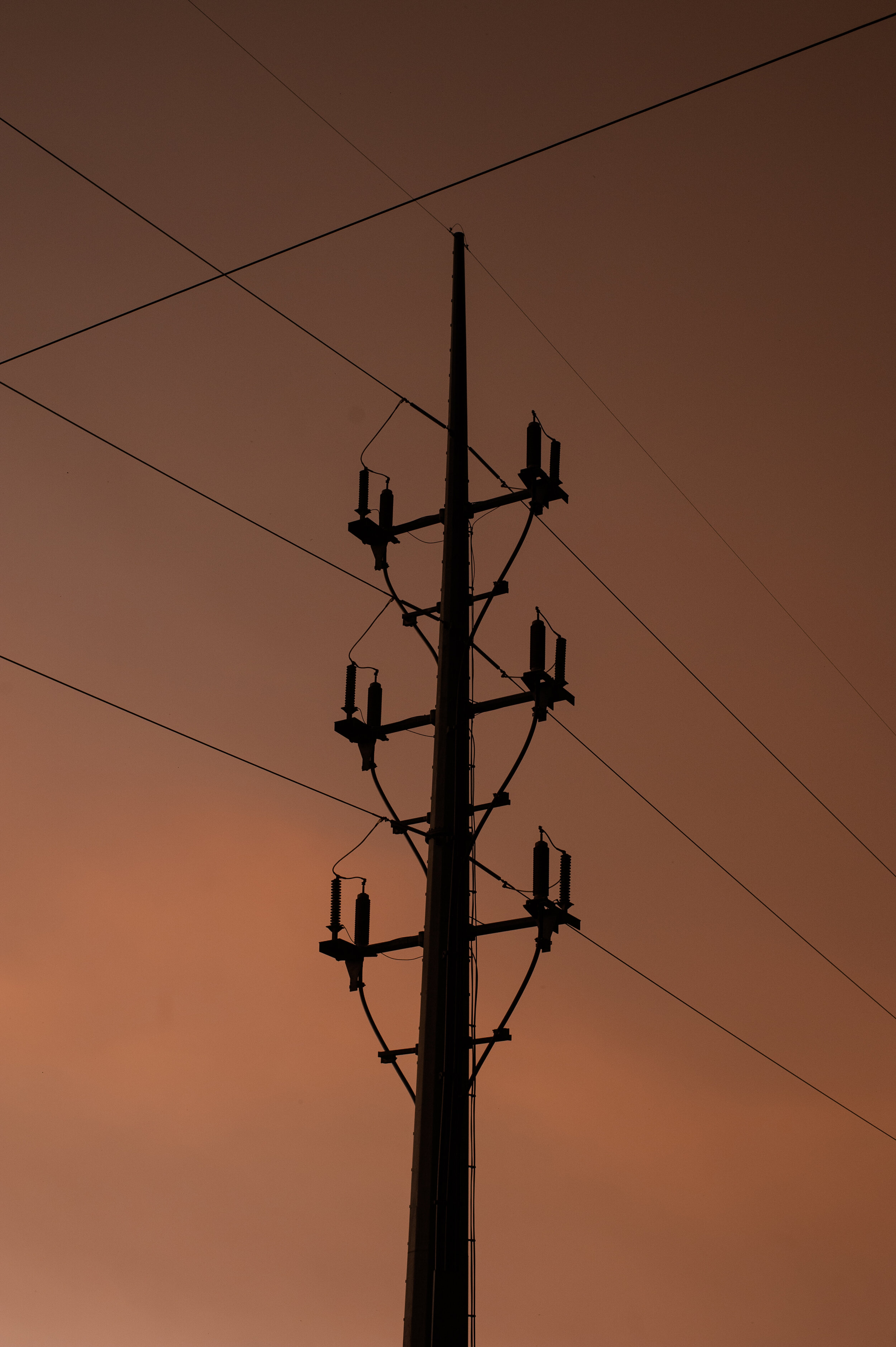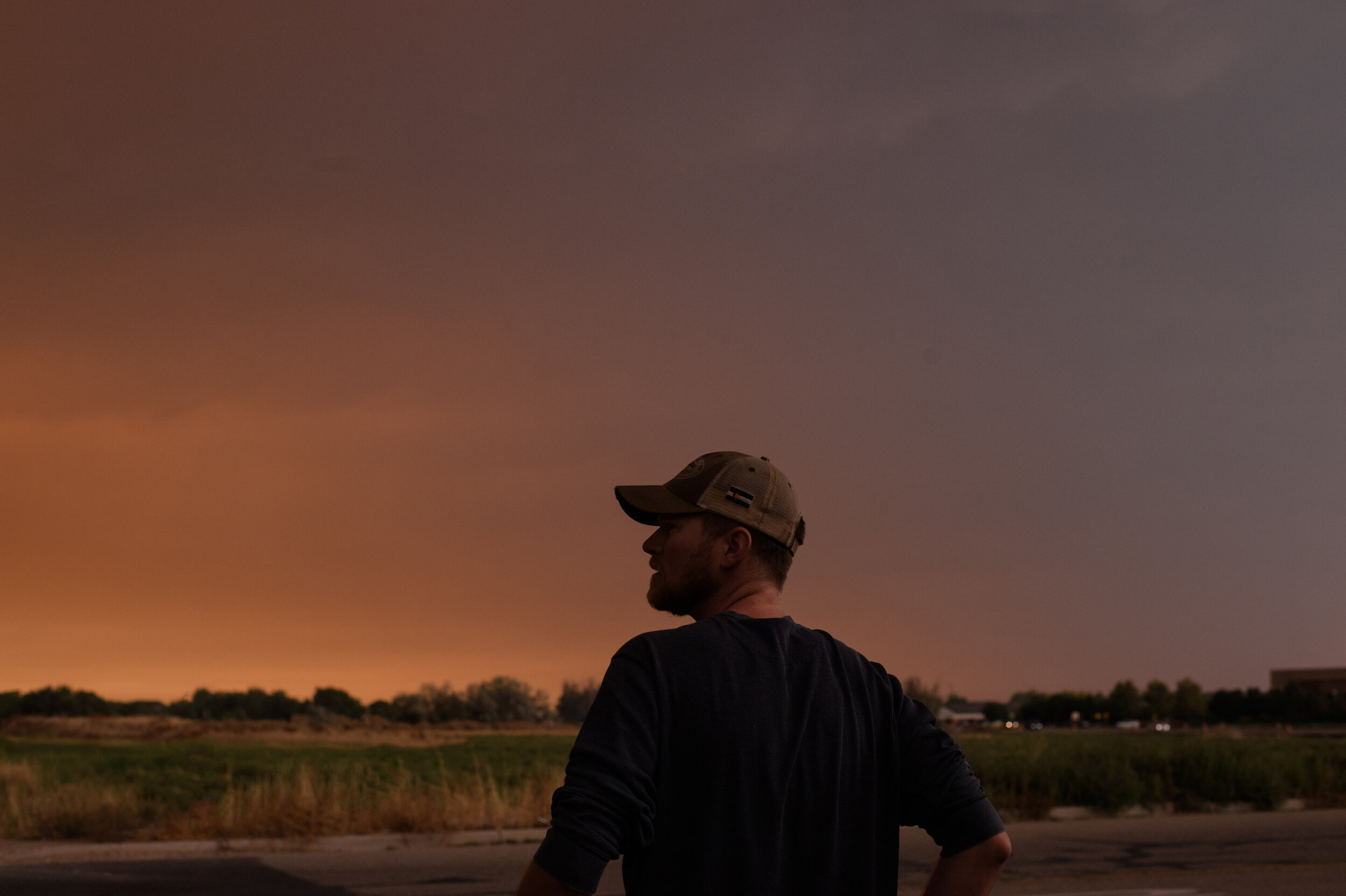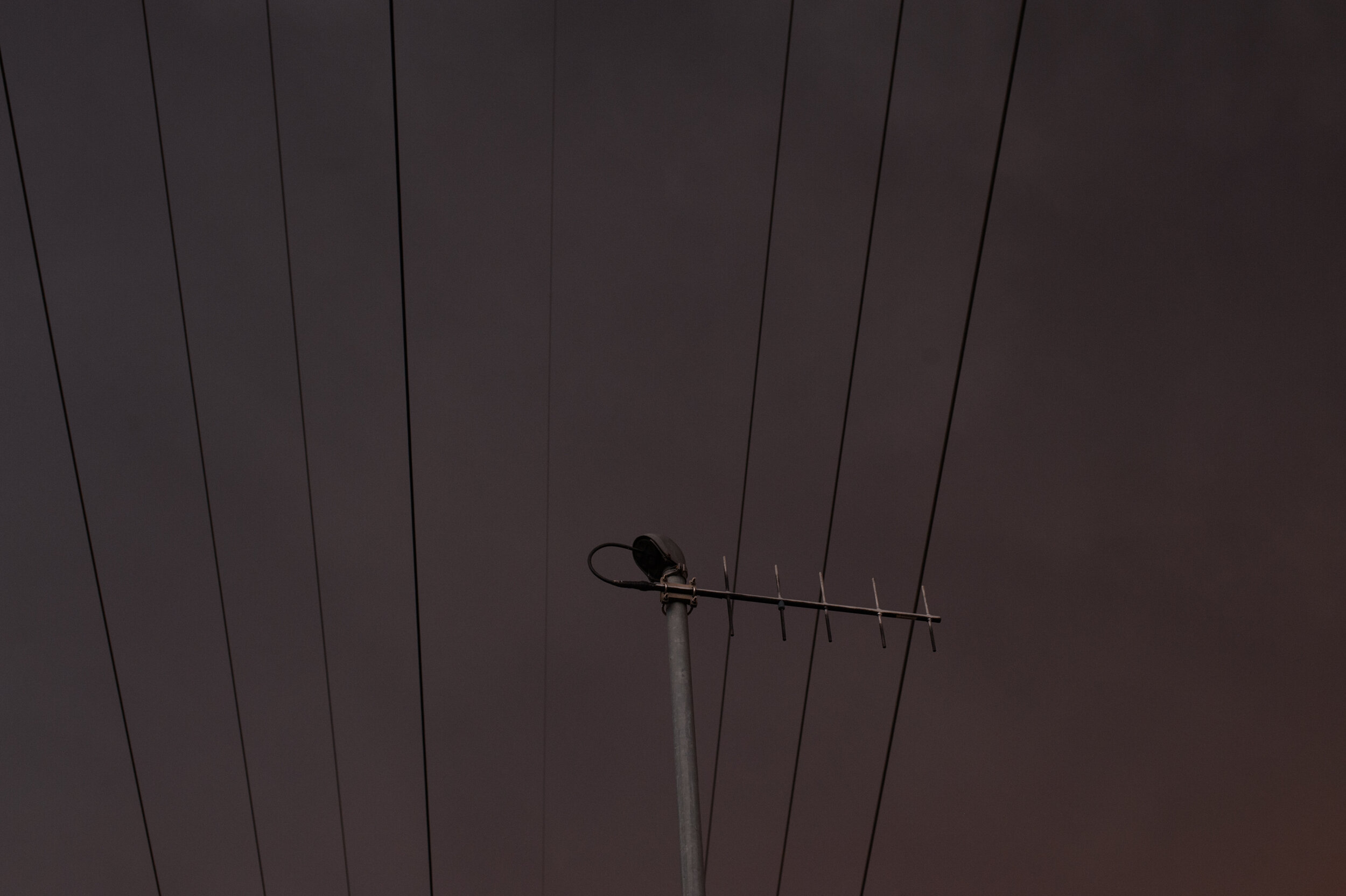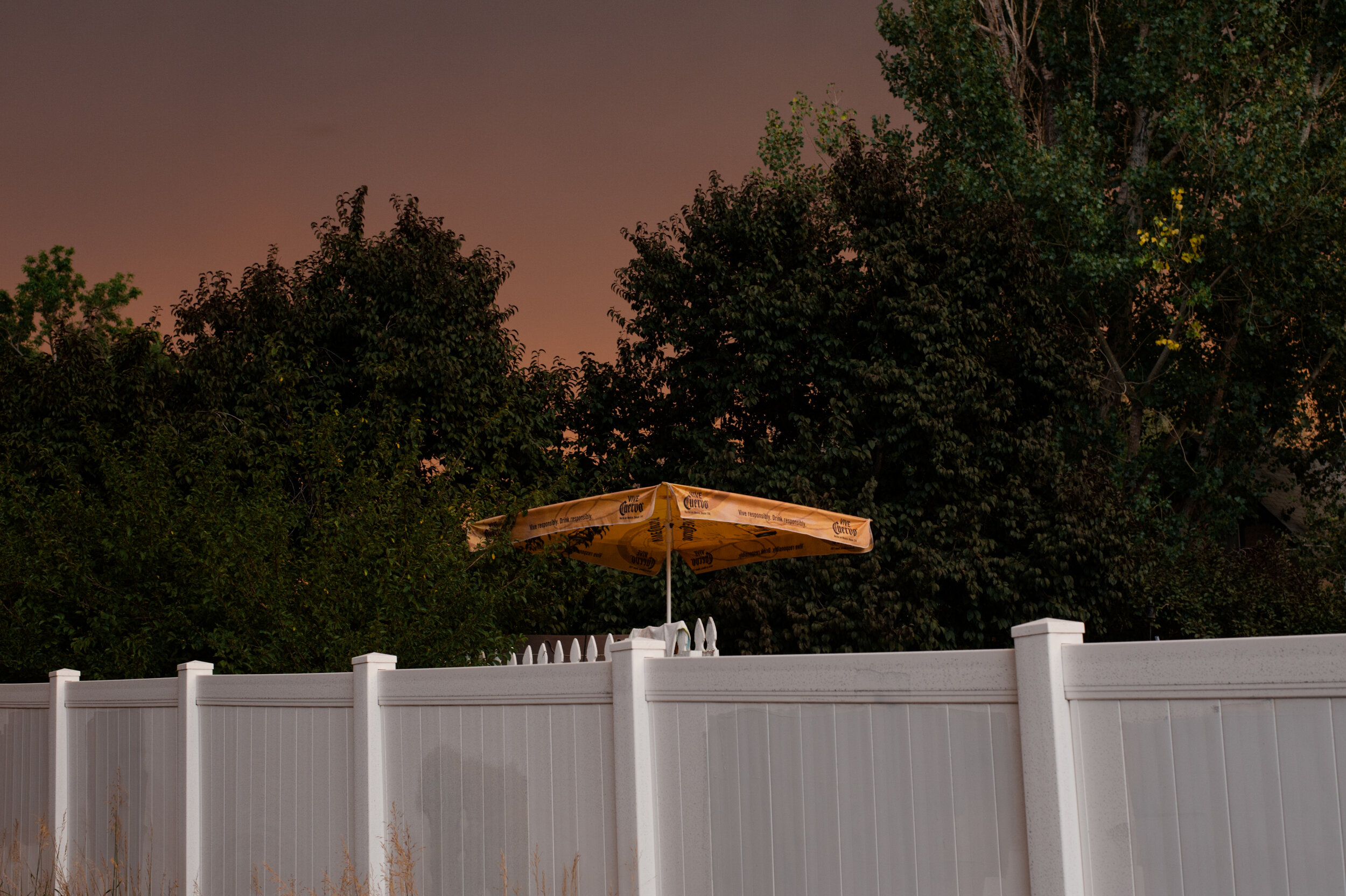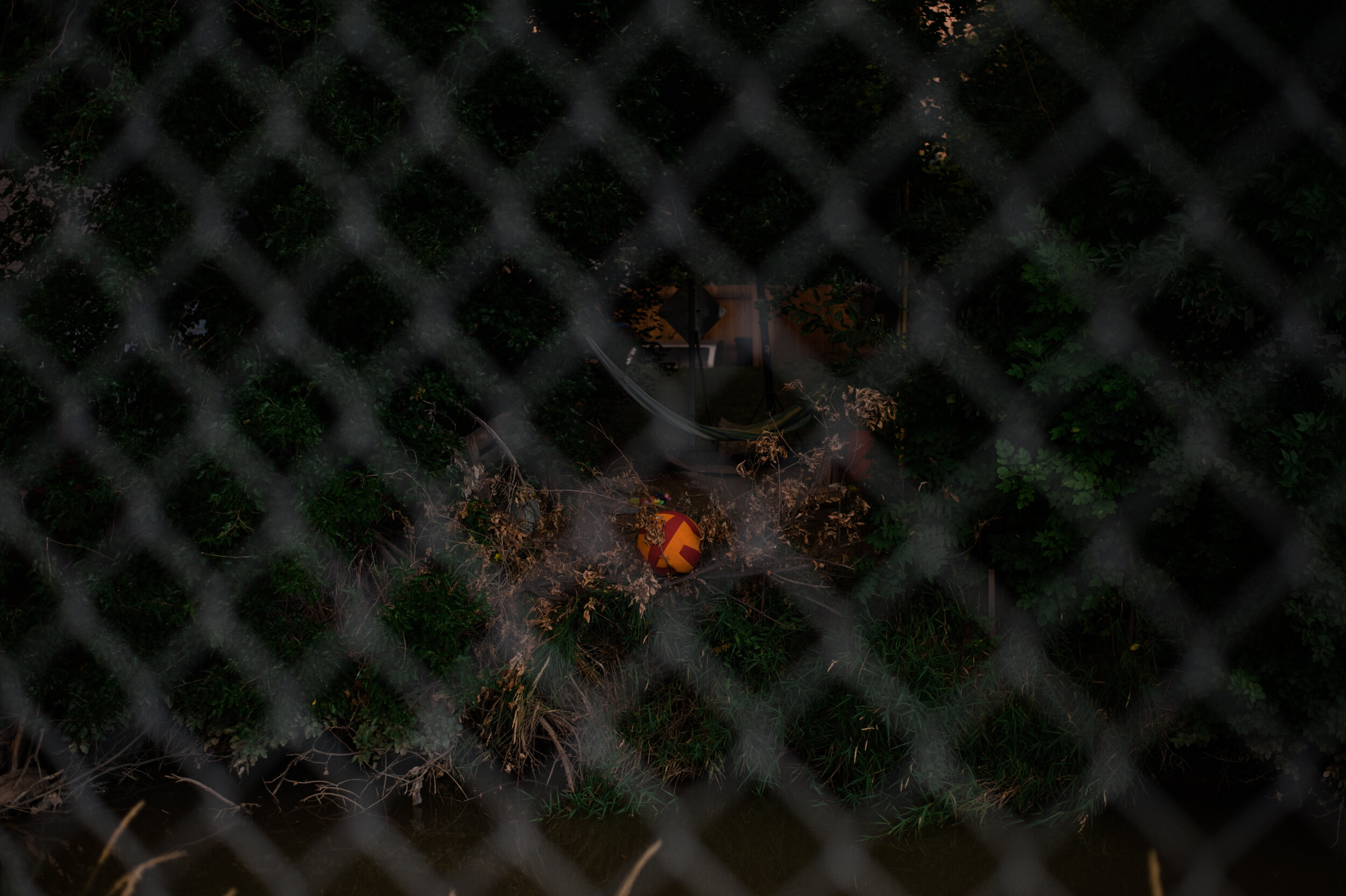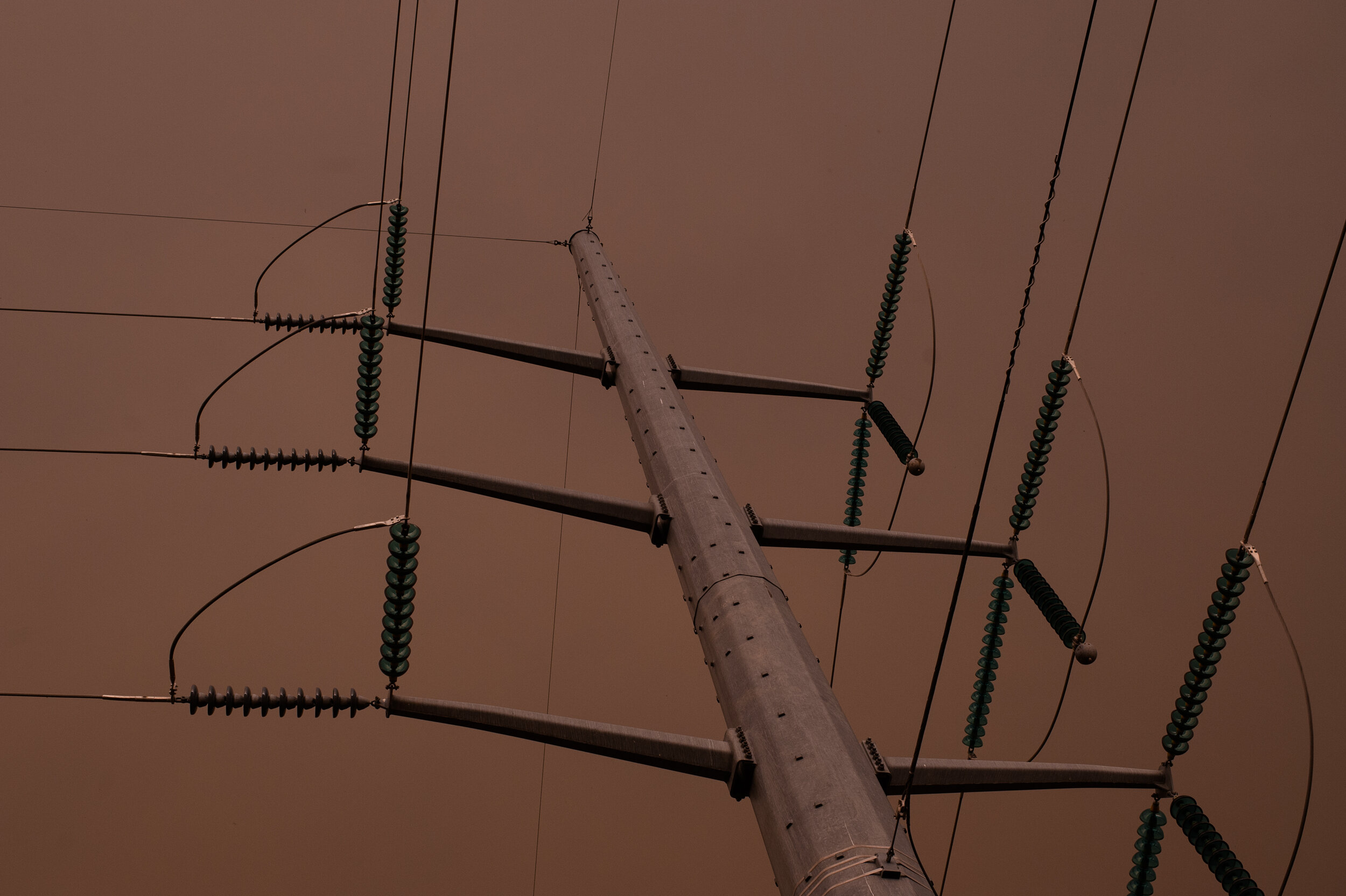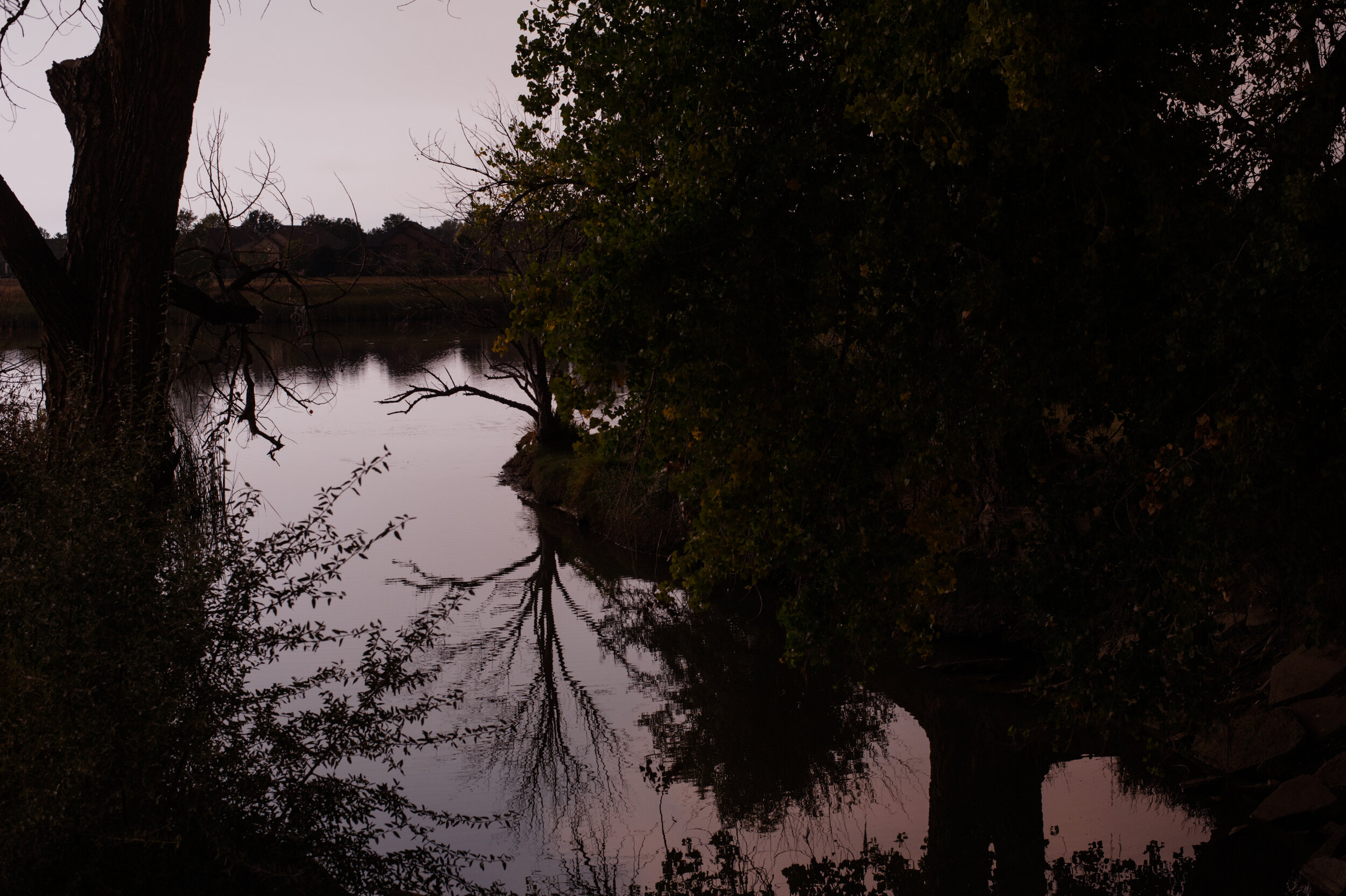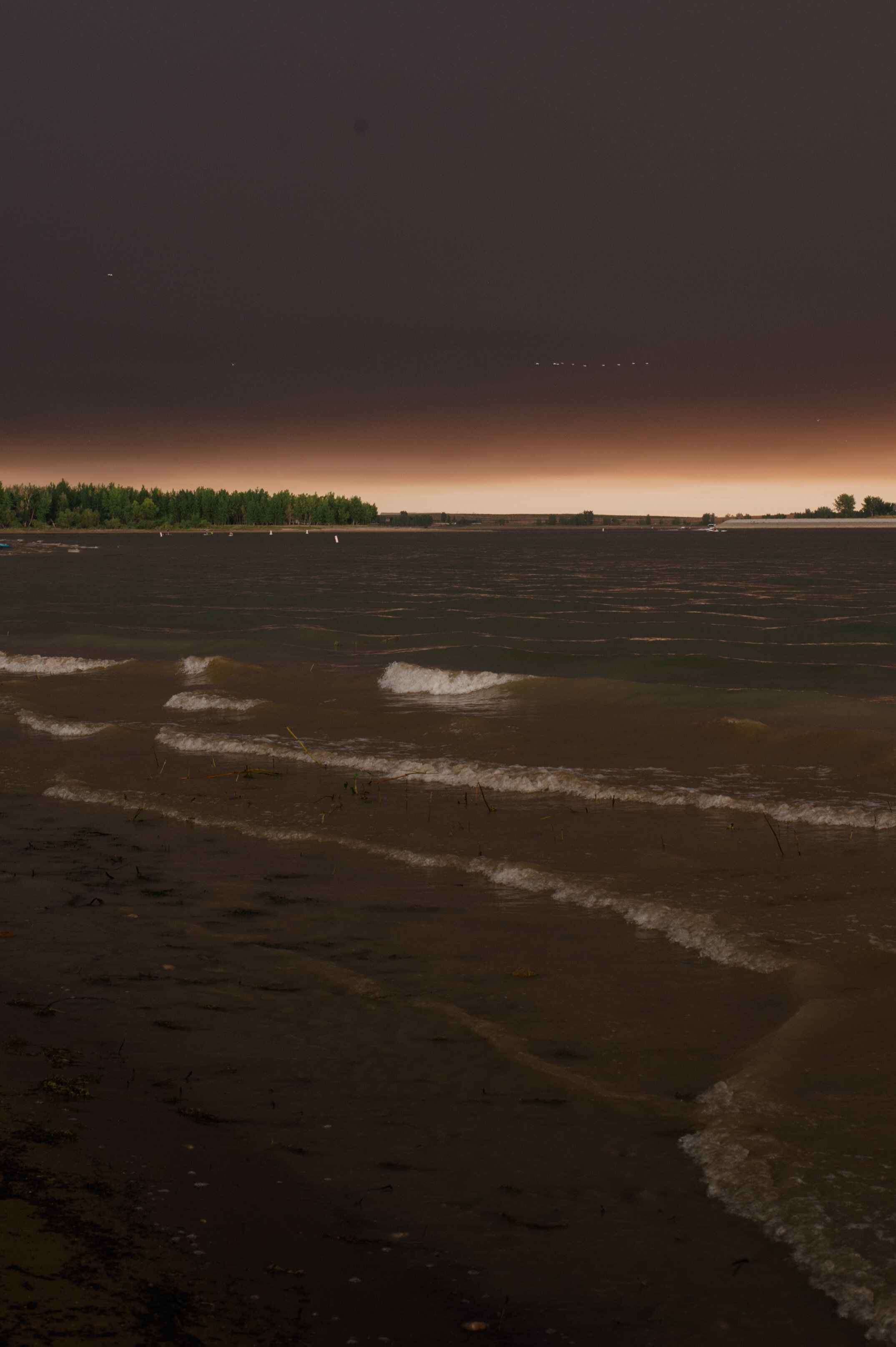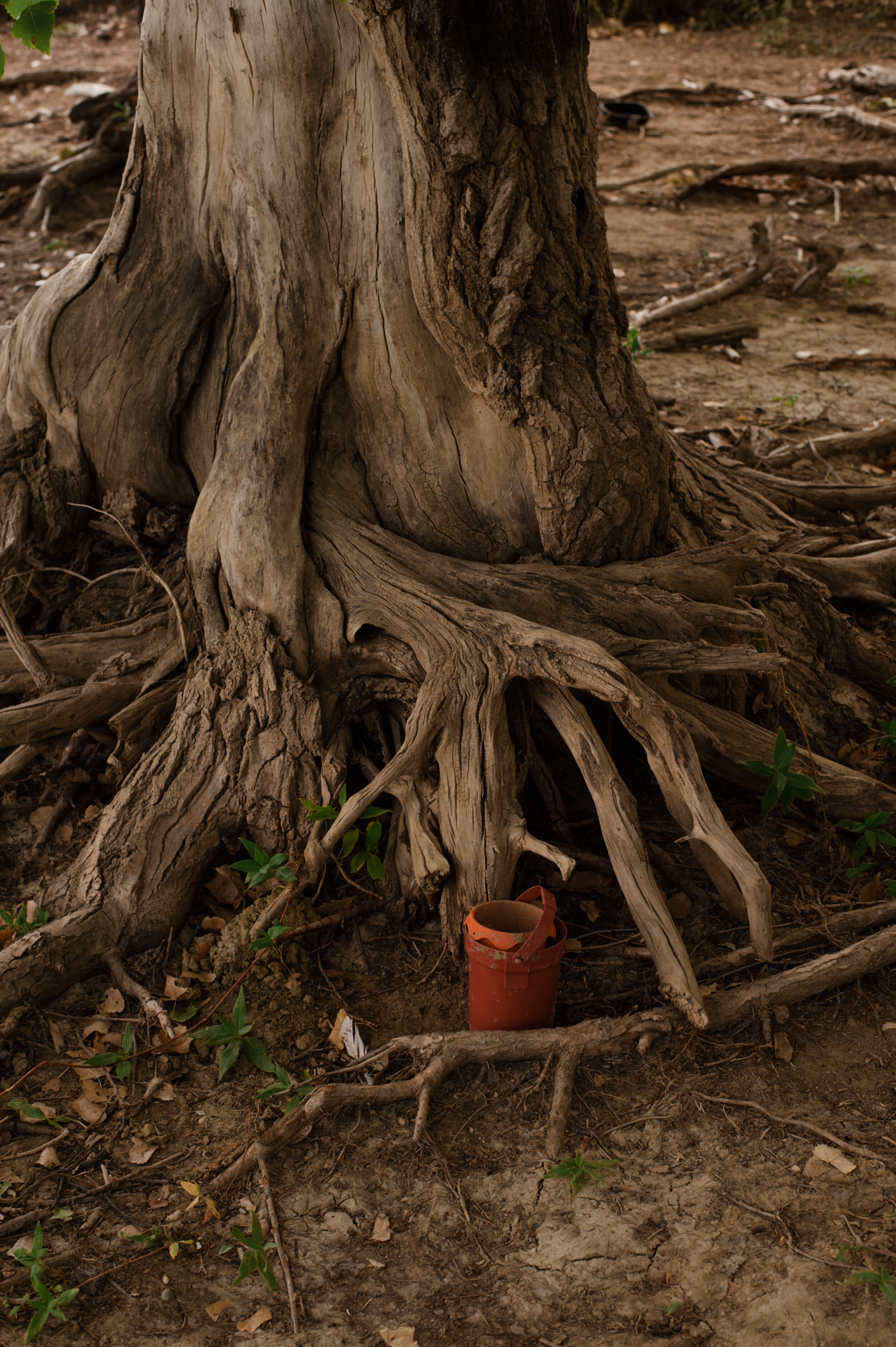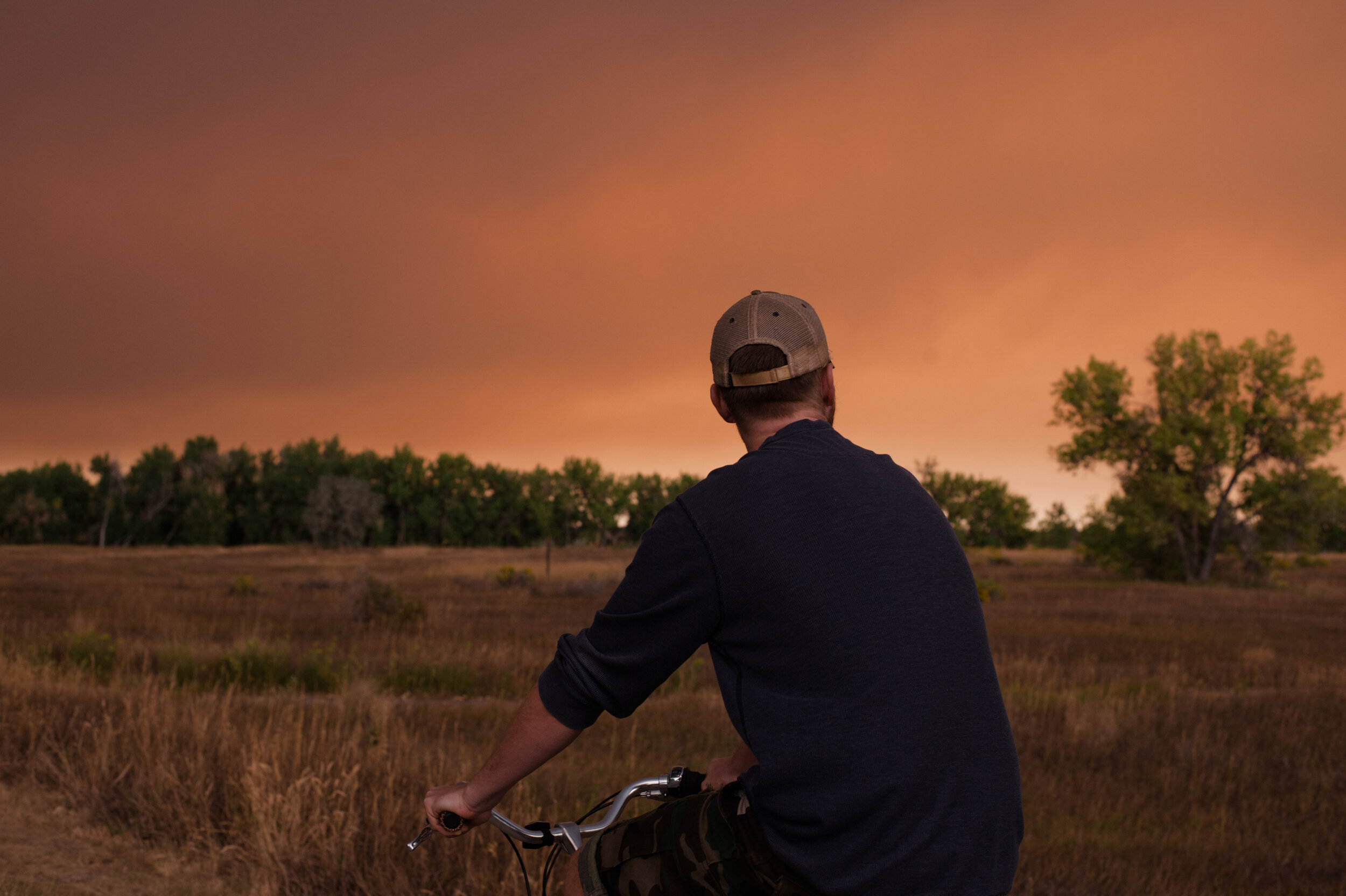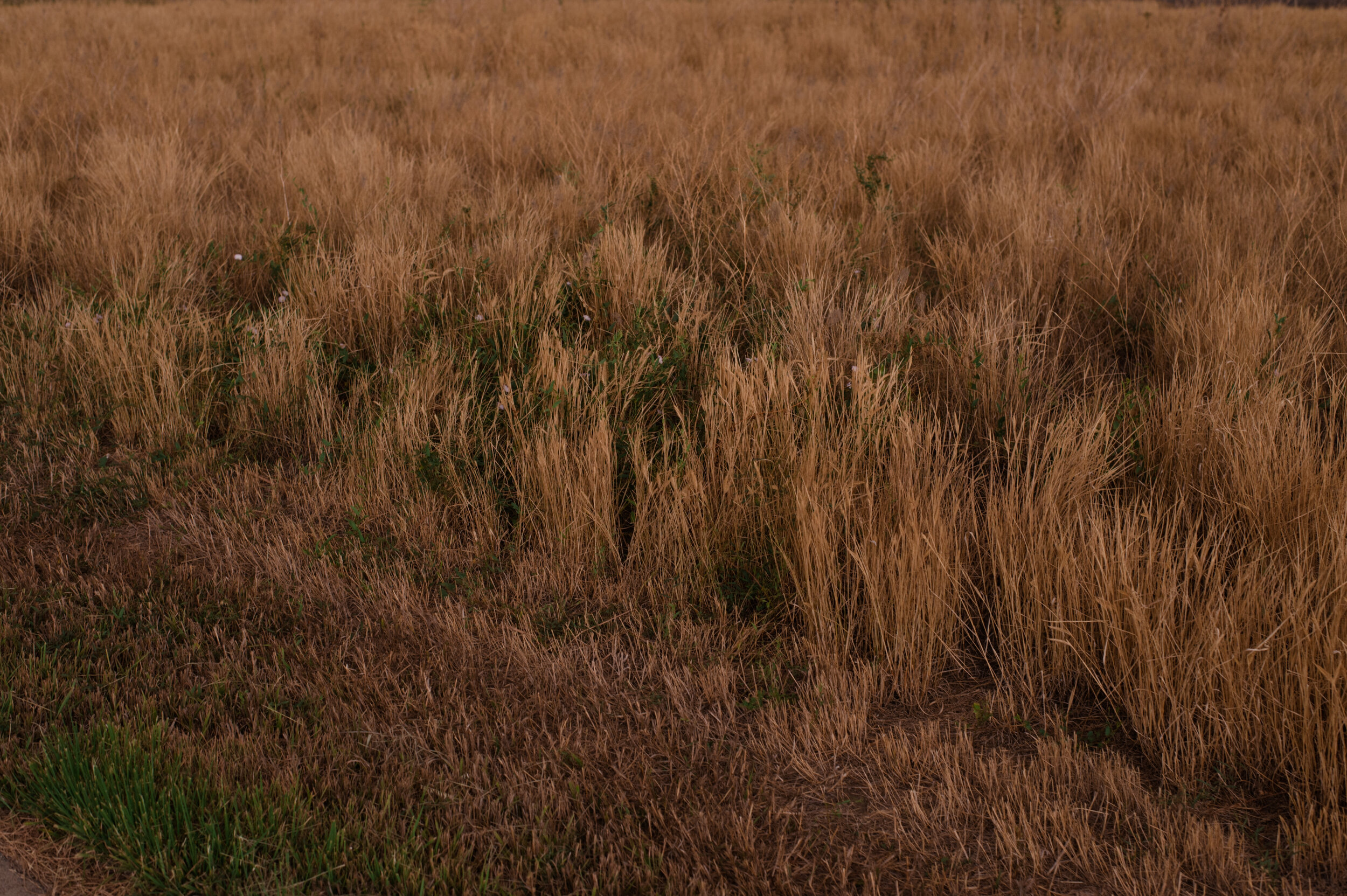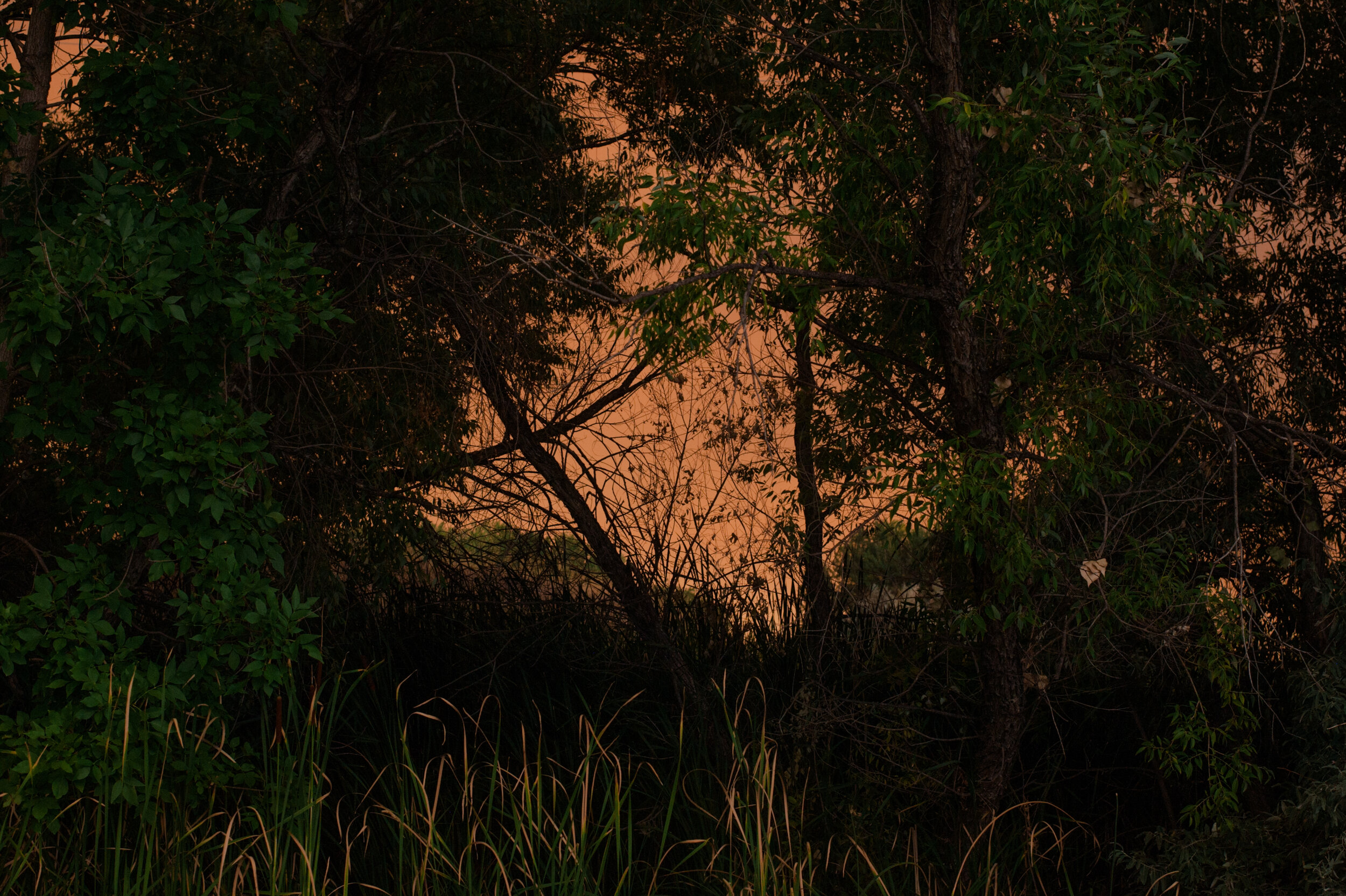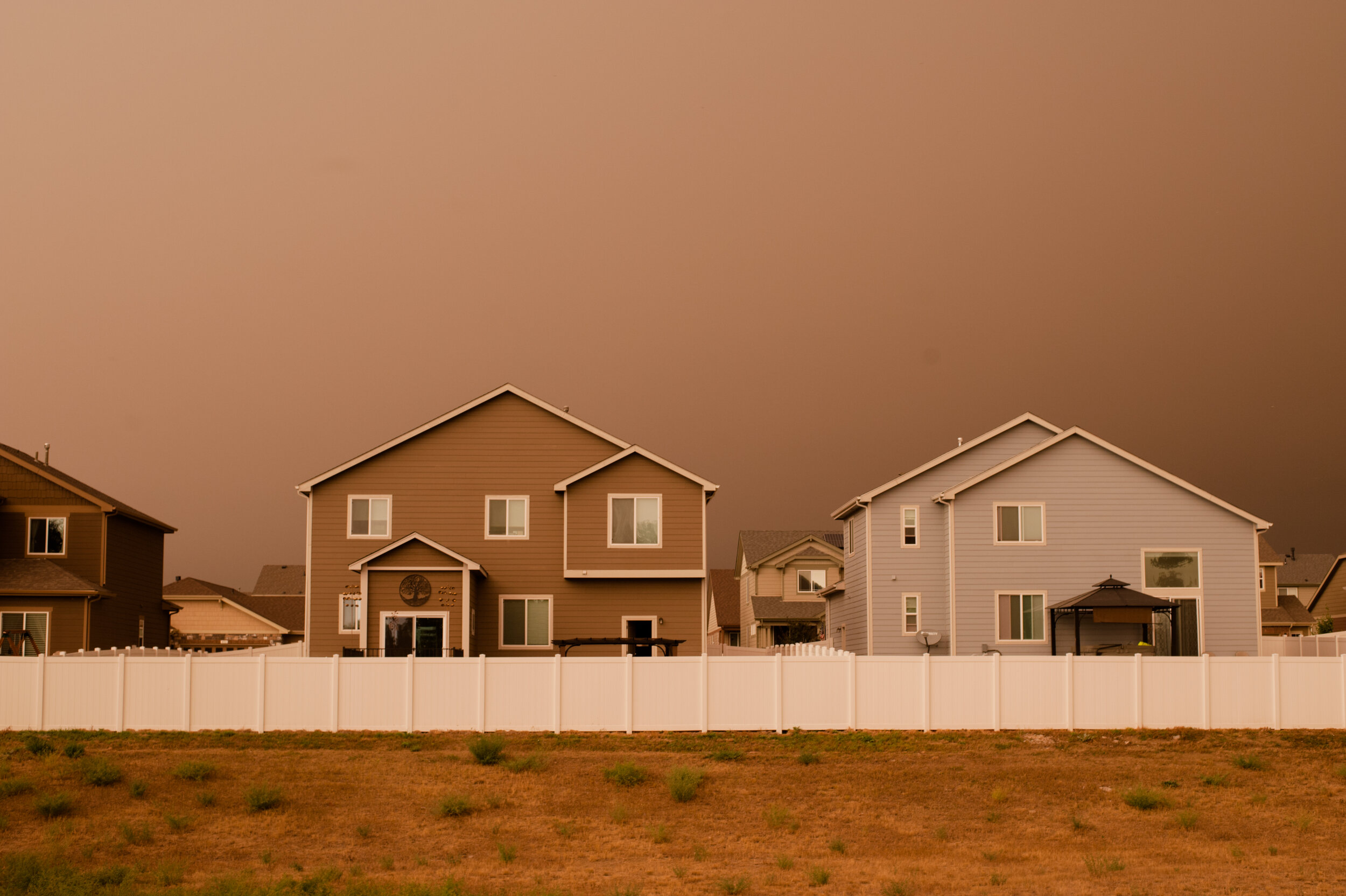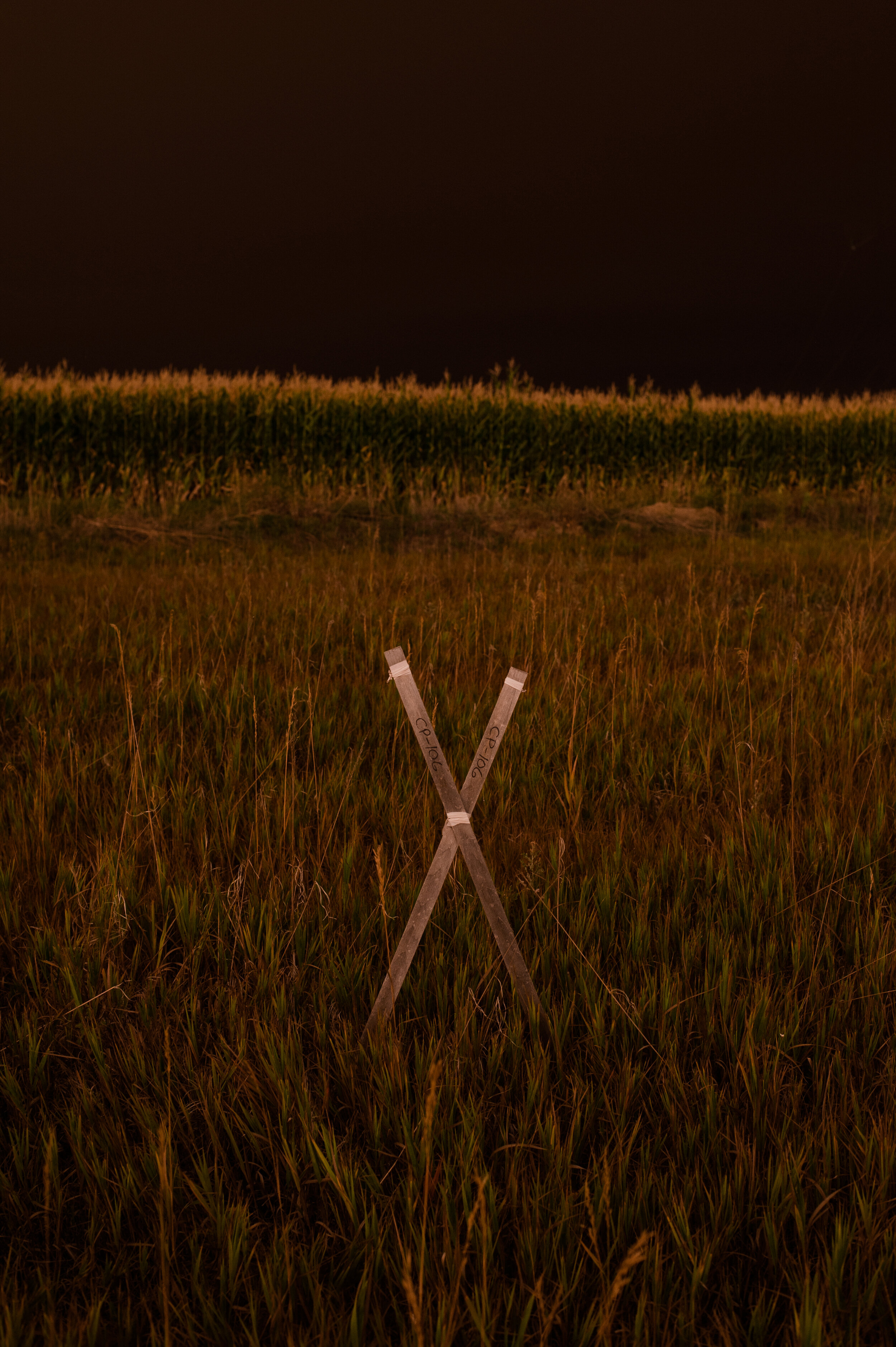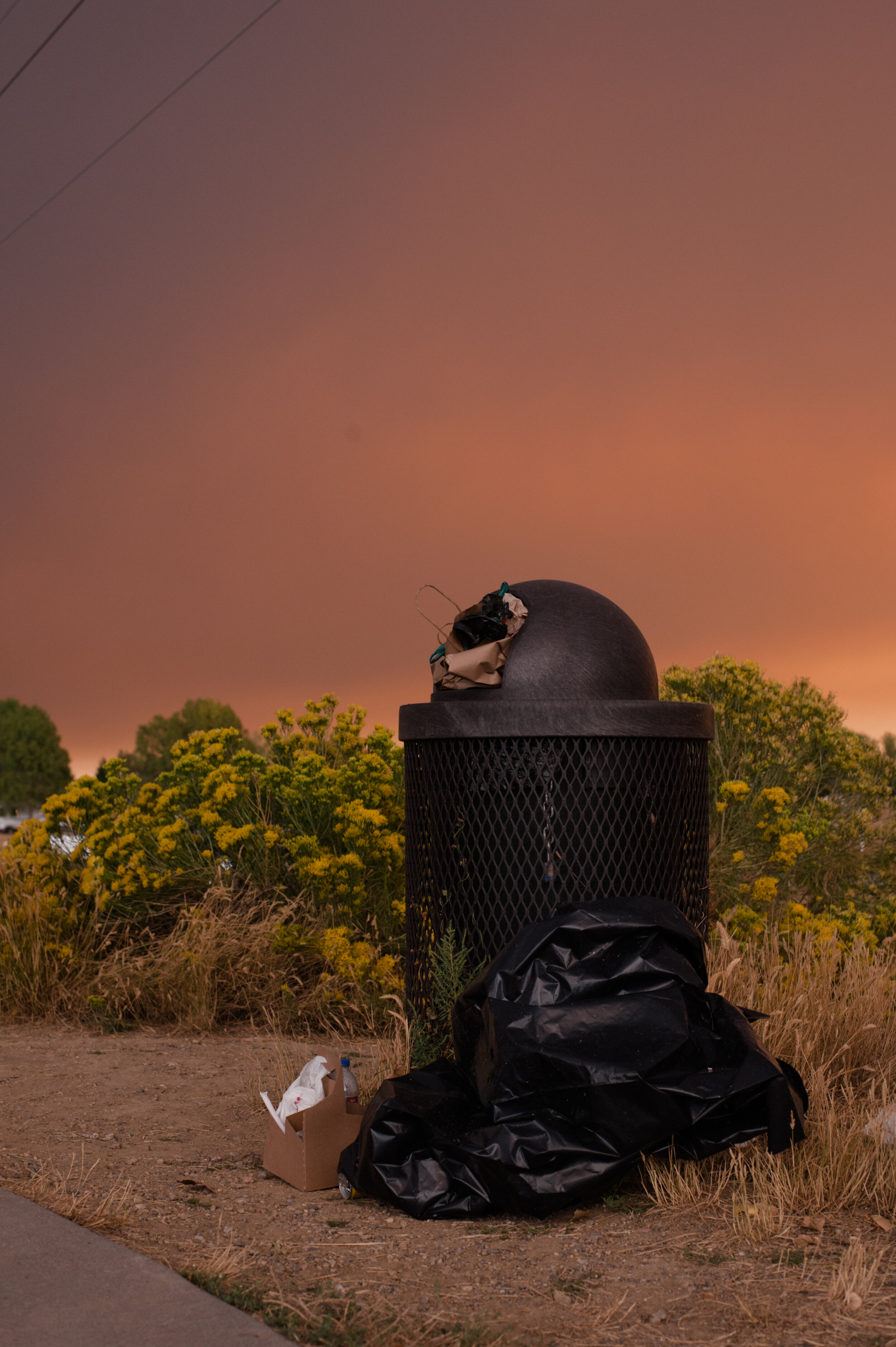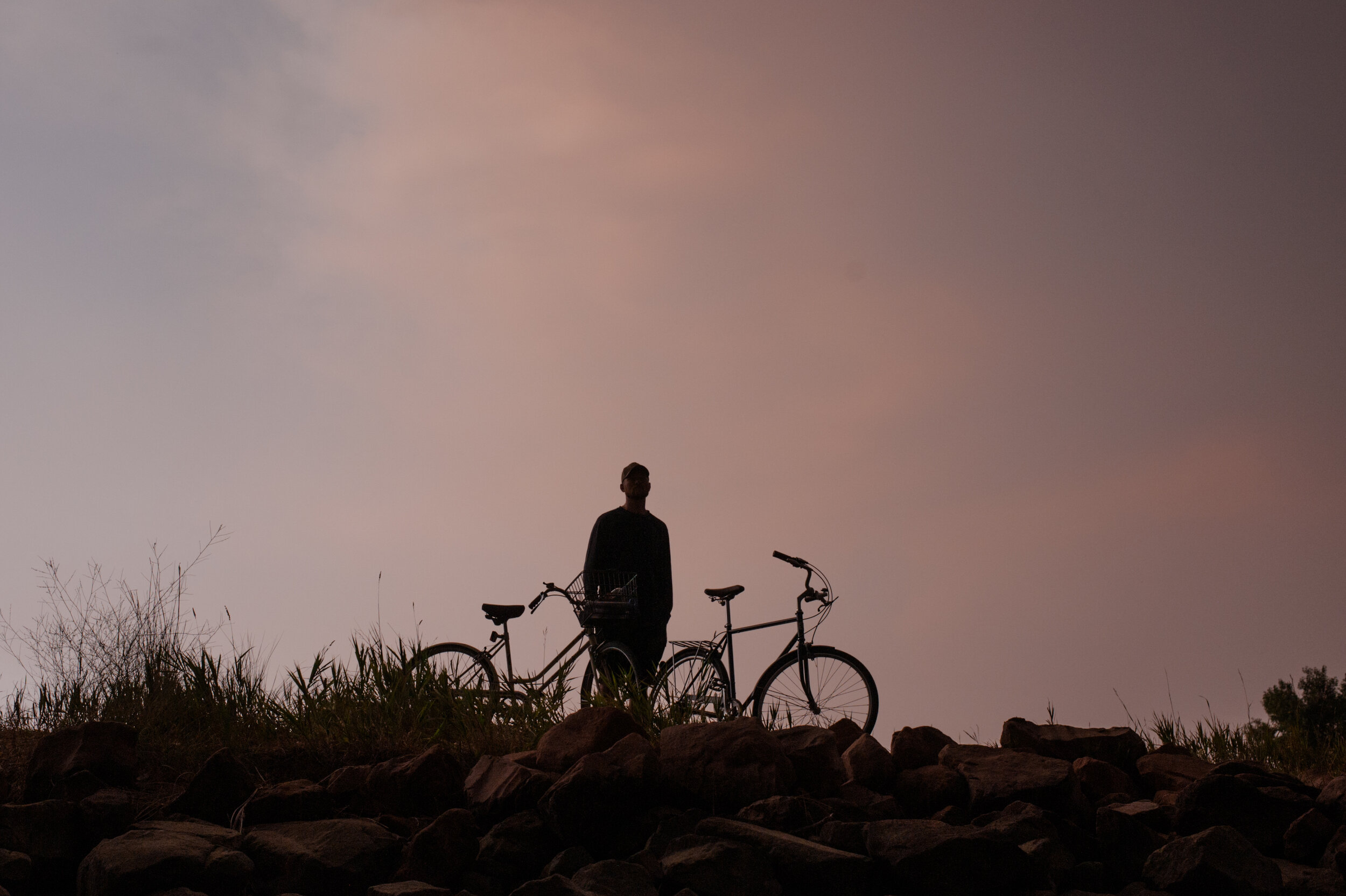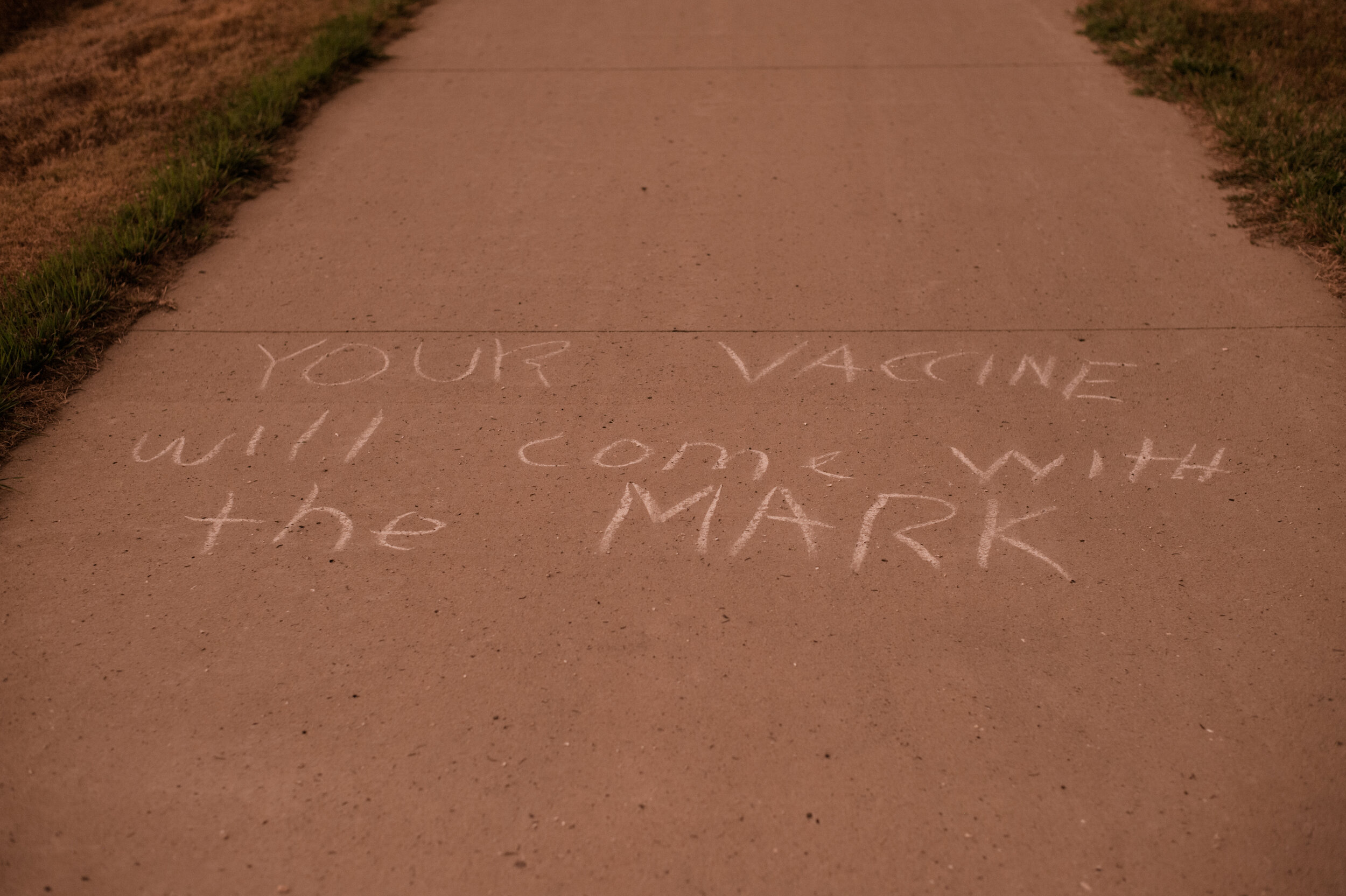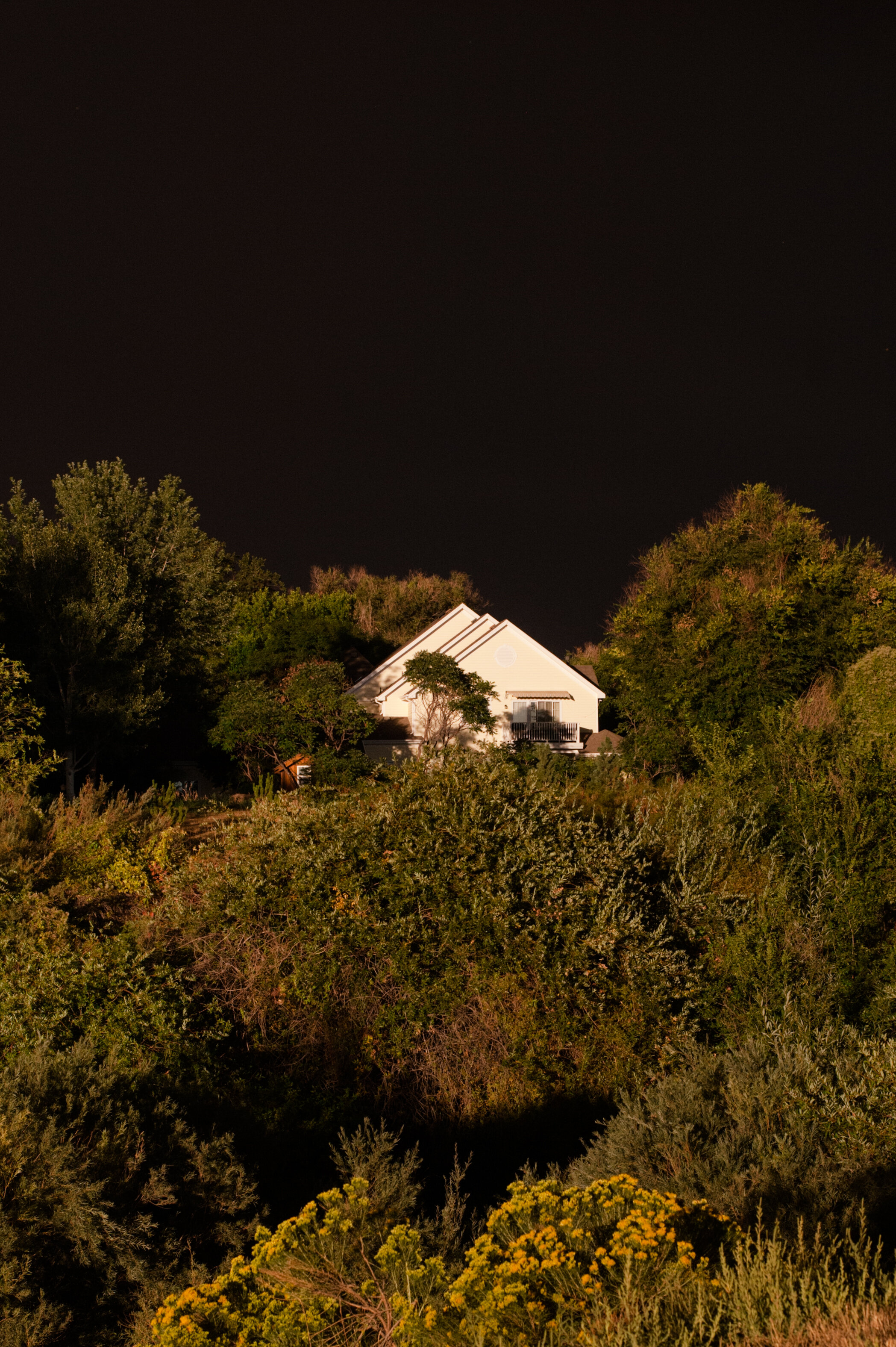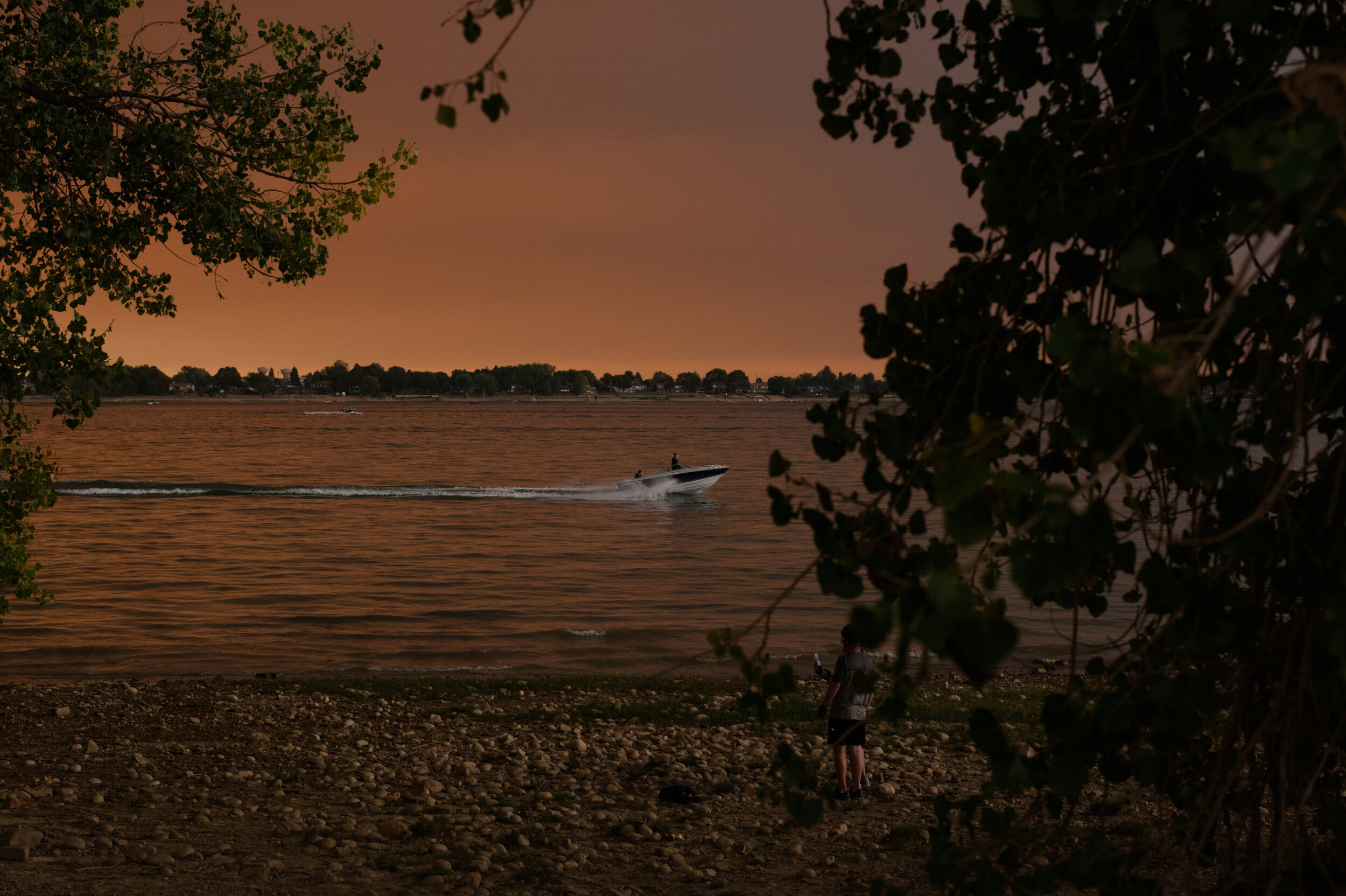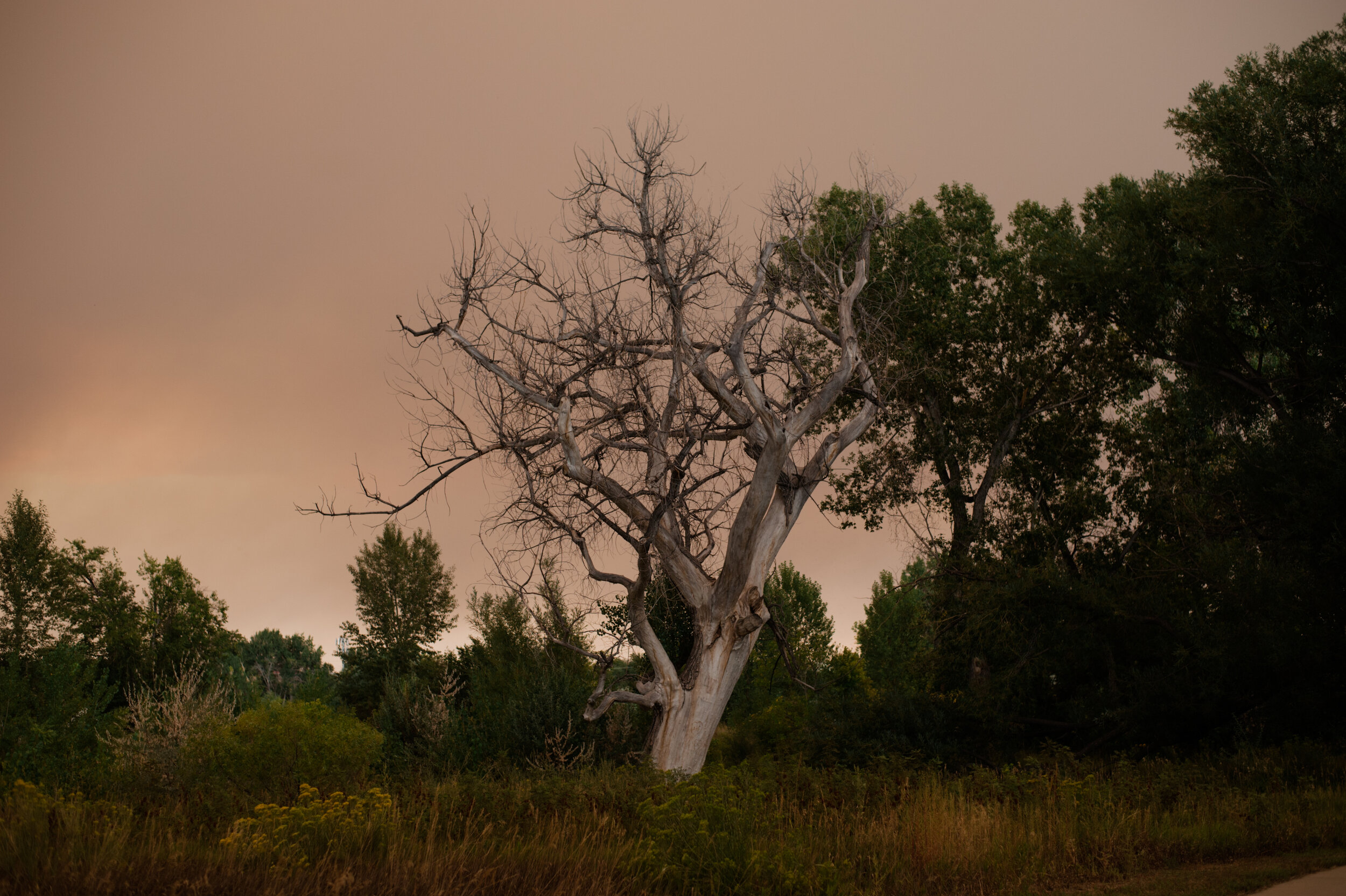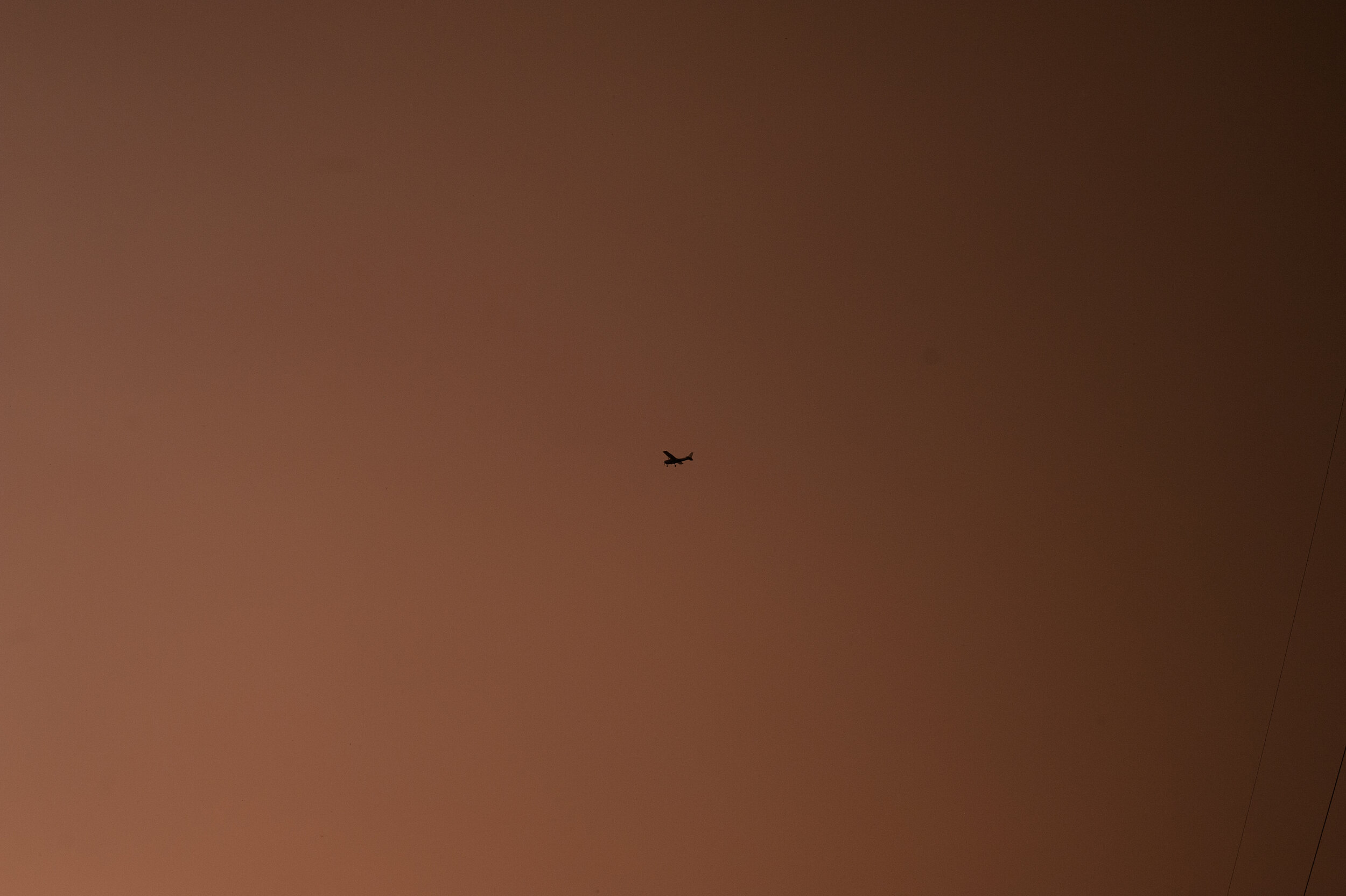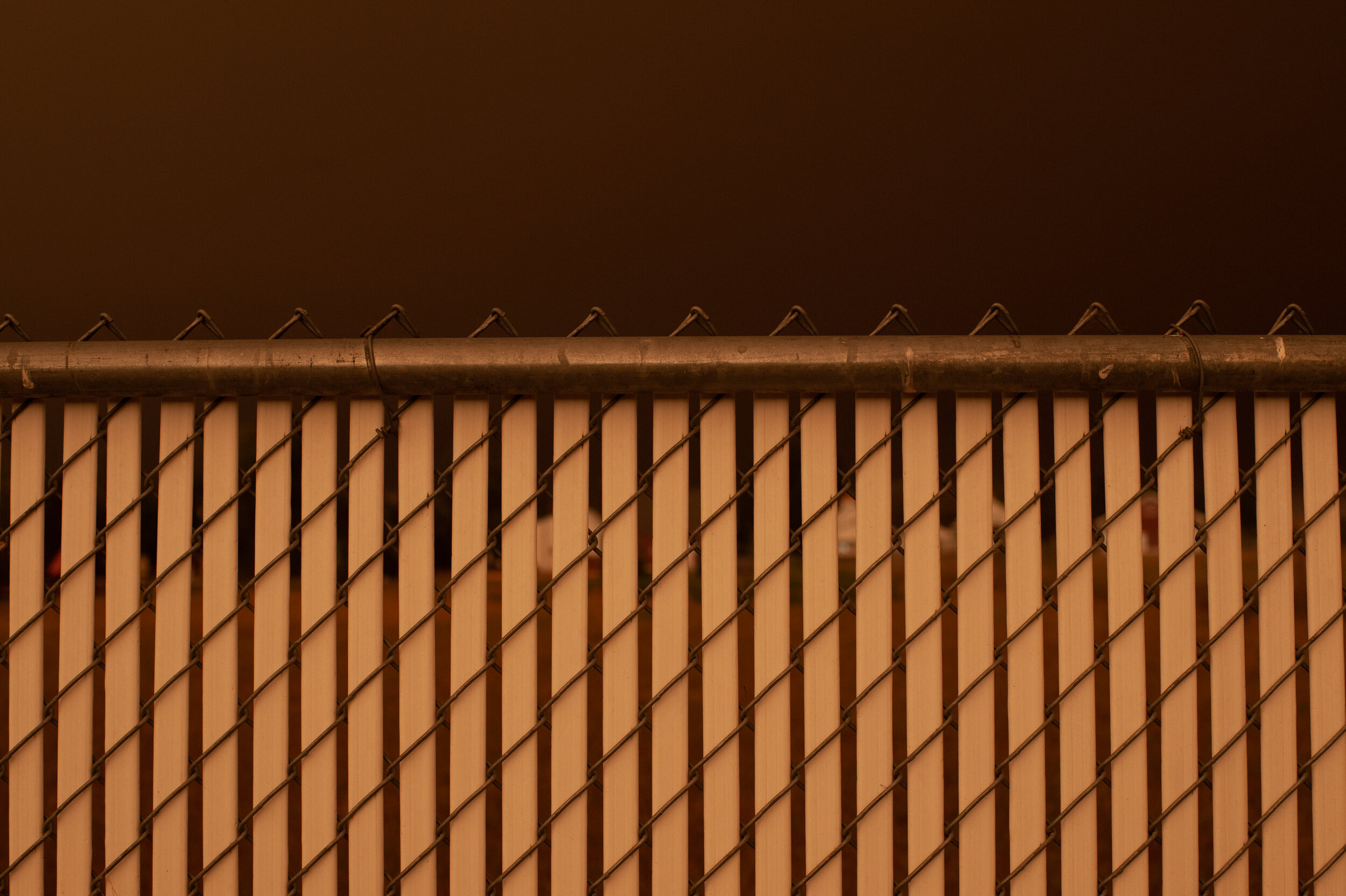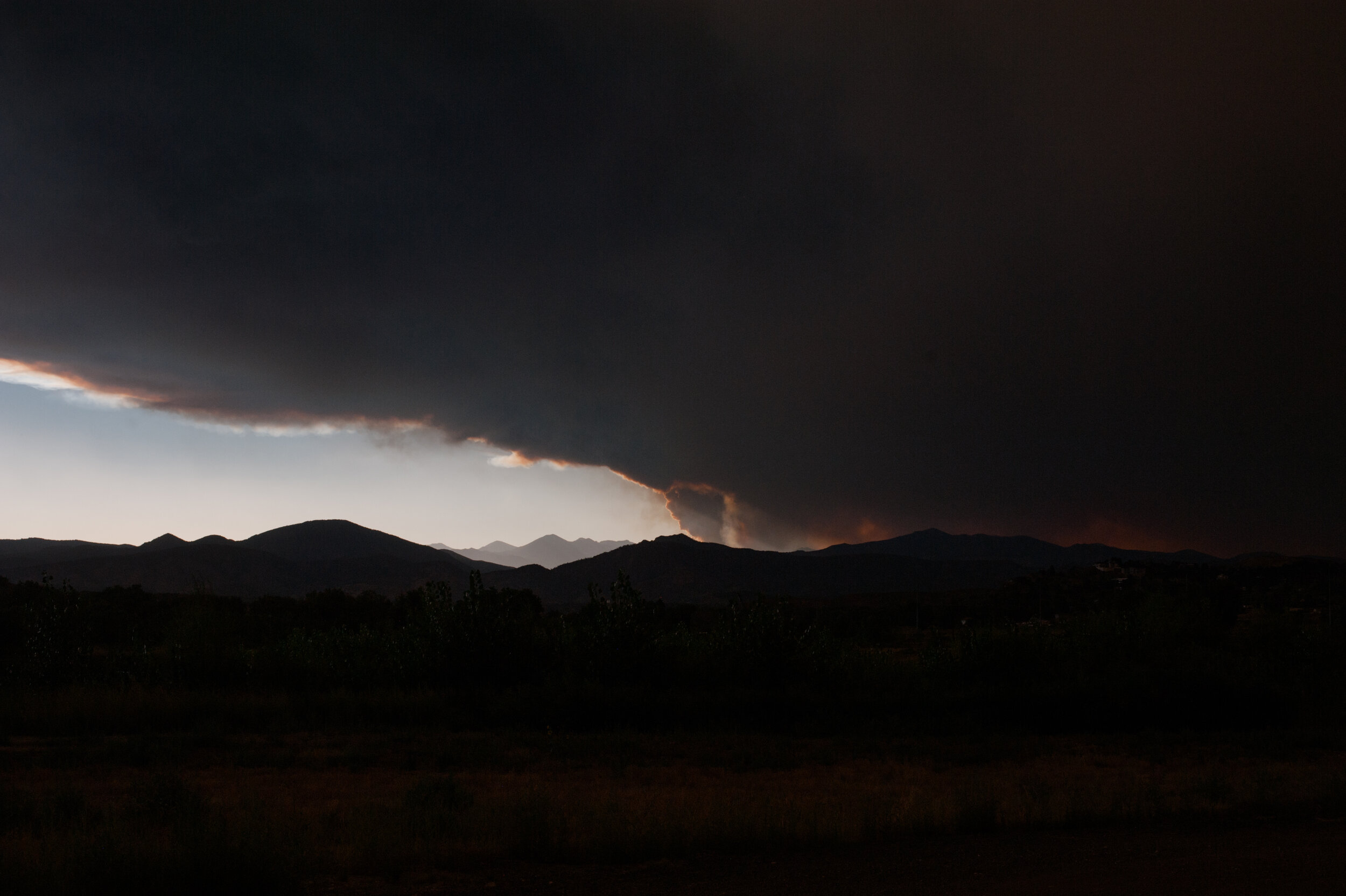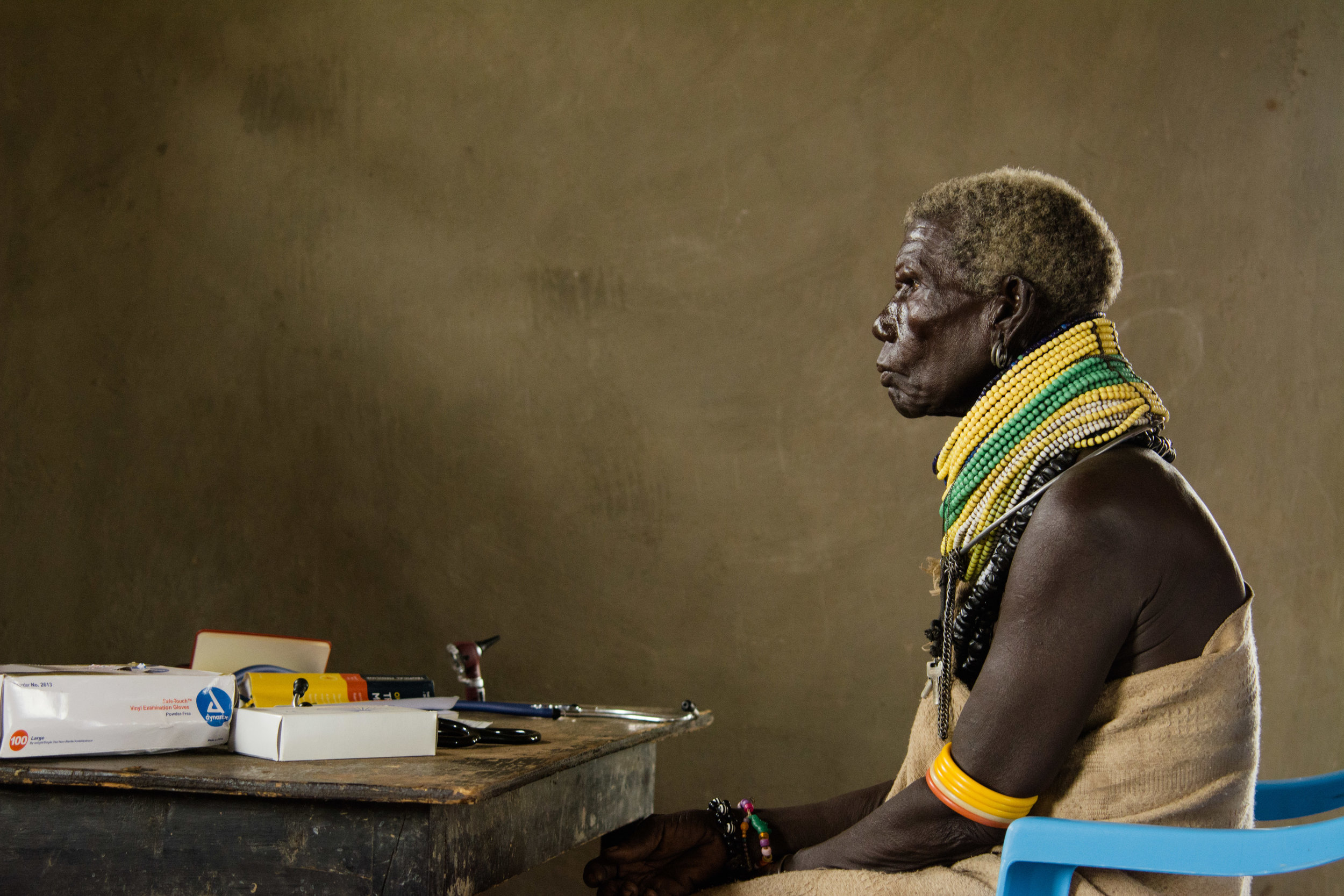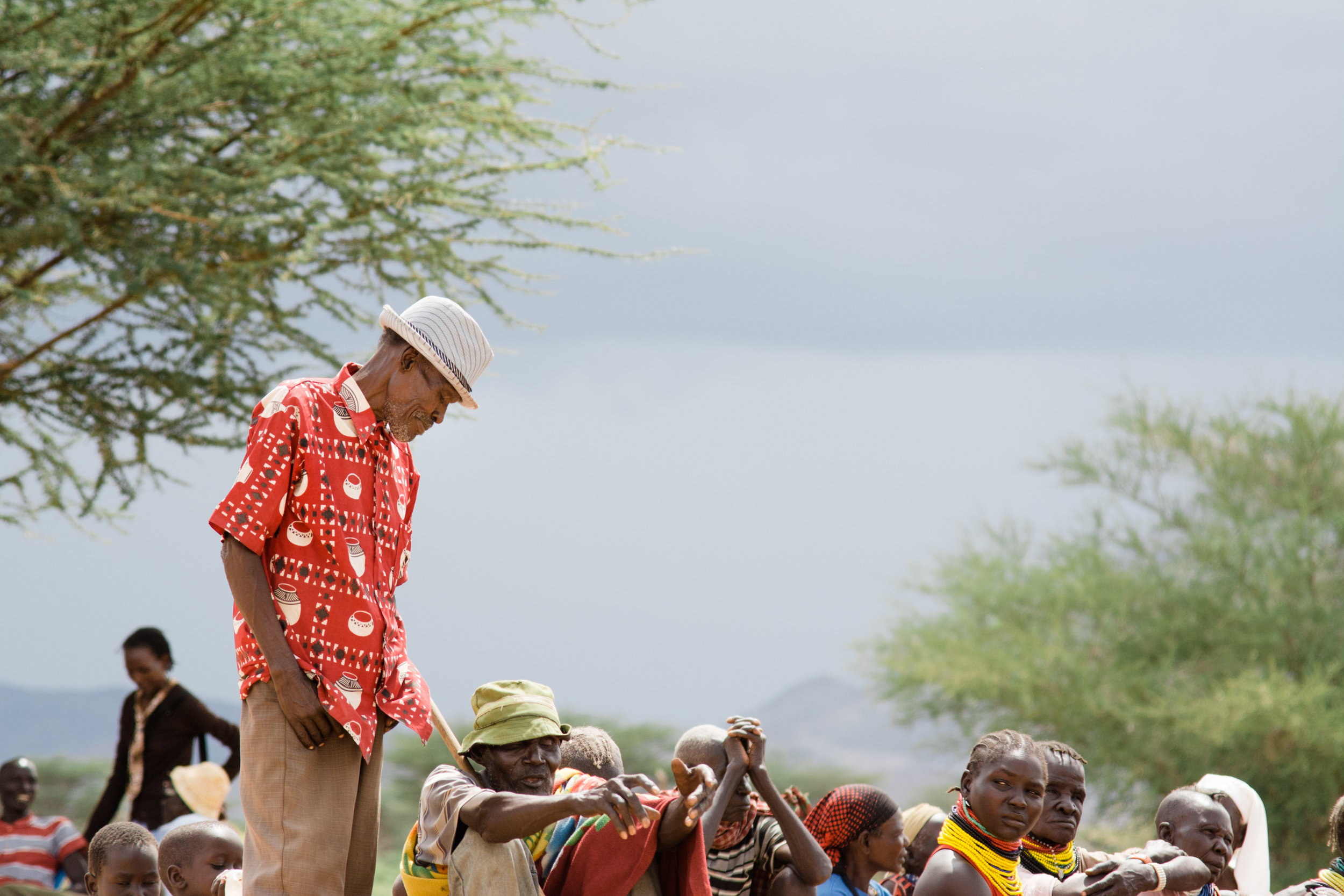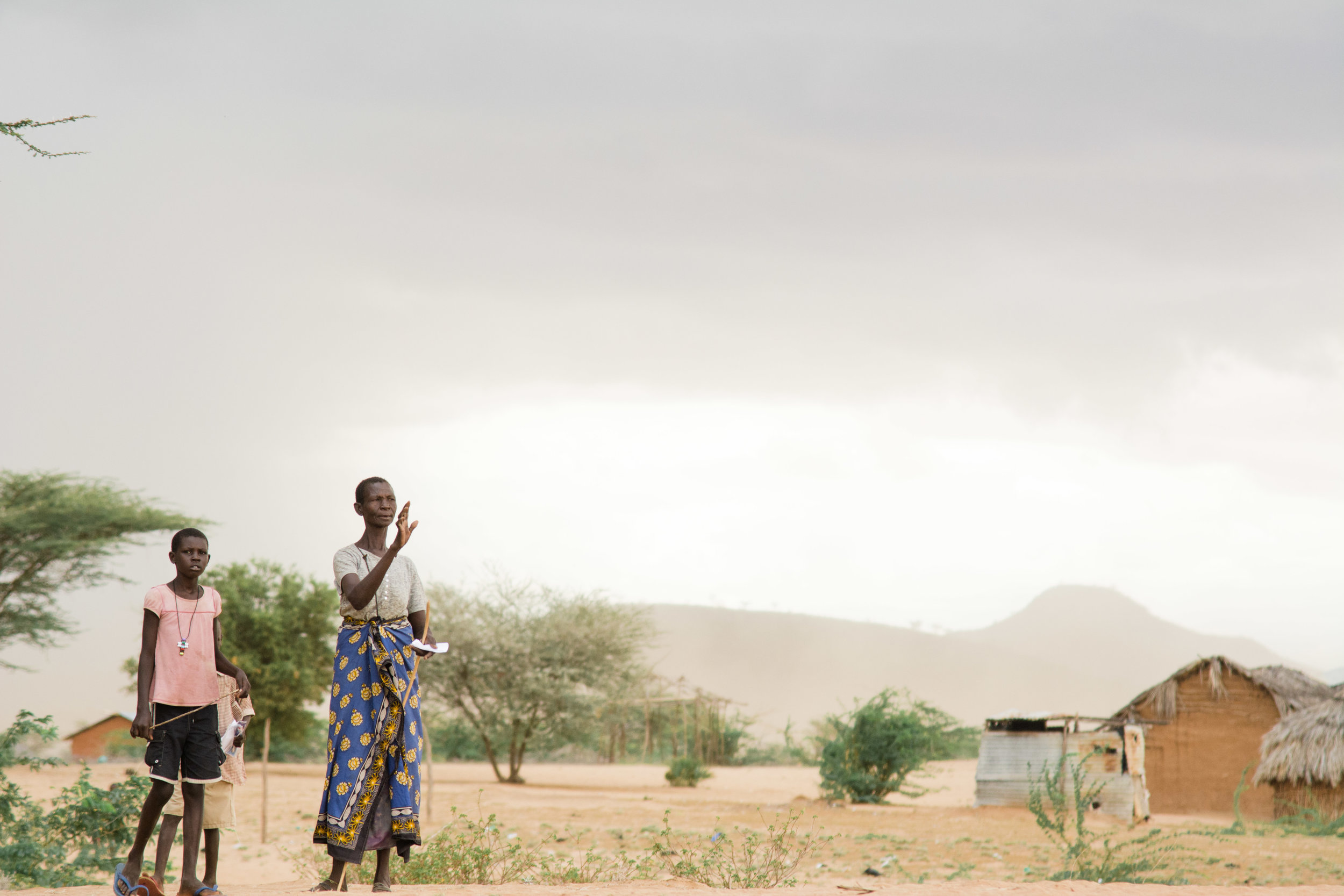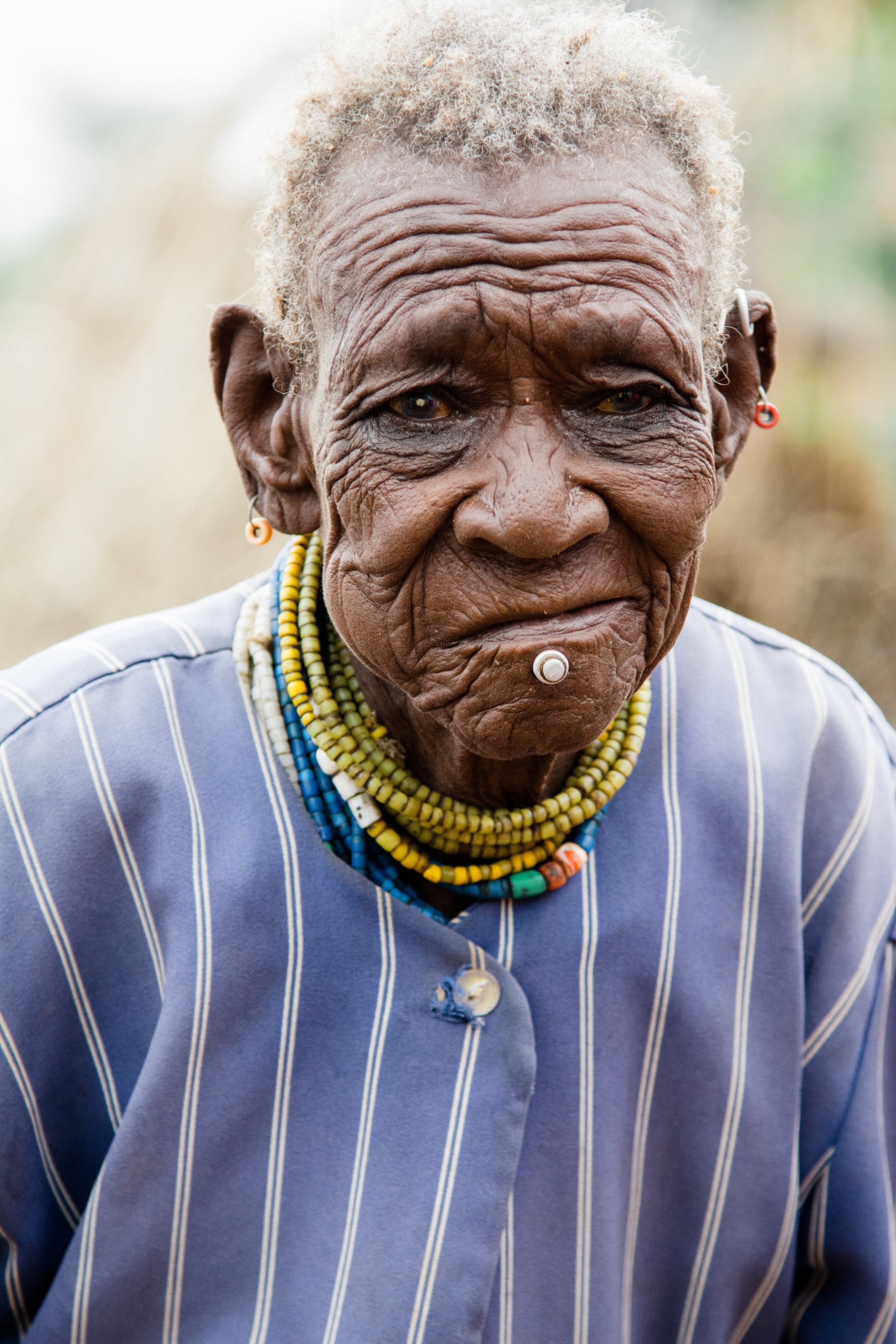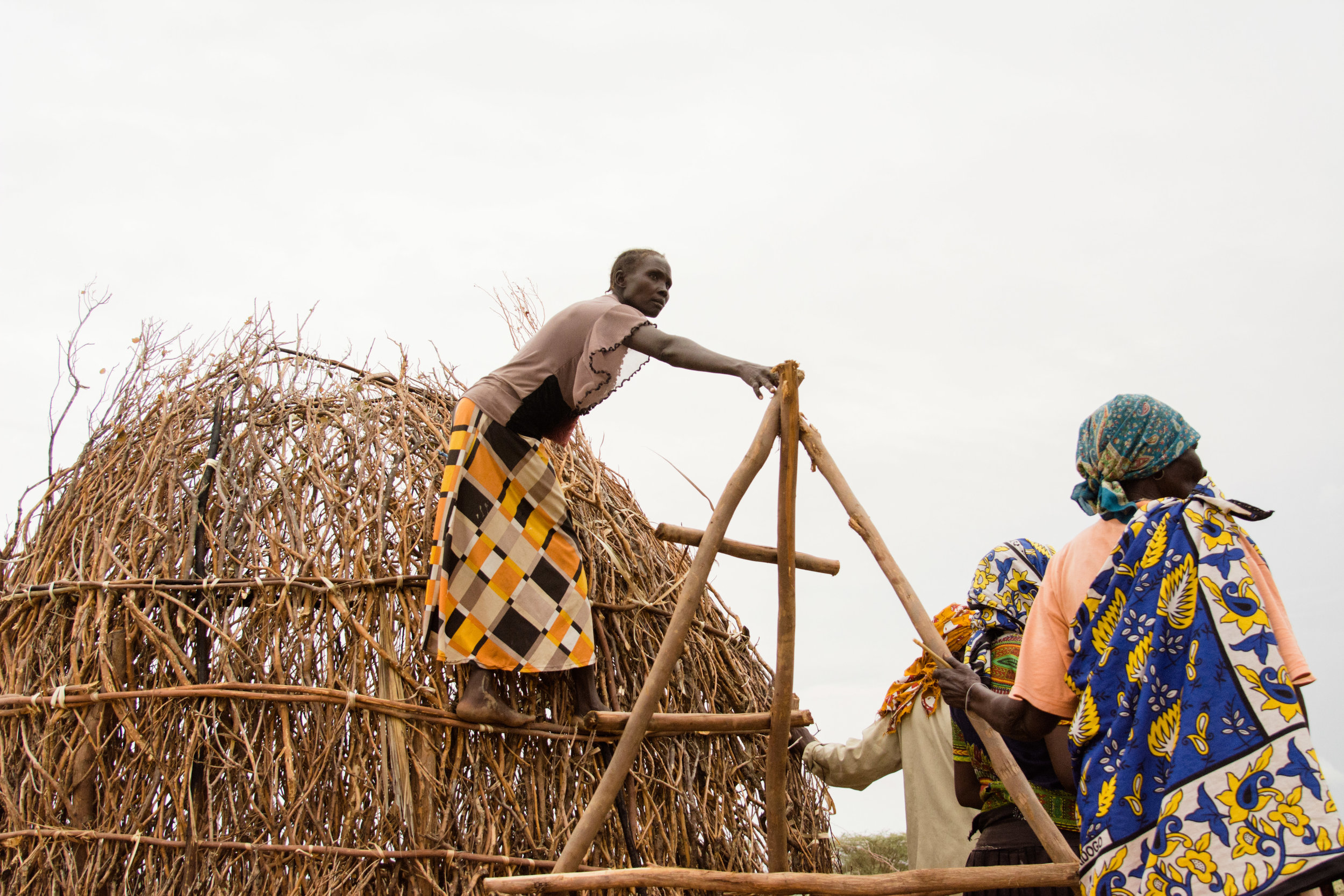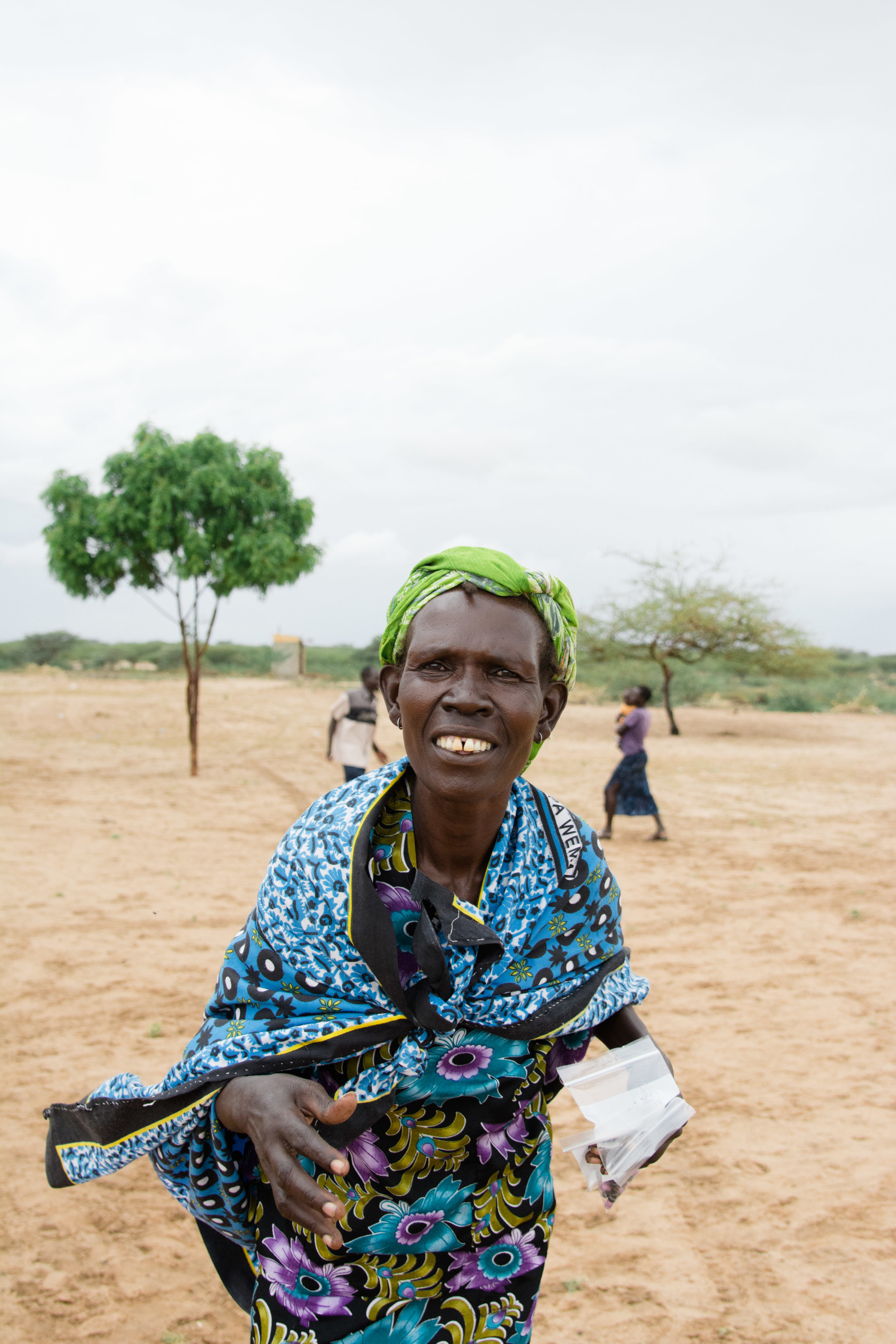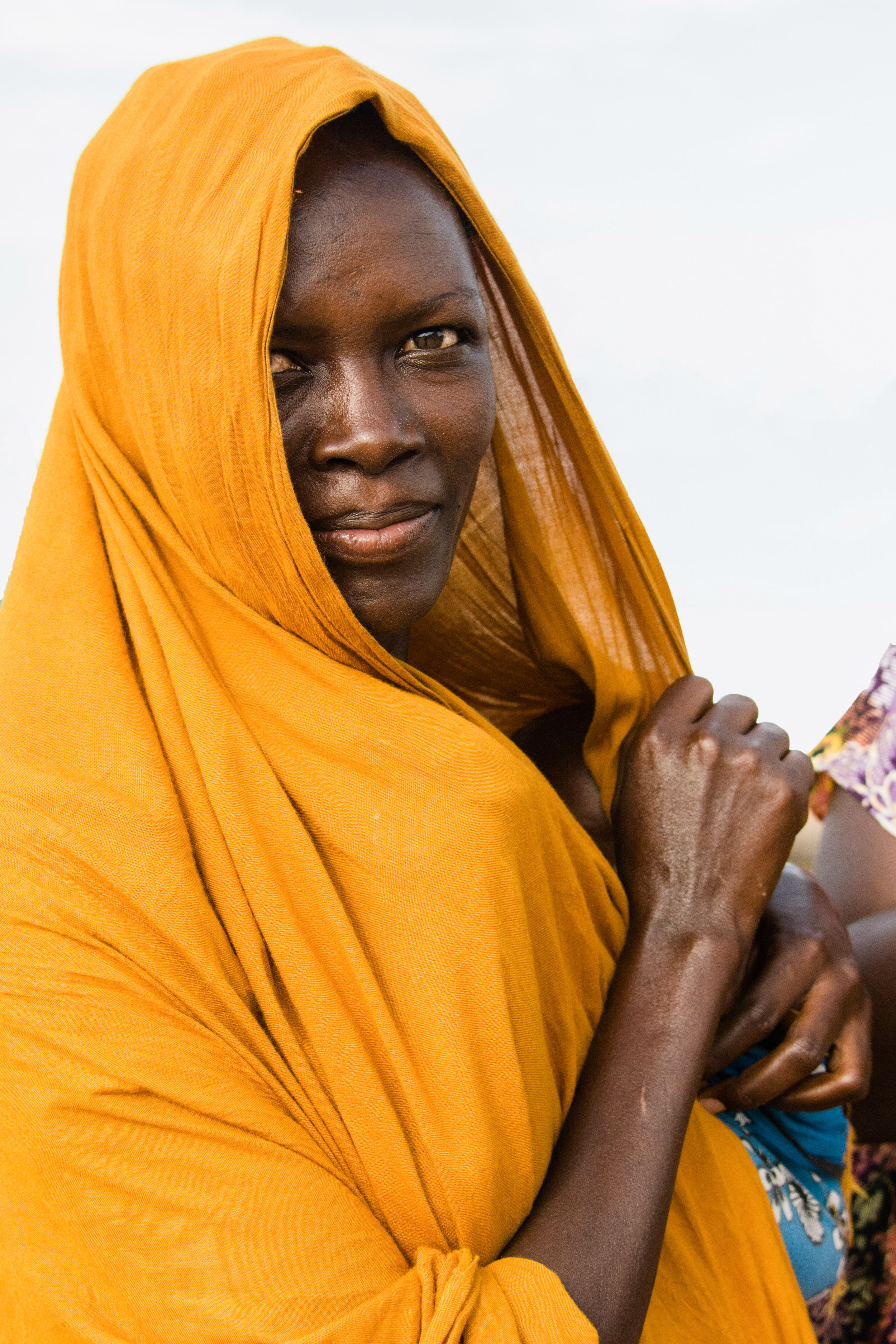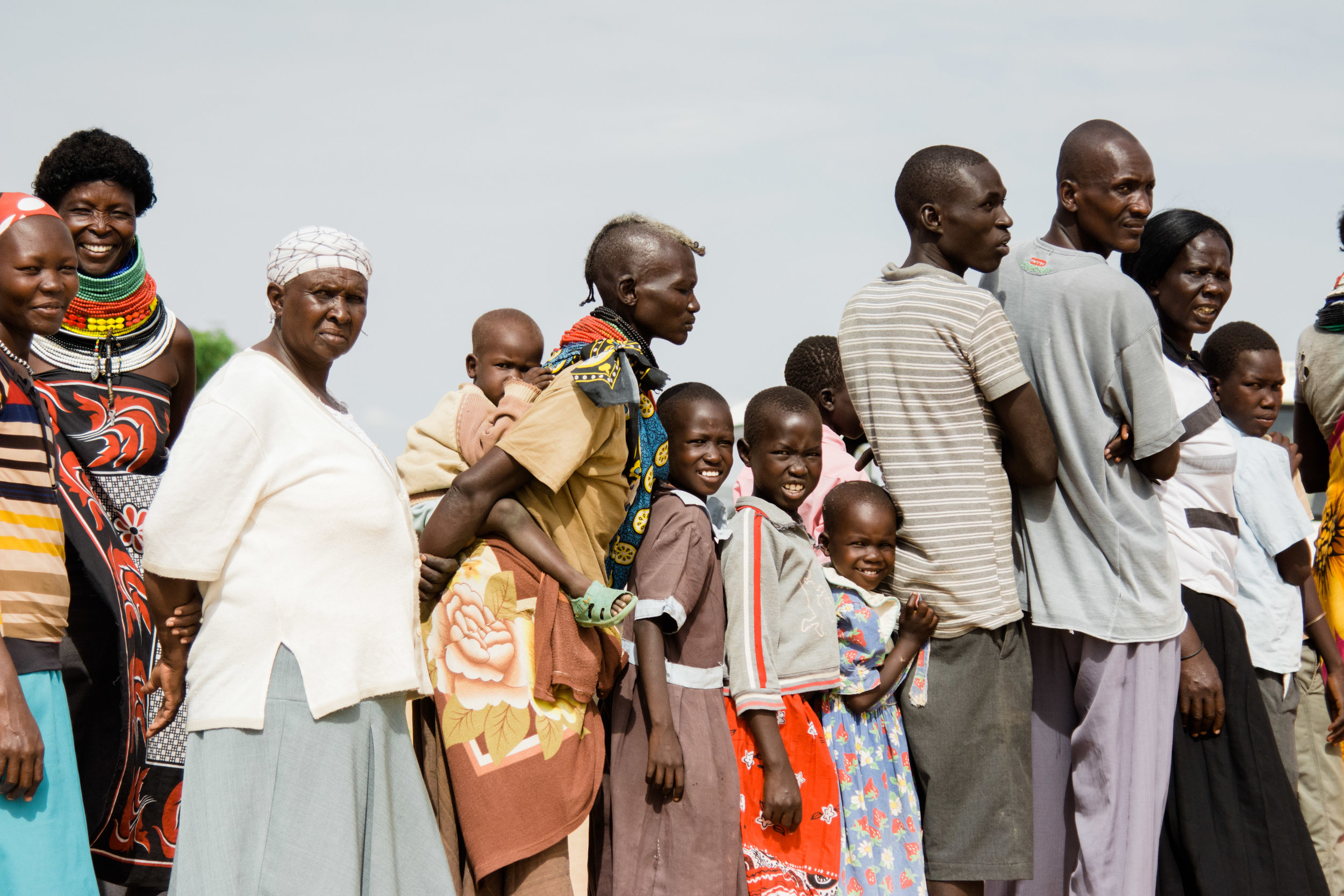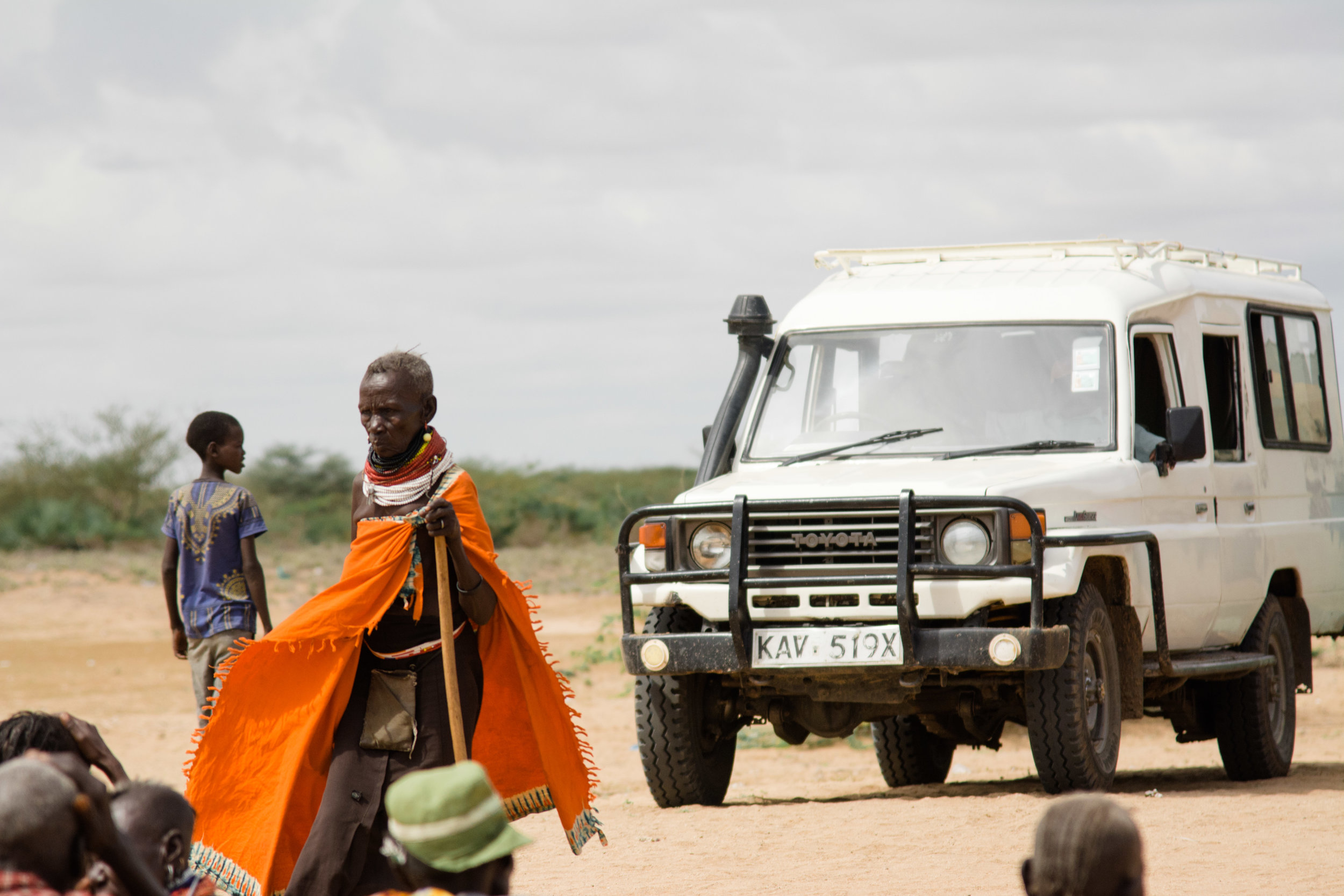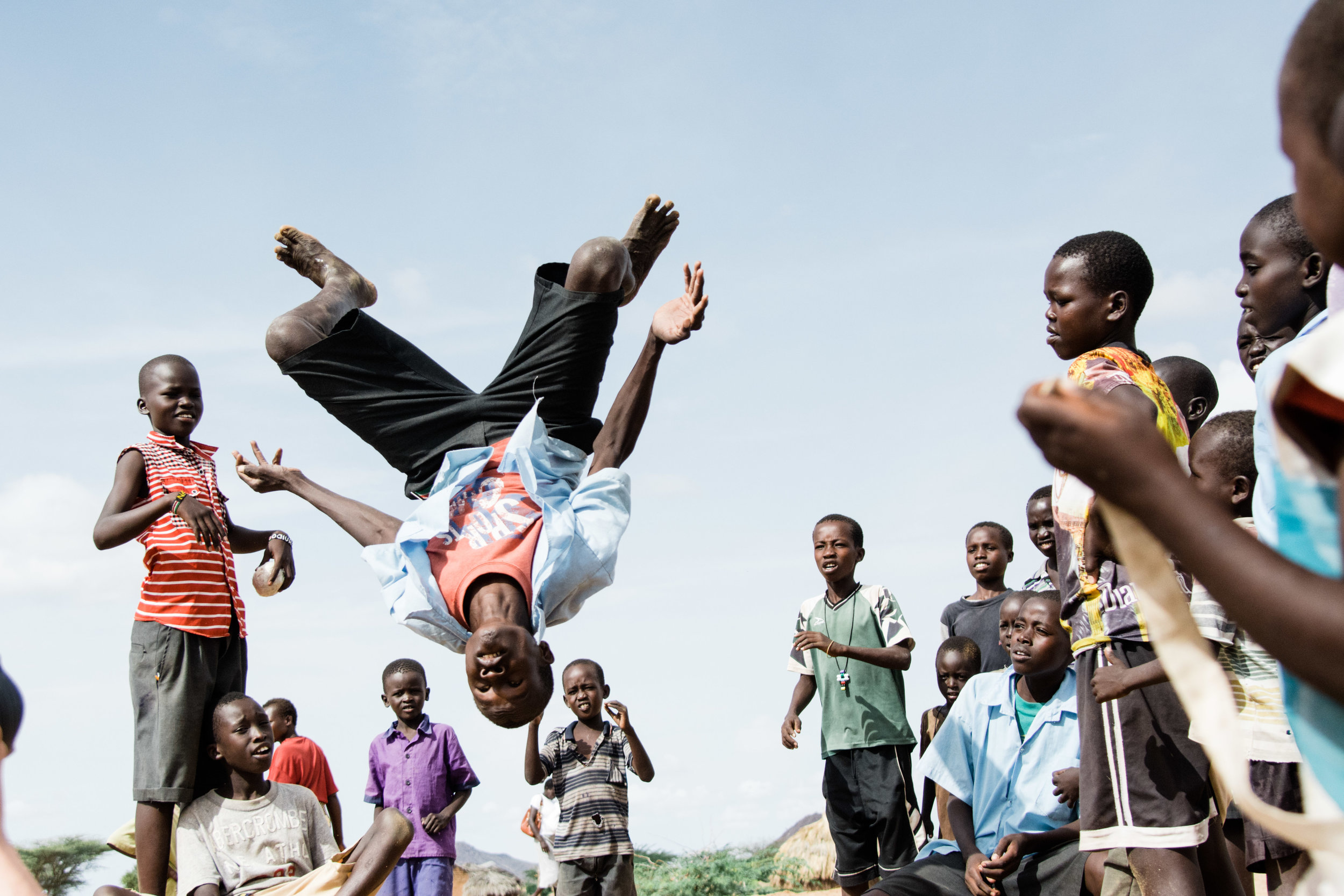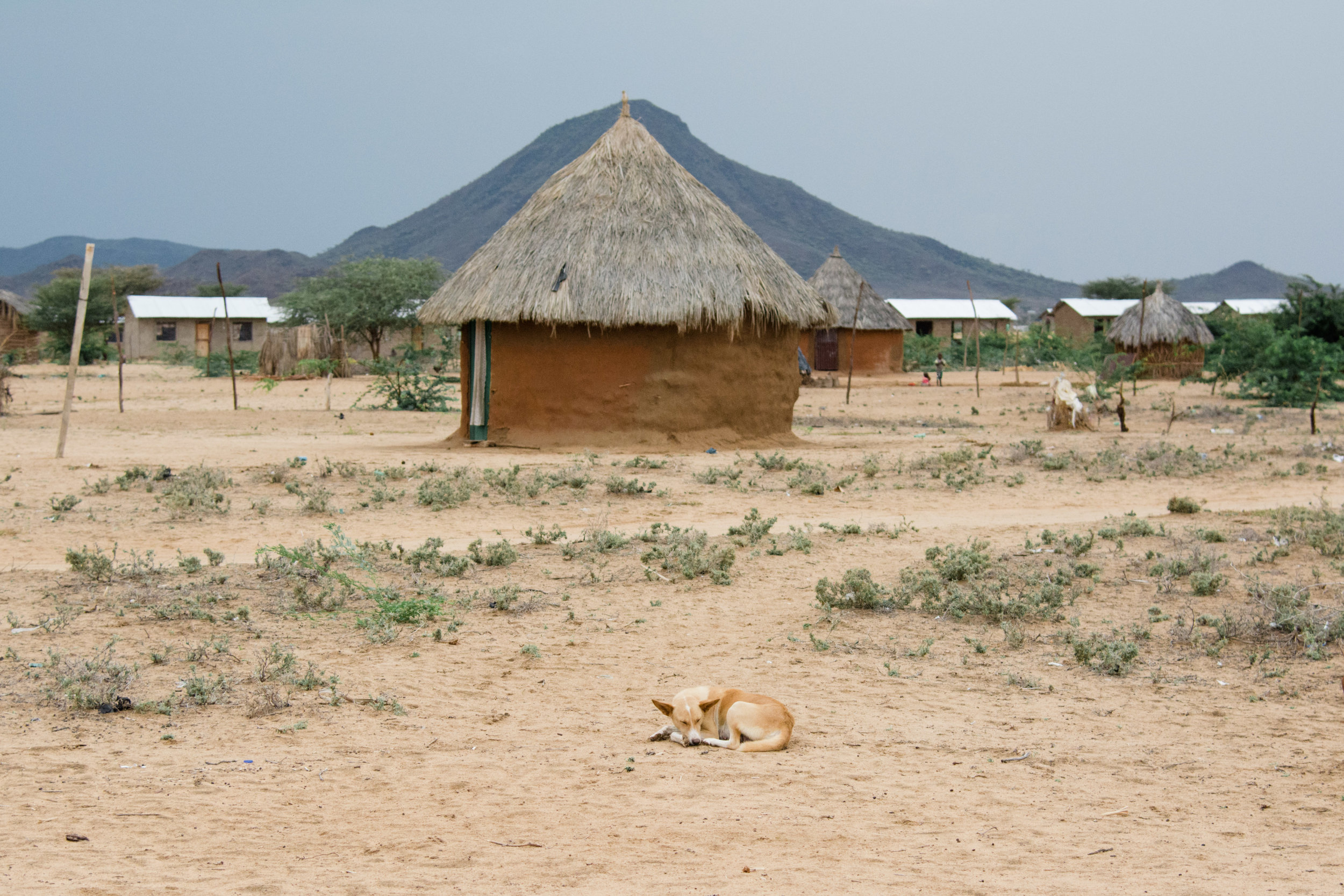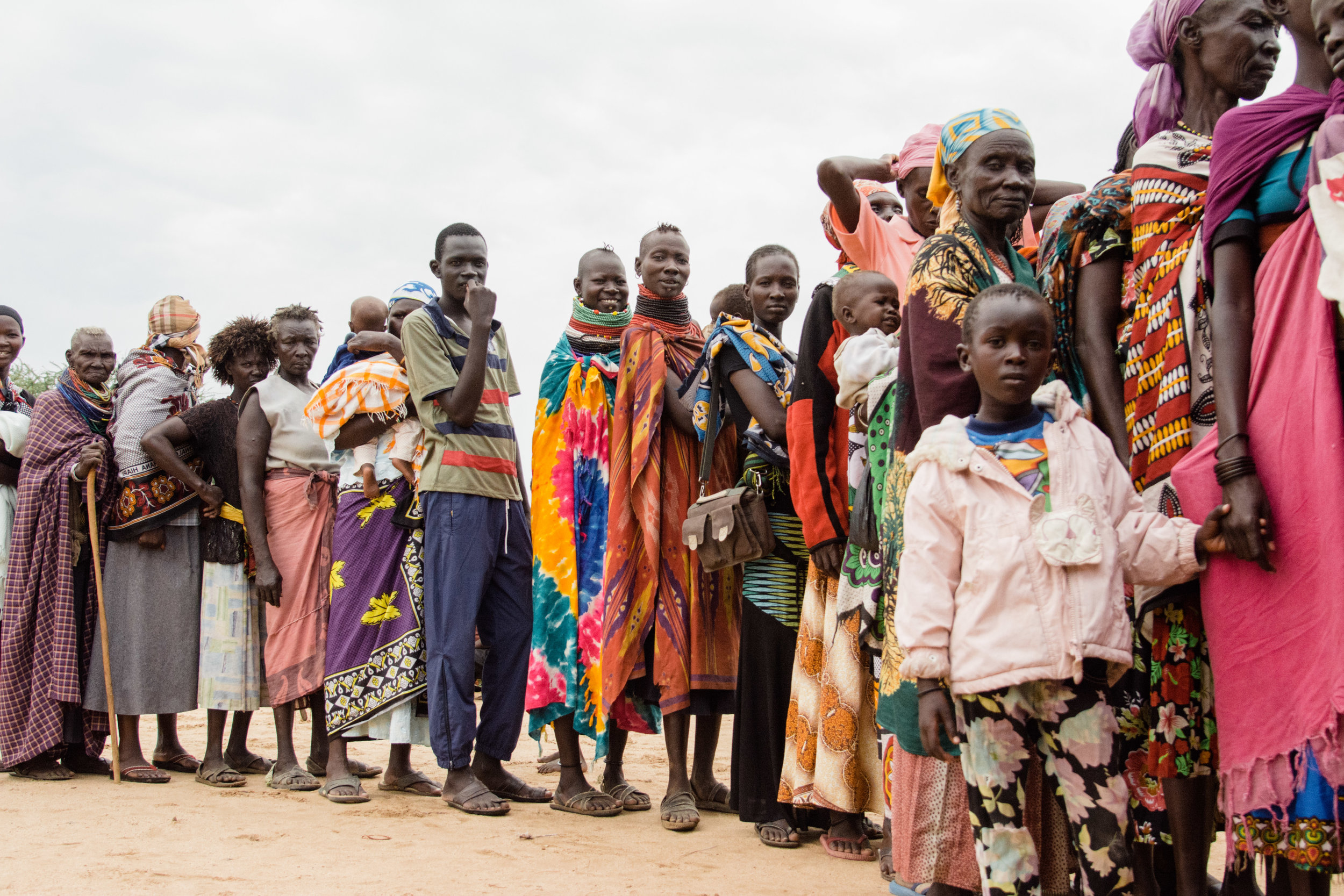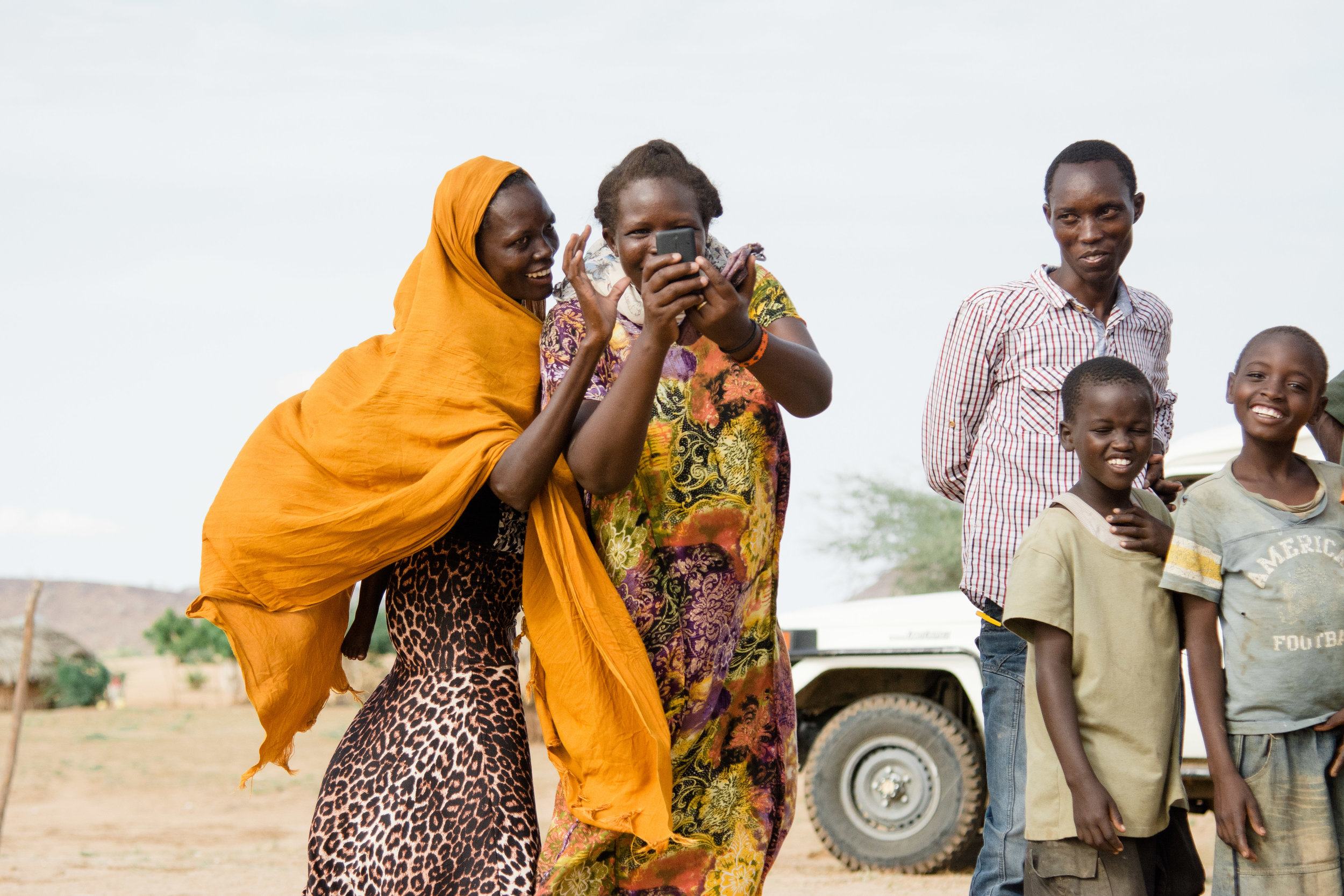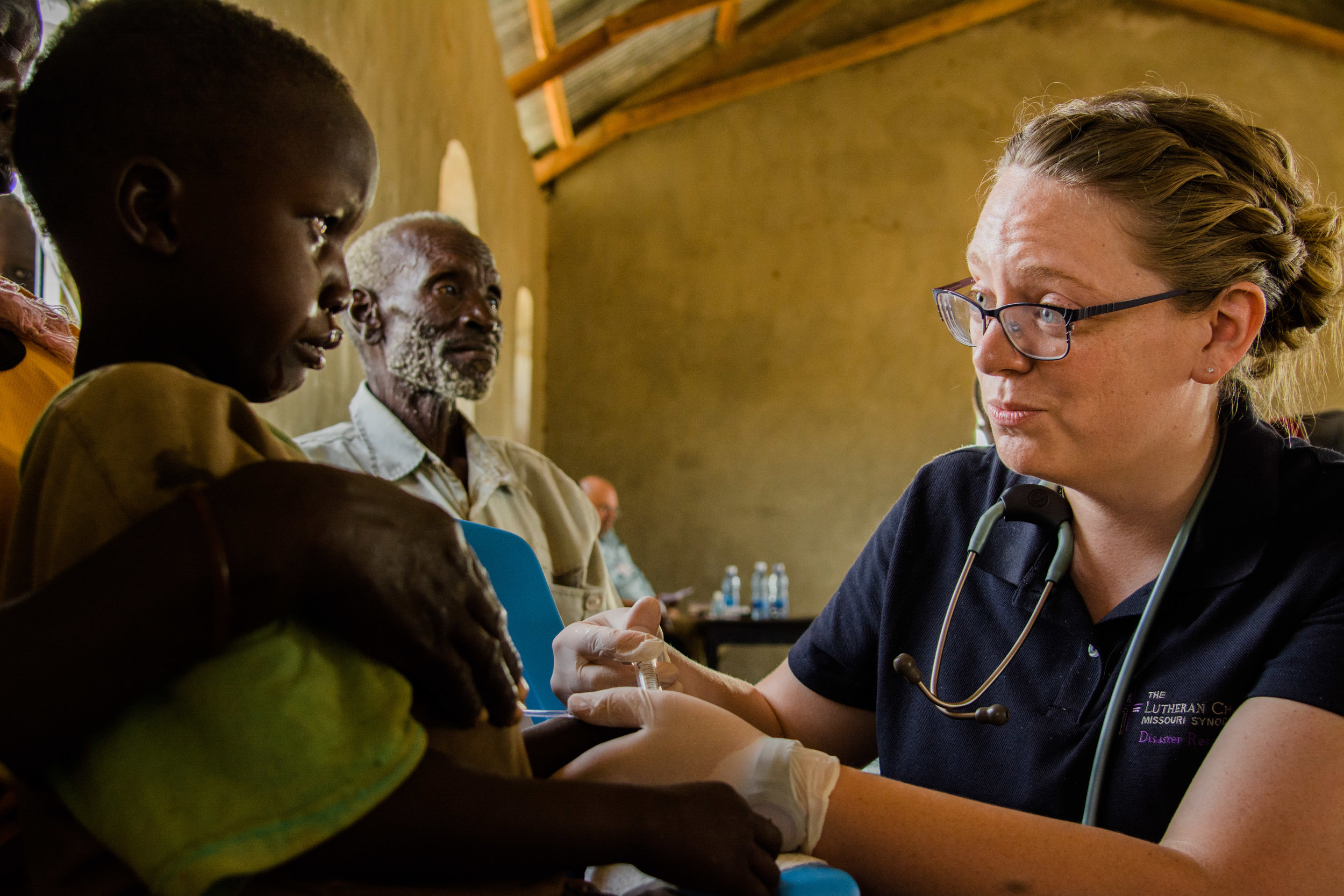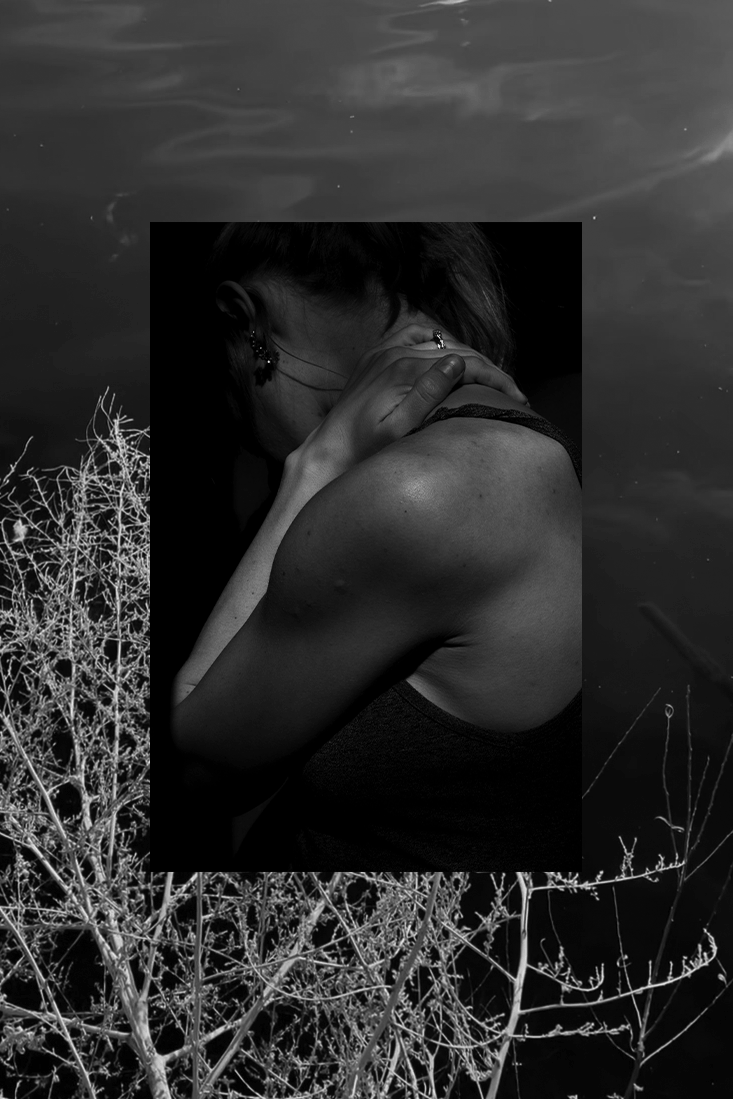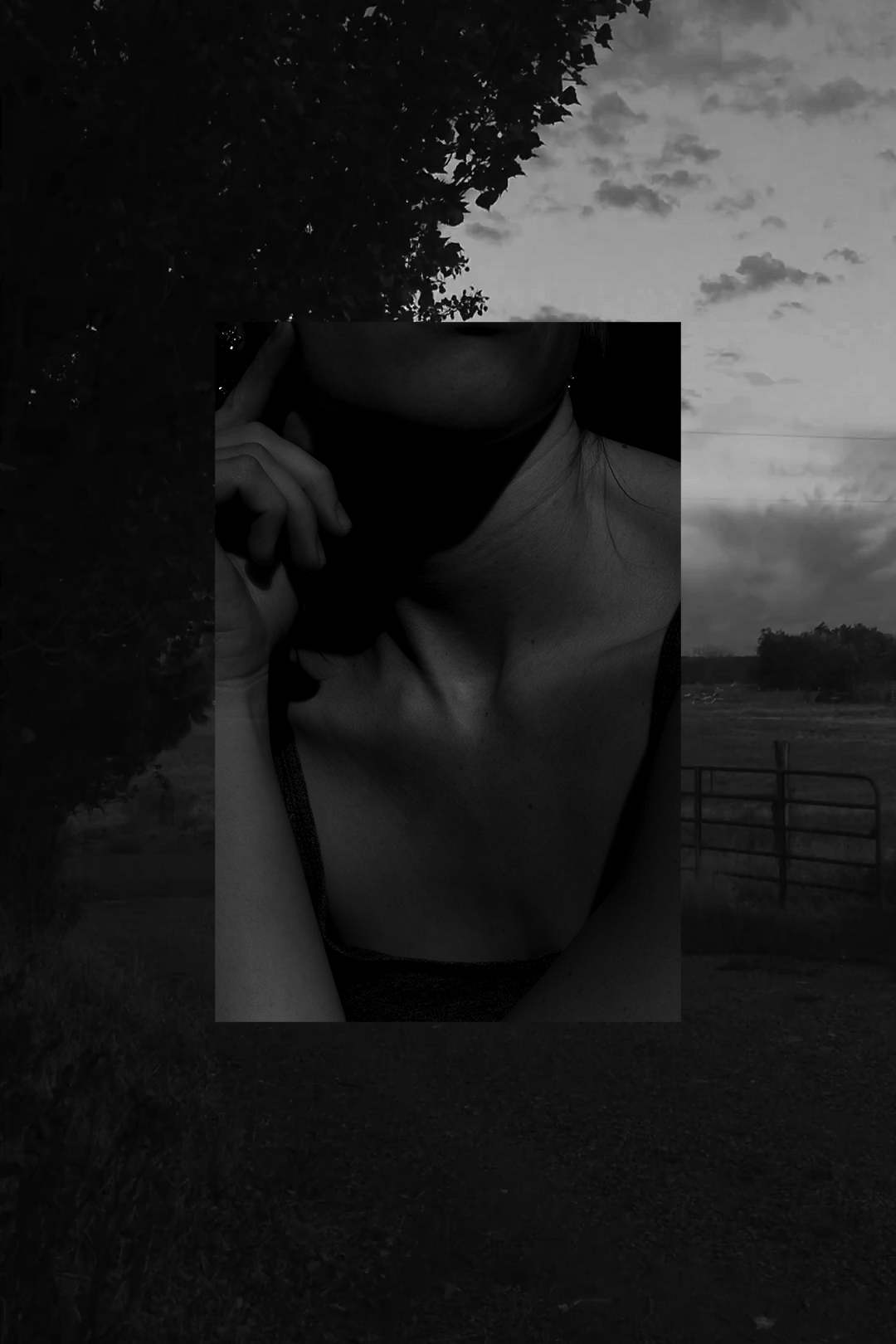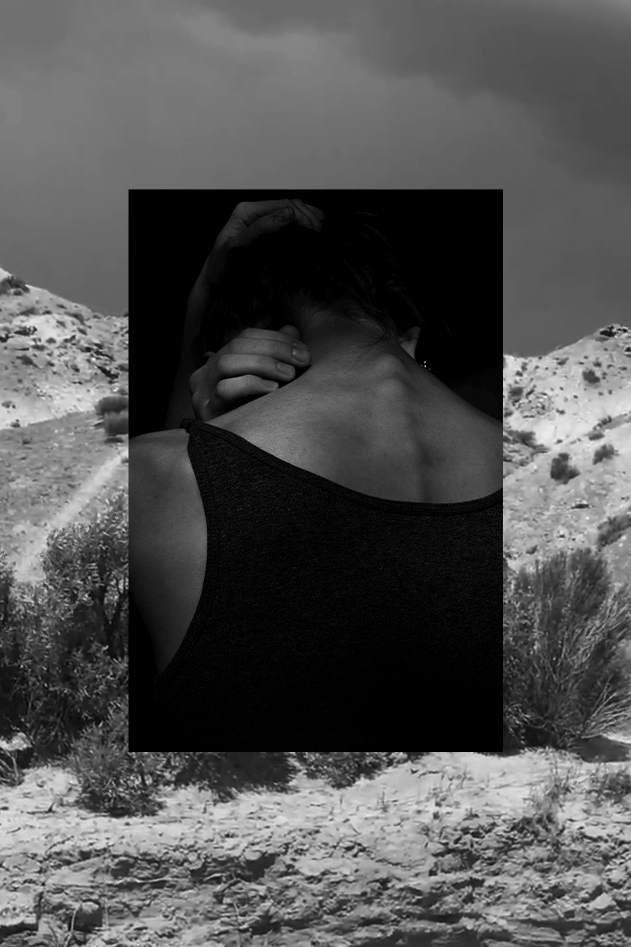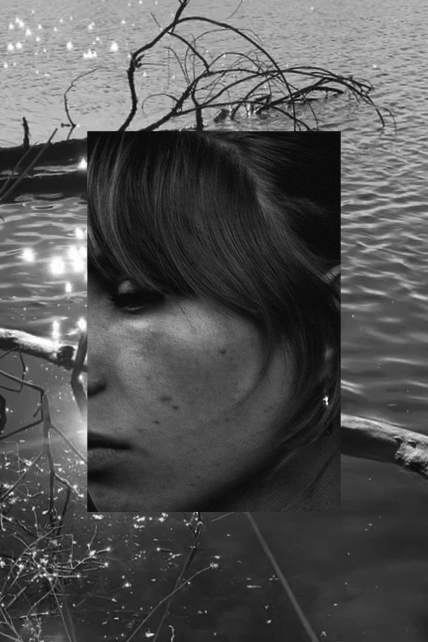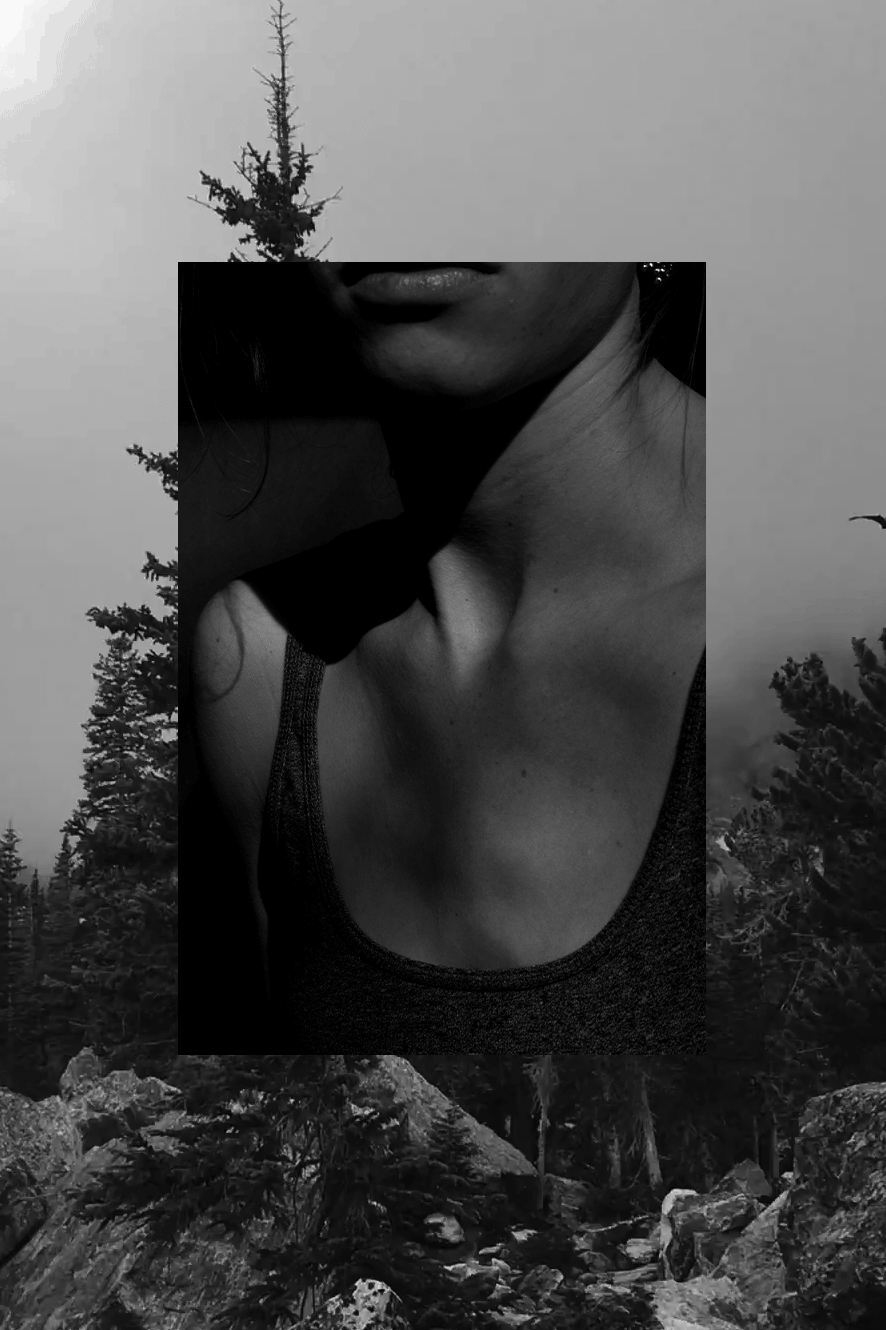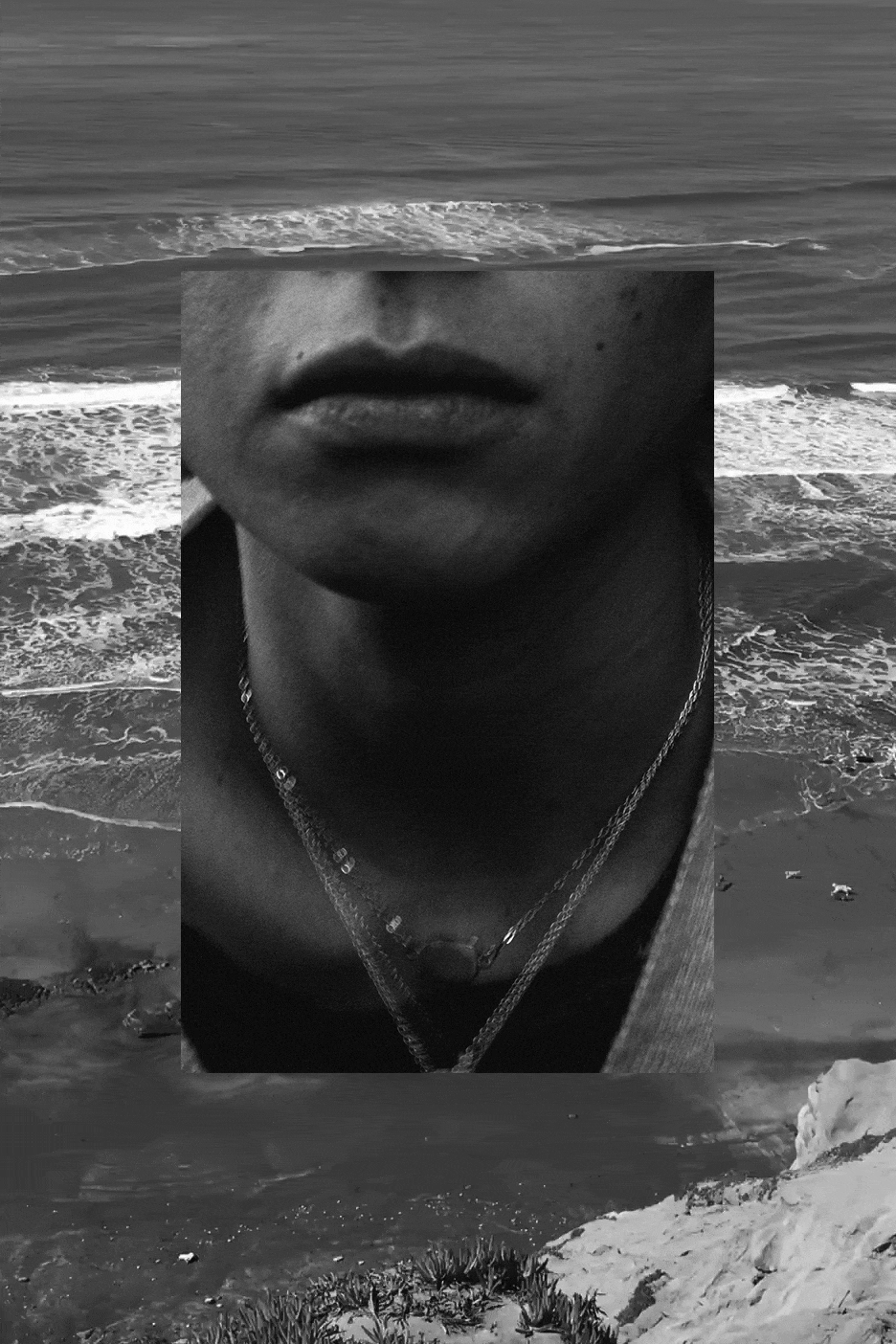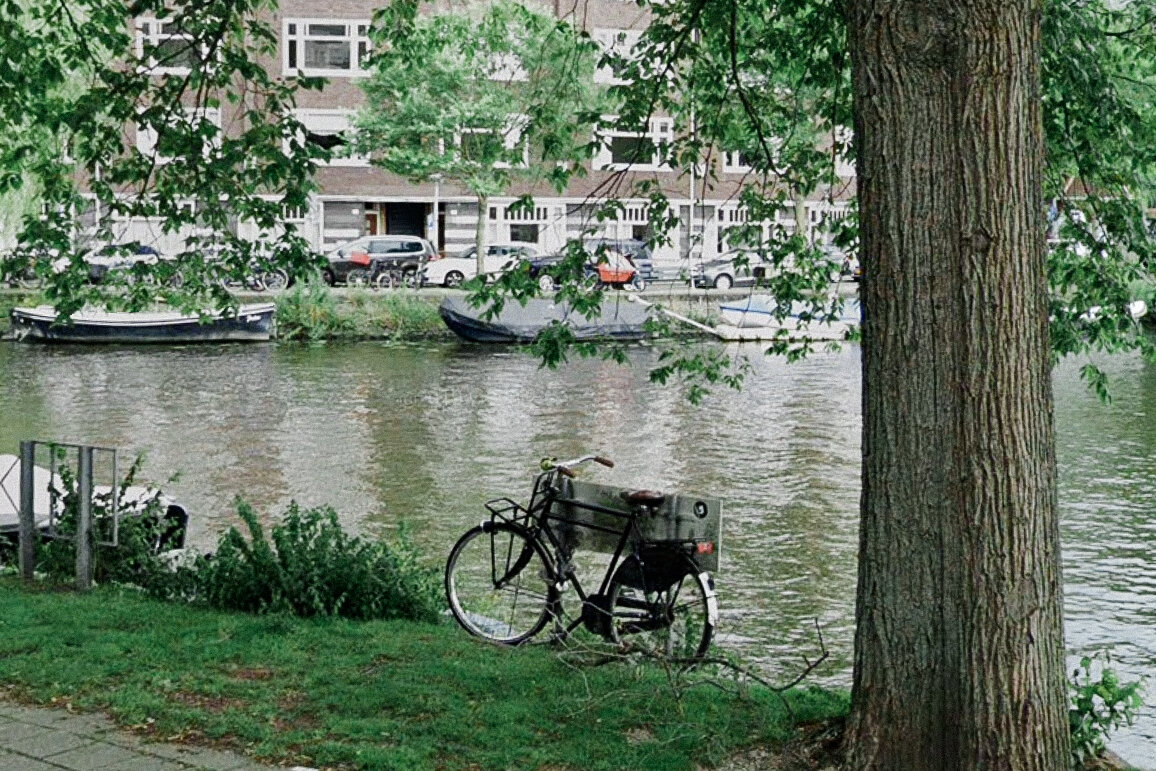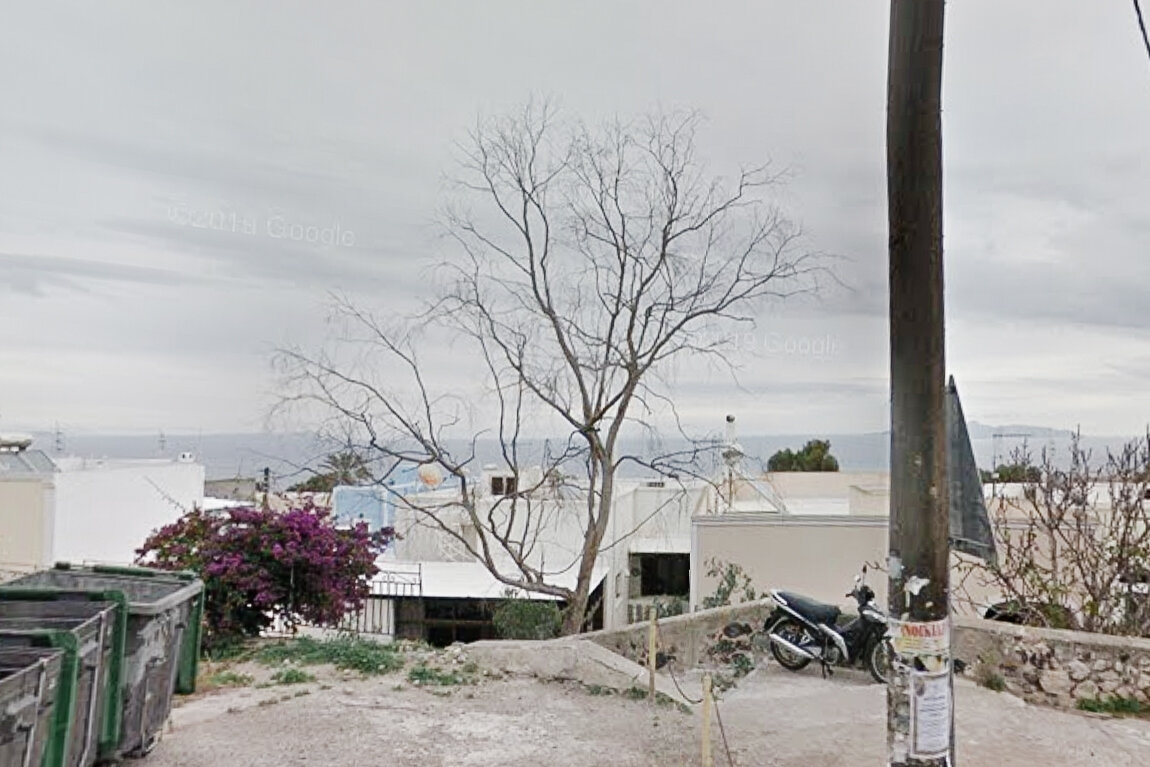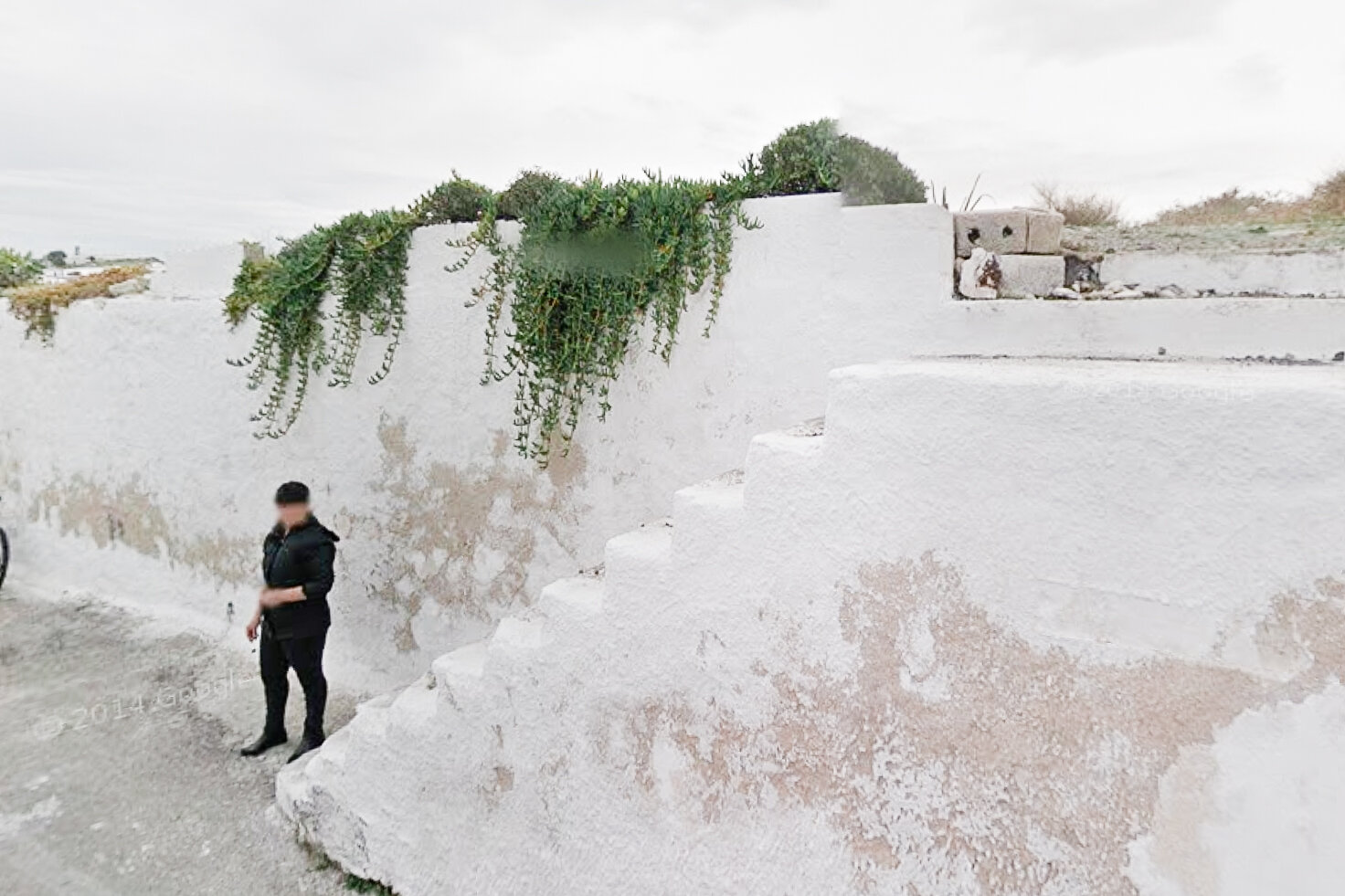
Living Room Window
During lockdown, my living room window was my only portal to the world. Living Room Window is a quiet, meditative portrait of the street on which I live.
The Last Voicemail
press play
I’m intrigued by the things left behind by those departed.
Scattered like ashes at the end every life are tangible artifacts that serve as proof of an existence, vestiges for us to clutch close, like a voicemail so vivid it makes you, just for a moment, question reality. How can they be here one day and gone the next? The audio in this video is one of the last messages I received from my grandmother before she passed away in February 2020. She felt most at home near the ocean.
A Portrait of Mozambique
It takes a long time to
get to Villa de Sena, Mozambique.
If, like me, you live in the United States, you first have to get to Africa. This is no easy trek—in my case, traveling to Nairobi is a laborious 30-hour journey by plane, train, and automobile. From Nairobi, you spend another day airborne until you reach Beira, Mozambique. From Beira, it is a slow, arduous 12-hour train ride until the screeching halt of brakes signals that you have finally, finally arrived in Sena.
You might step off the train into the dust of central Mozambique without any real idea of what to expect. After all, the only things you have been given beforehand are plane and train tickets, a few brief emails advising what to pack, and instructions to photograph the trip. When you arrive in Sena, it is dark, night having fallen five hours prior, and forty seminarians and pastors greet you with singing and dancing. You shake each of their calloused hands afterwards, one by one, and it is not until the next morning that the layers of mystery slowly begin to peel back.
First, you are warned not to get too close to the Zambezi river because it is home to crocodiles, hippos, and other unseemly snaking and slithering things. With a significant look, you’re told that it's not uncommon for people to disappear while fishing or gathering water. You gulp and nod. It seems they have already figured out you're prone to wandering. You also quickly realize that the water in your bathroom is cold river water, but you are thankful that there is at least a shower head. The language barrier then presents itself broad and vast, and your first order of business is to learn the Portuguese word for "thank you" (it’s obrigado). It might set in then how far away from home you are—think of how long it took to travel here!—but somehow you don’t mind.
Armageddon
Here is a truth: the earth is burning. Here is another truth: we are still here.
Armageddon is a biblical concept, the name of the place where the last battle between good and evil will be fought. With their greedy licking flamed tongues and rancid smoke plumed fingers the wildfires are raging apocalyptic monsters—and yet here we remain, soft creatures who beneath unholy skies want nothing more than a juicy hunk of watermelon and a spray of lake water. Isn’t it easy to believe Armageddon is here, now?
Mercy Medical Team in Turkana, Kenya
When flying from Nairobi to Lodwar, Turkana, the landscape swiftly morphs from lush green hills to rocky, sandy desert.
Hot air slaps you in the face as you deplane and head to airport, scarcely more than a landing strip. After collecting my luggage and declining the offer of transportation from two young German men, I was picked up in an old Land Cruiser and ushered to the site of the clinic in the small village of Nataparkakono.
When I arrived, a thunderstorm storm began to roll in over the mountains and everyone smiled at me and thanked me for bringing the rain. As the first droplets began to fall and the wind whipped a beautiful chaos, the broad, dark faces of the patients standing in line split into wide smiles as they hurried to shelter. I ducked inside the calm of church-turned-clinic where American and Kenyan medical professionals worked side by side providing desperately needed health care to the inhabitants of this remote area.
Excuse Me, I Have Work To Do
“I go down to the shore in the morning and depending on the hour the waves are rolling in or moving out, and I say, oh, I am miserable, what shall—what should I do? And the sea says in its lovely voice: Excuse me, I have work to do.”
― Mary Oliver
This series explores how the two forces of nature and biology collide within me. Nature is undulating in its activity, concerned only with carrying out its biological processes—and this is a comfort for a flighty human creature like me. Layering self portraits over moving landscapes was a form of meditation that pays homage to the natural phenomena that have shaped me.
